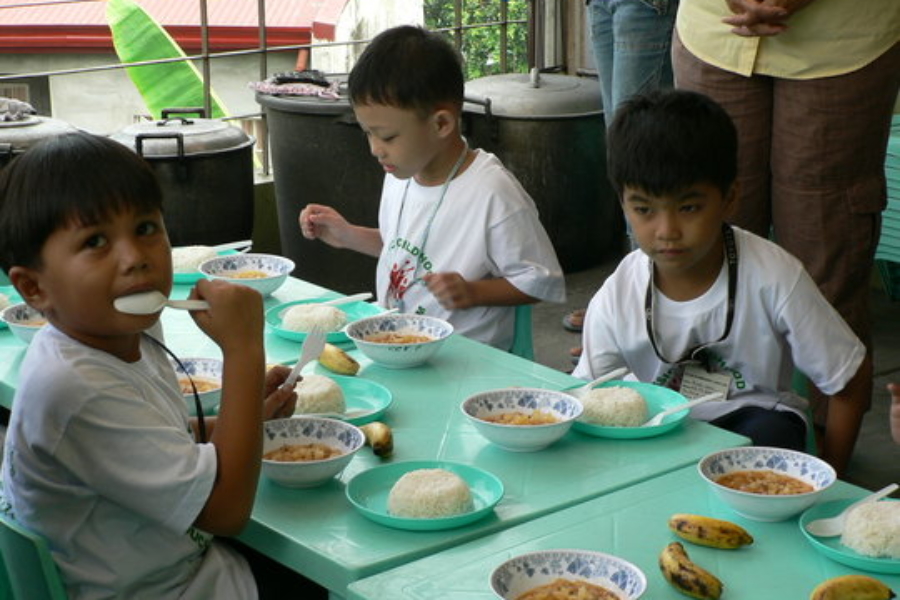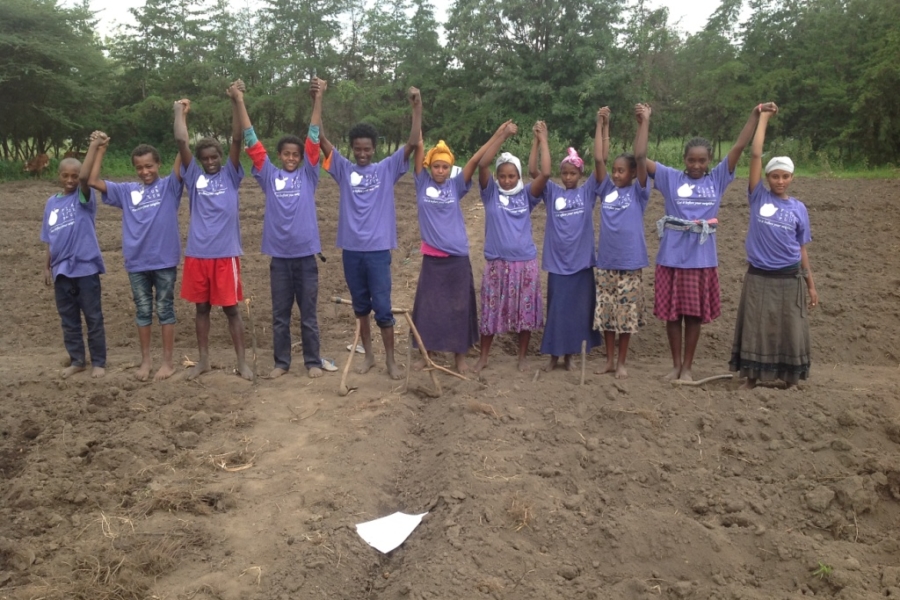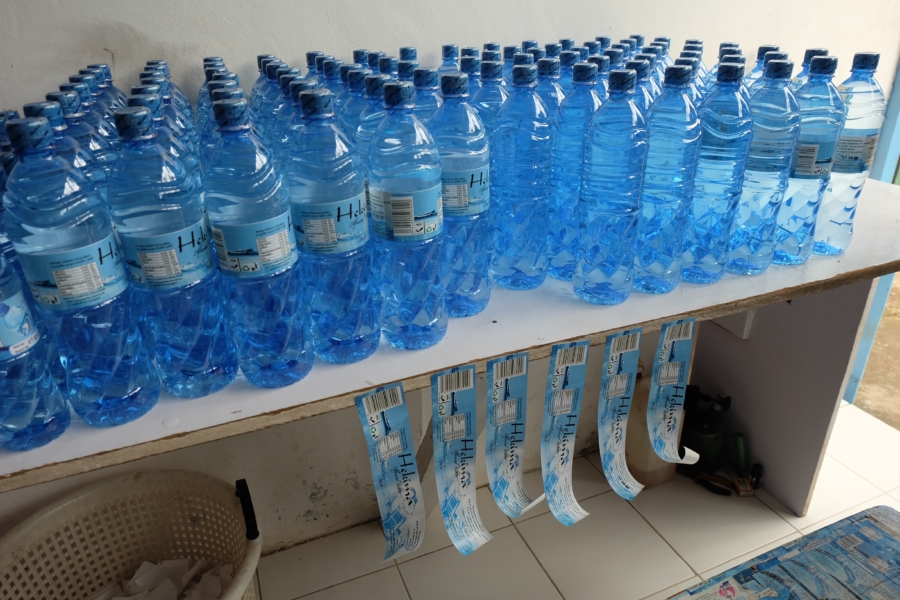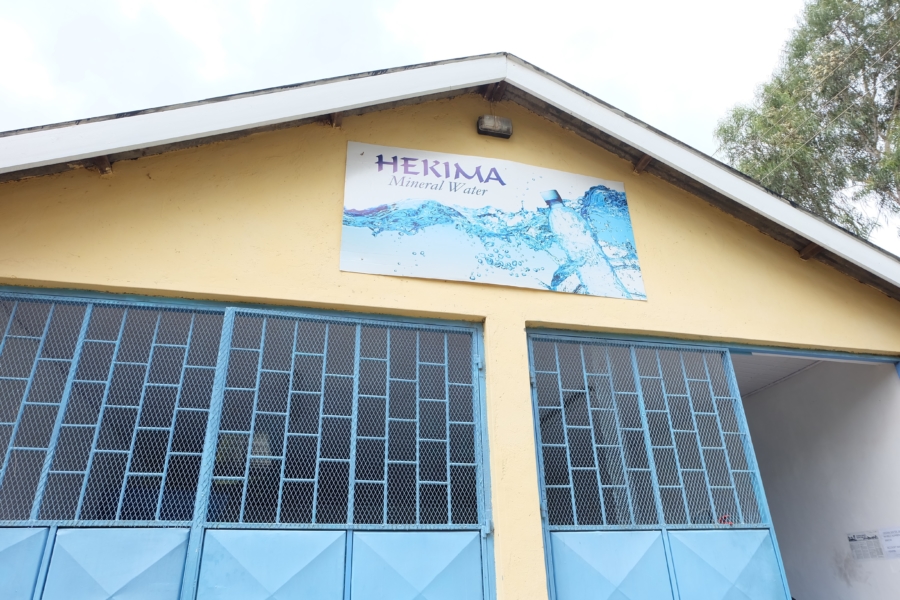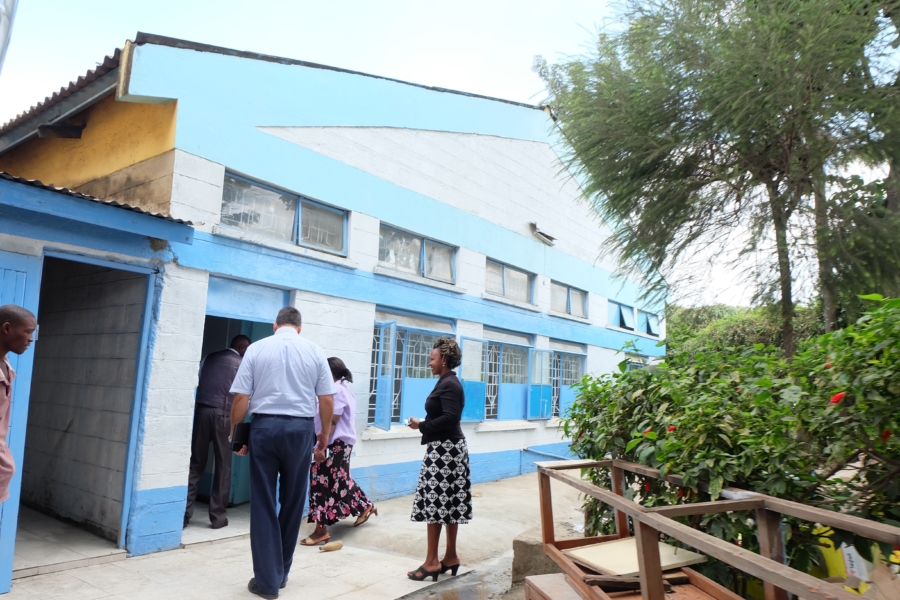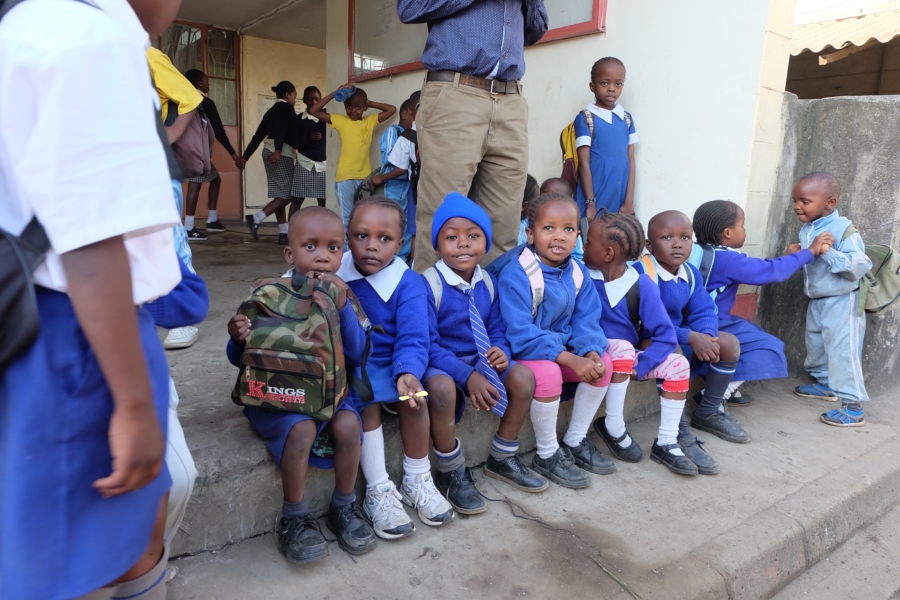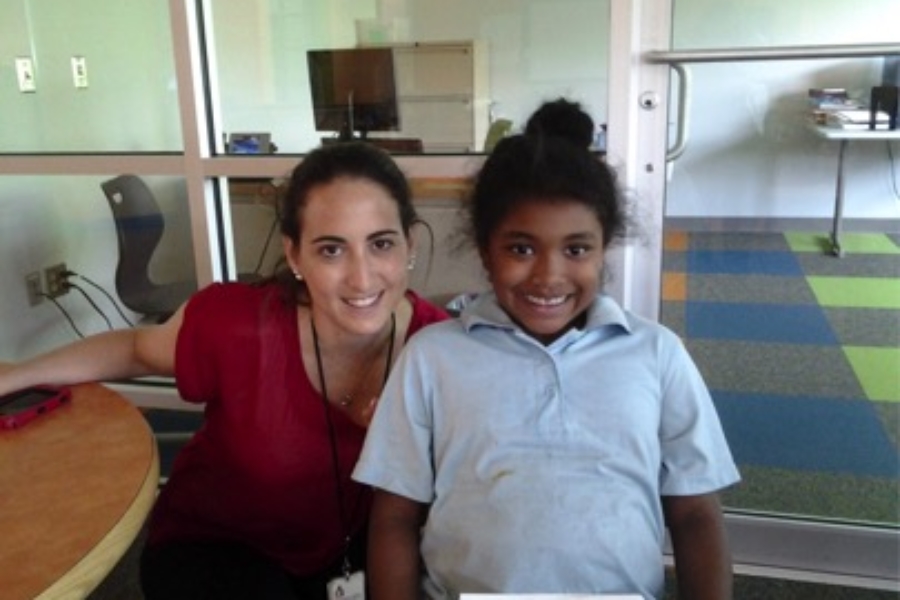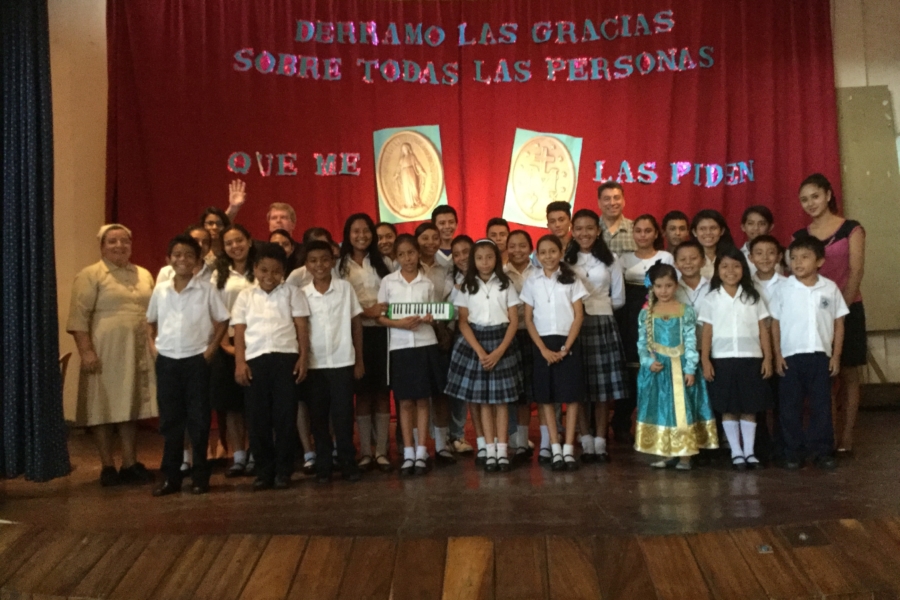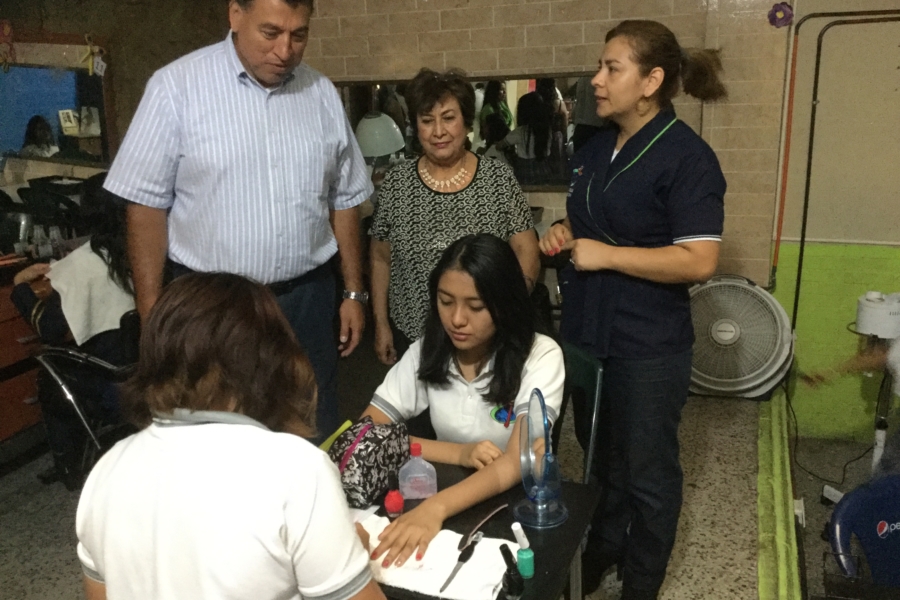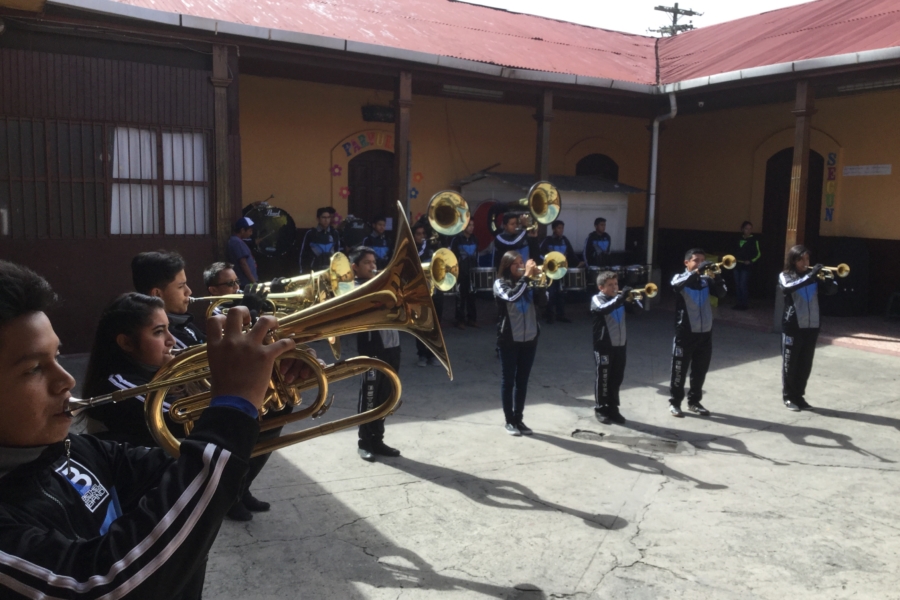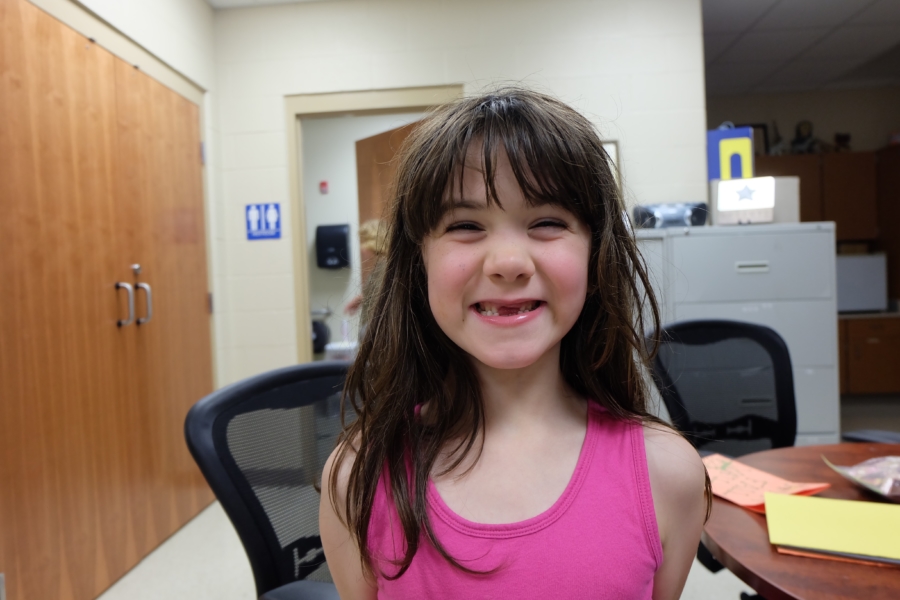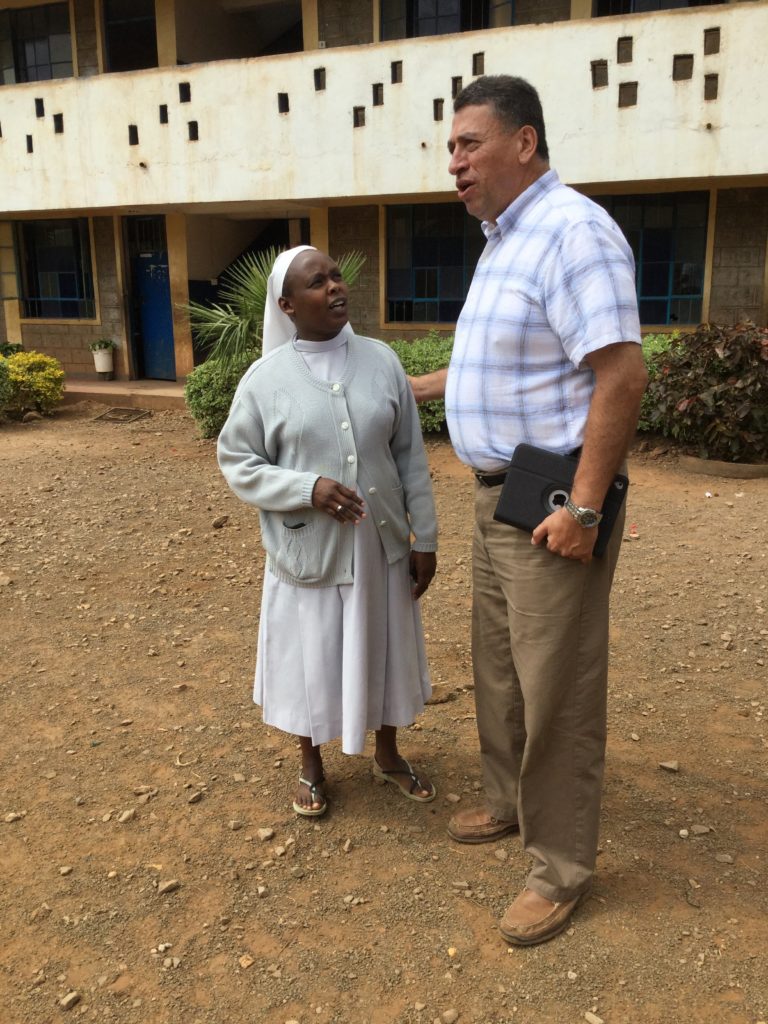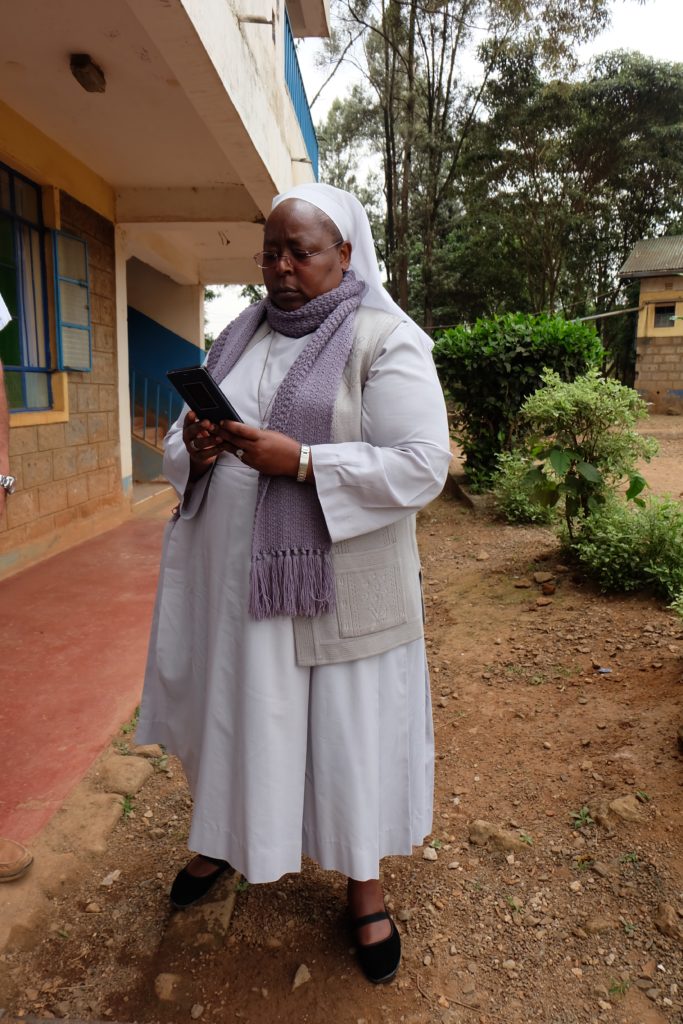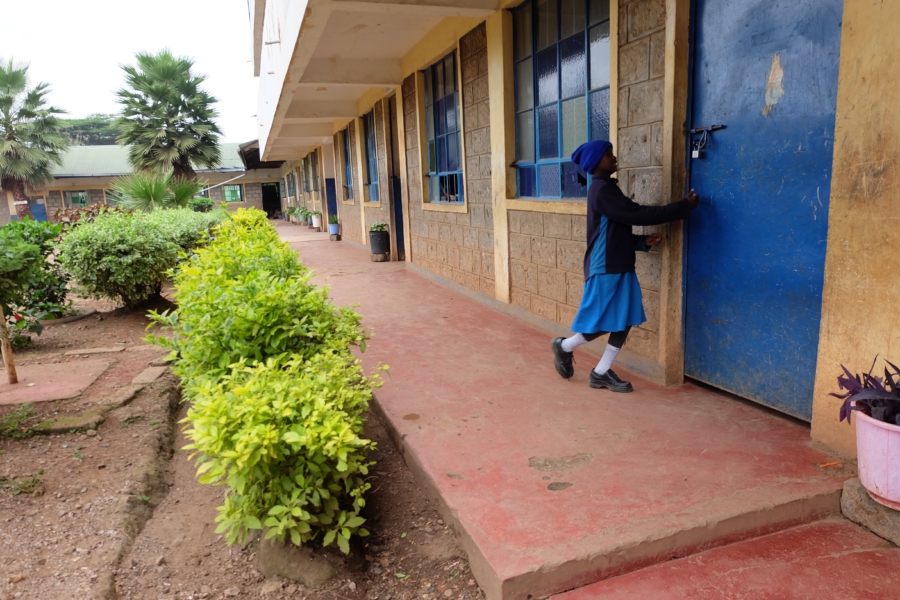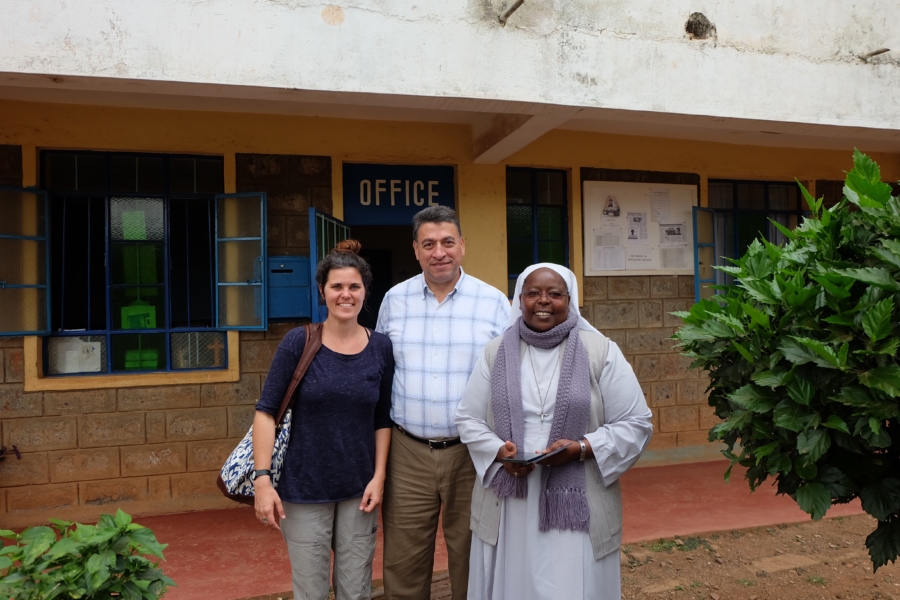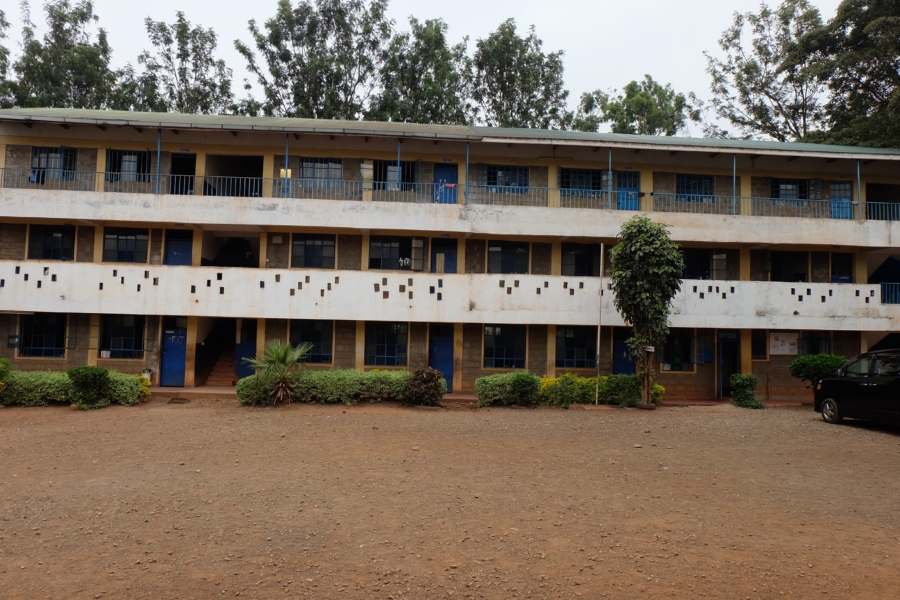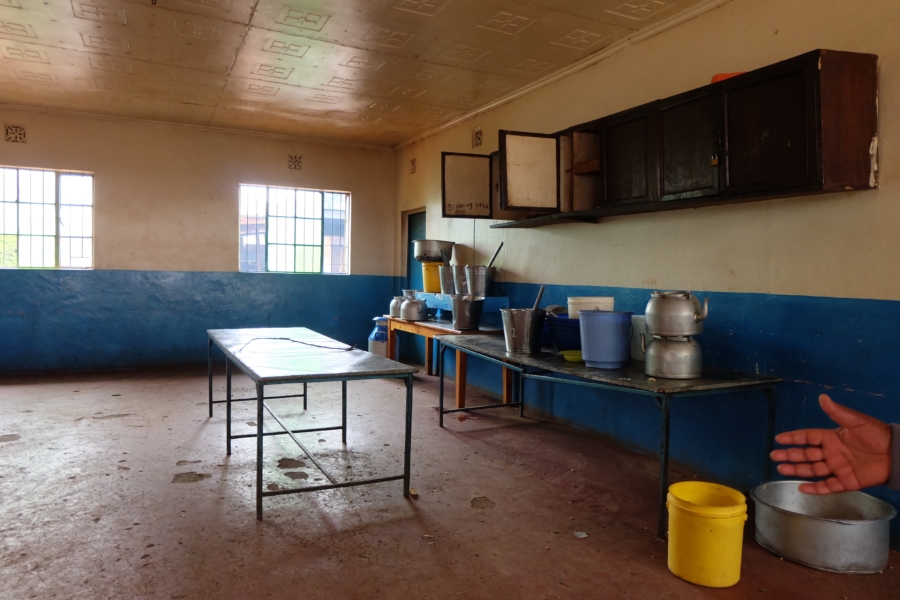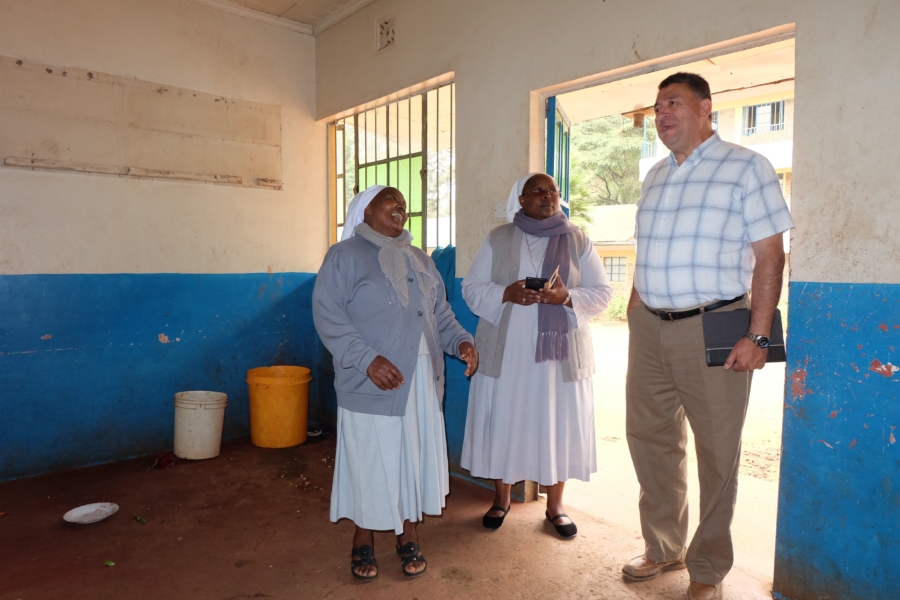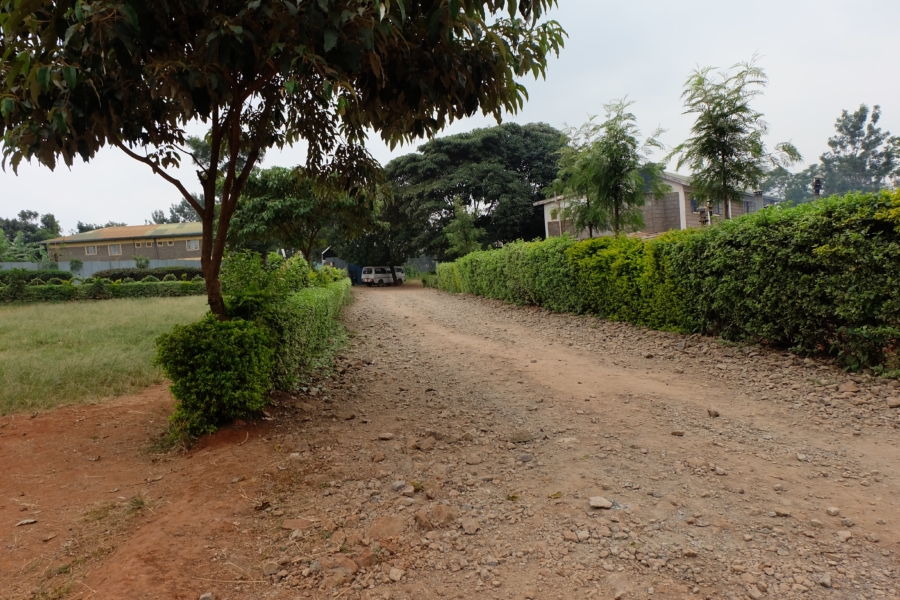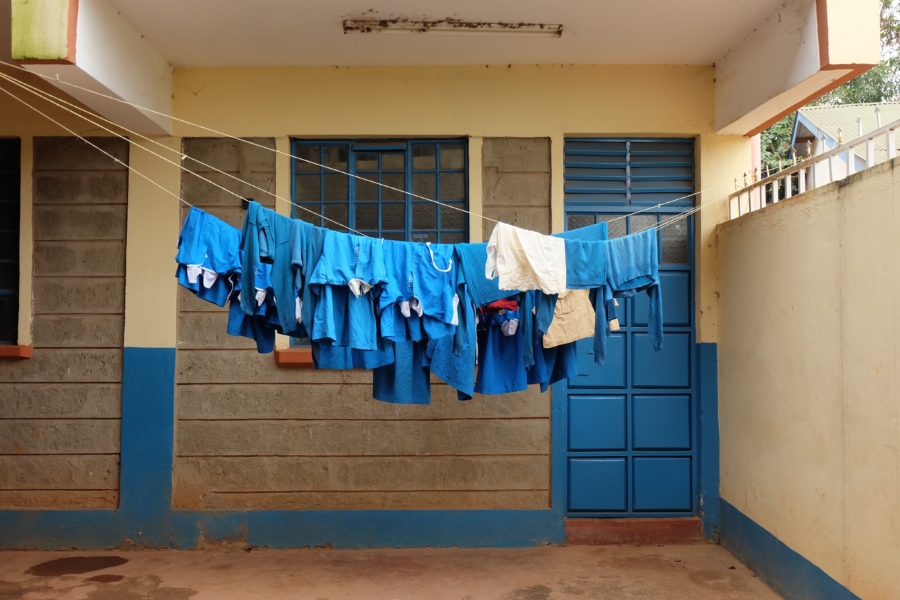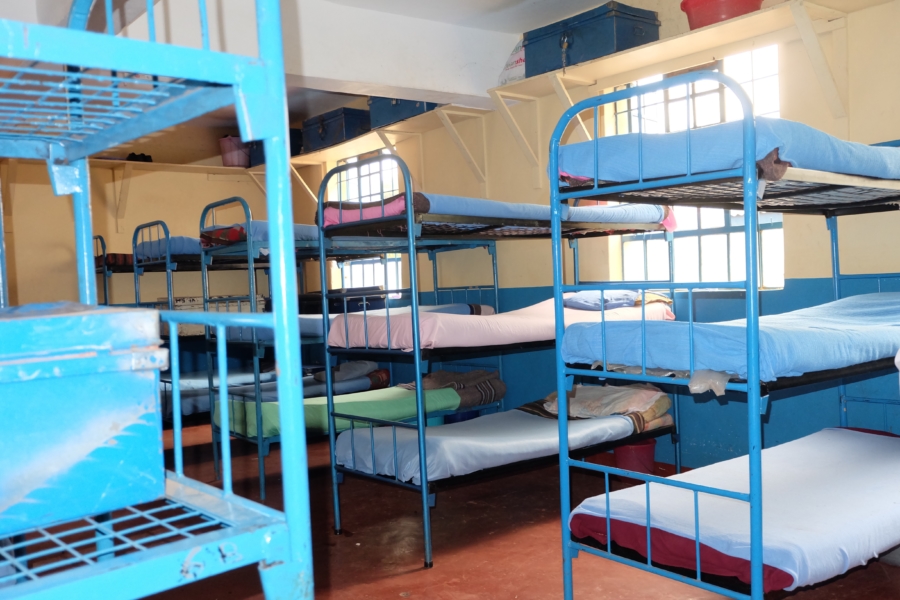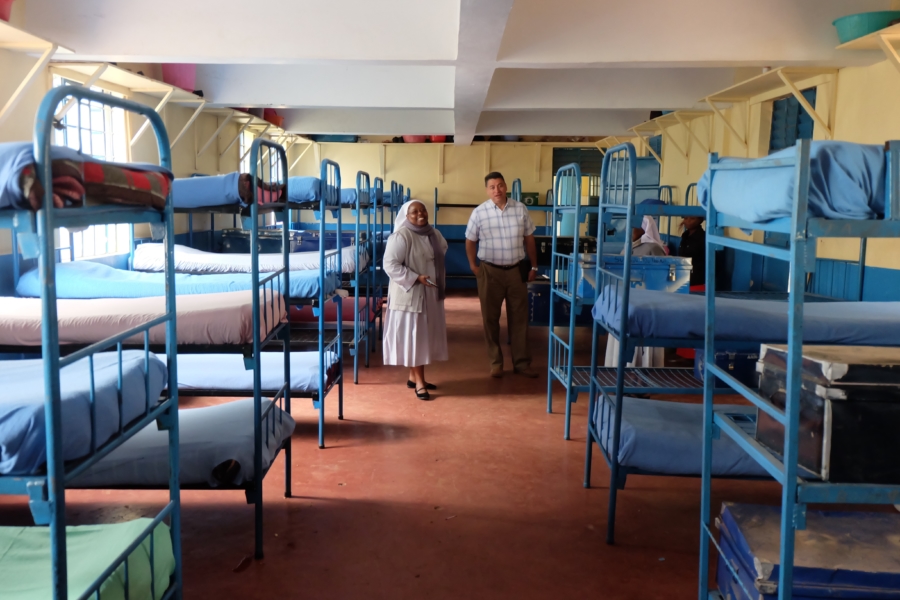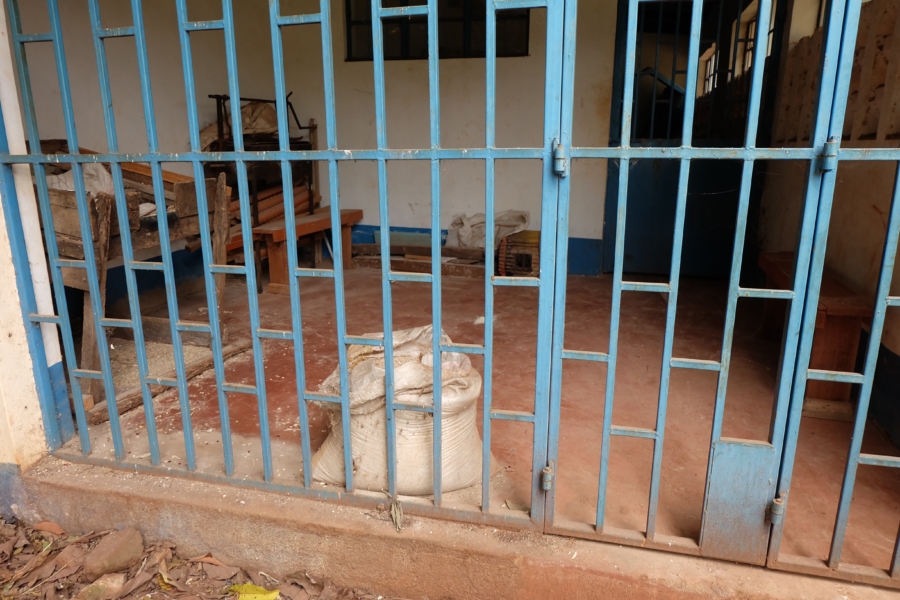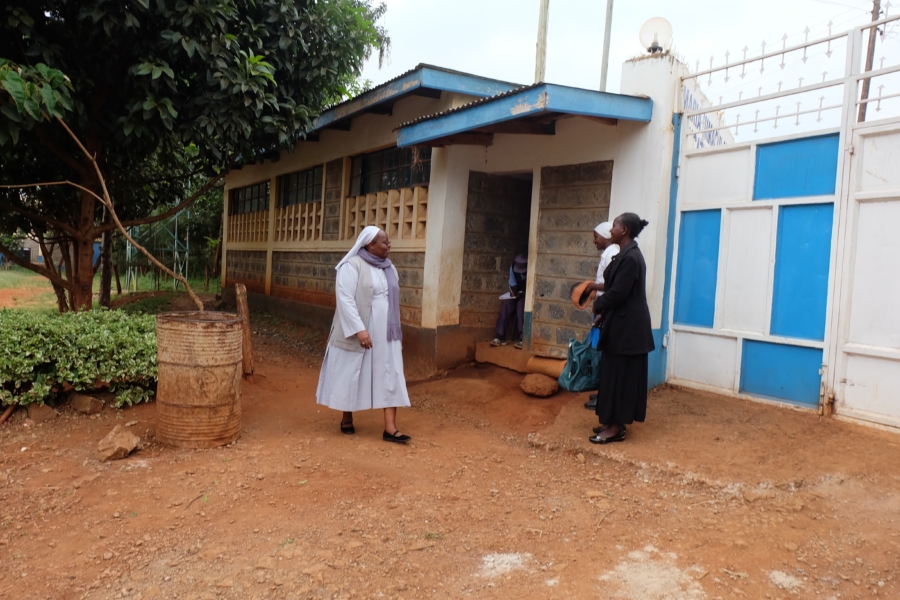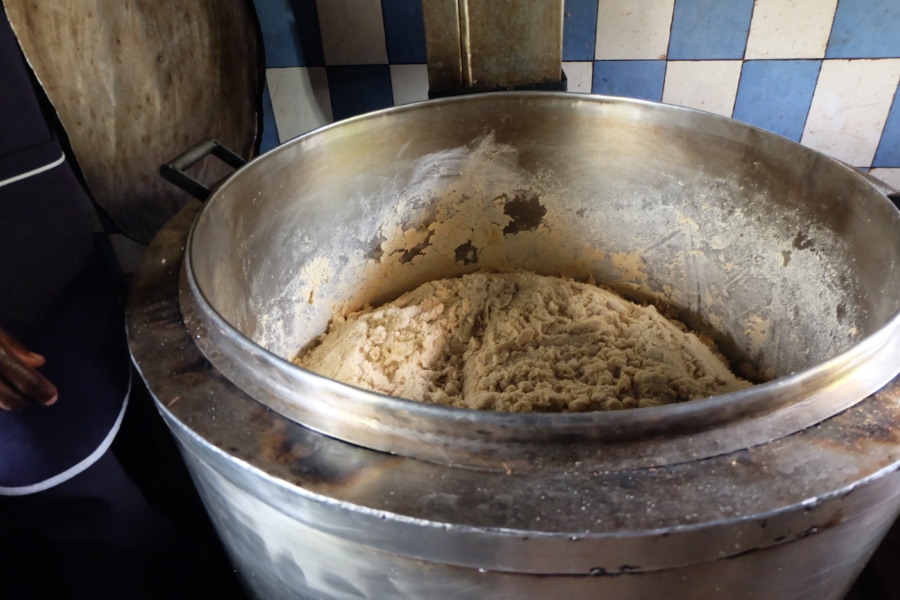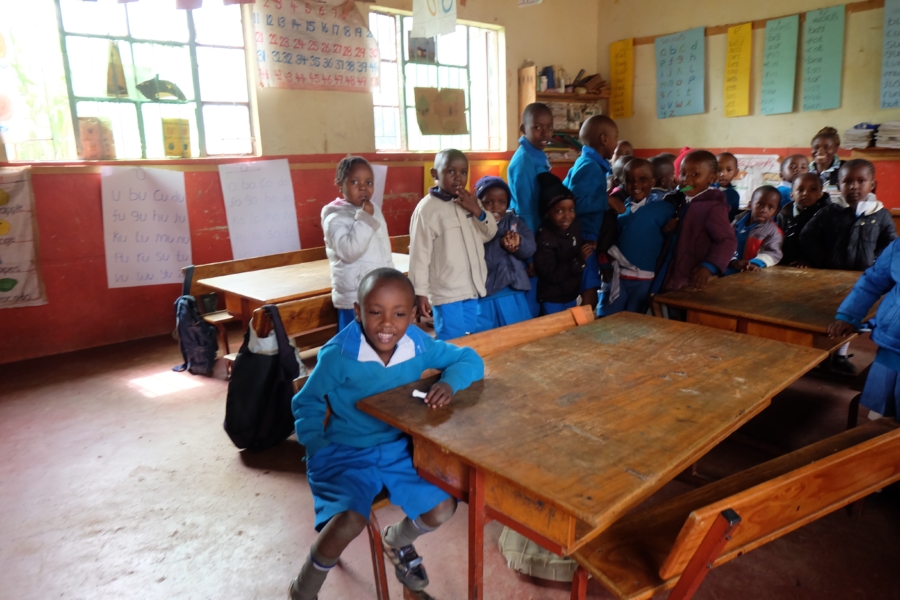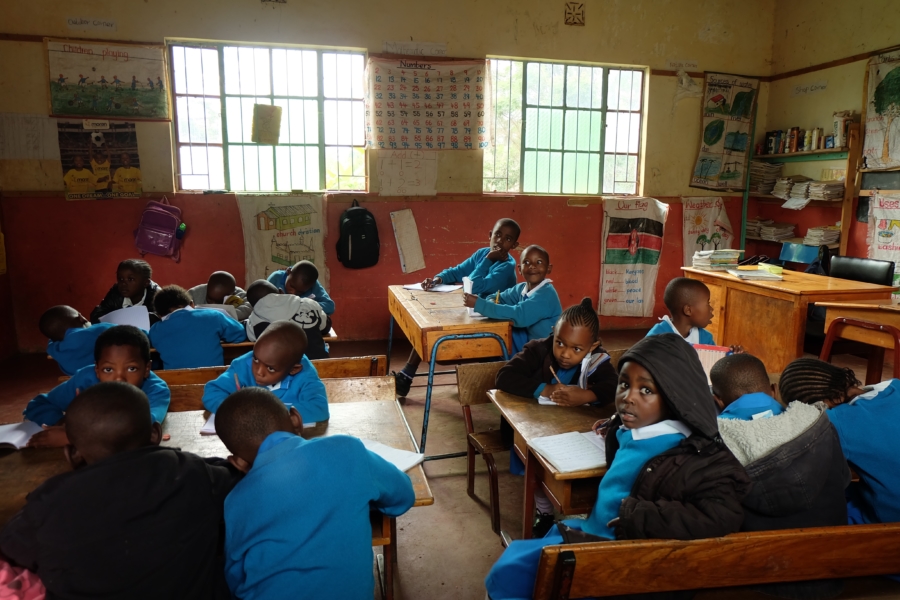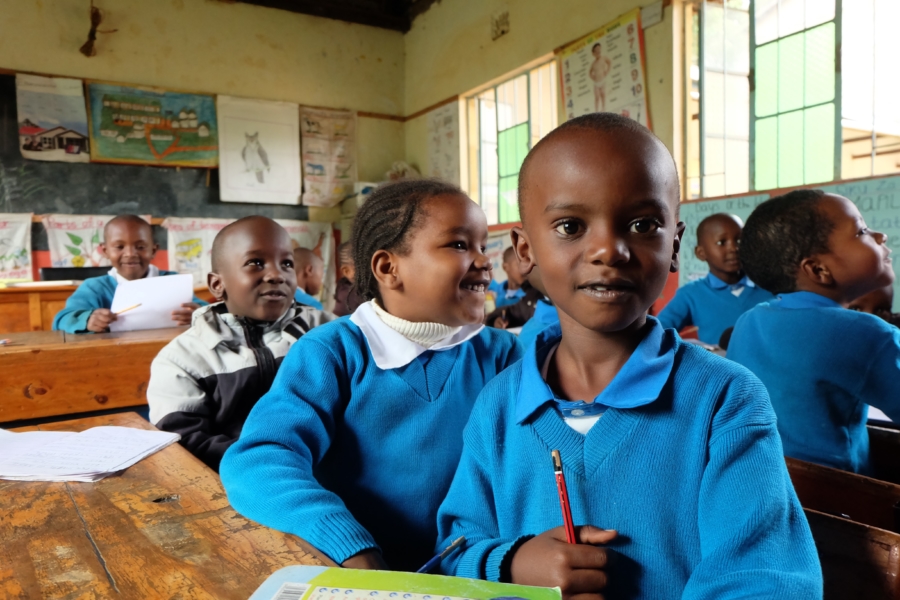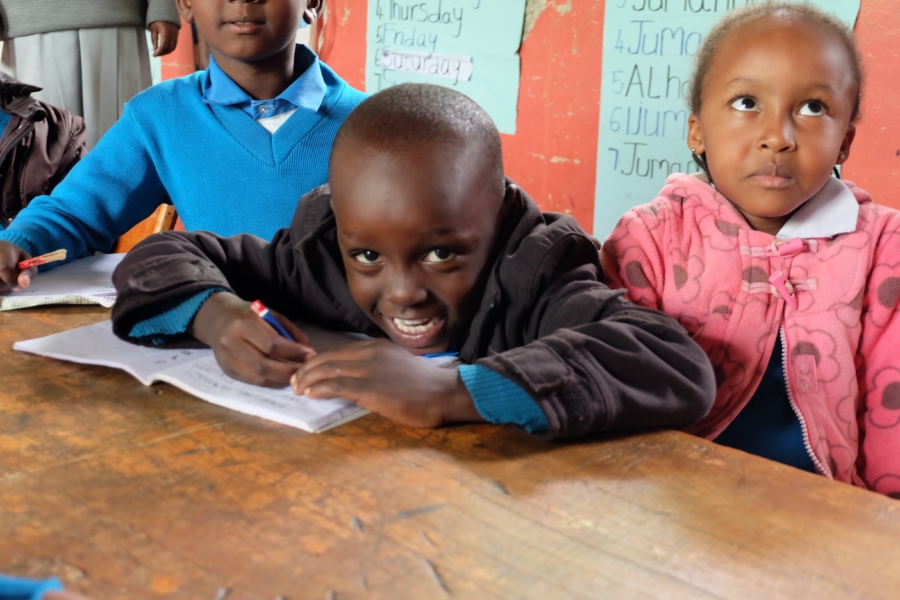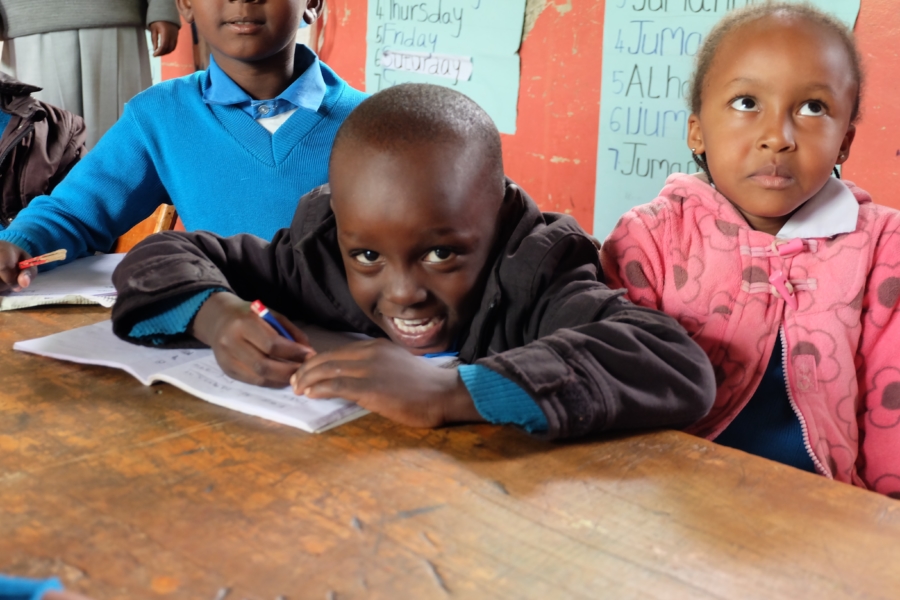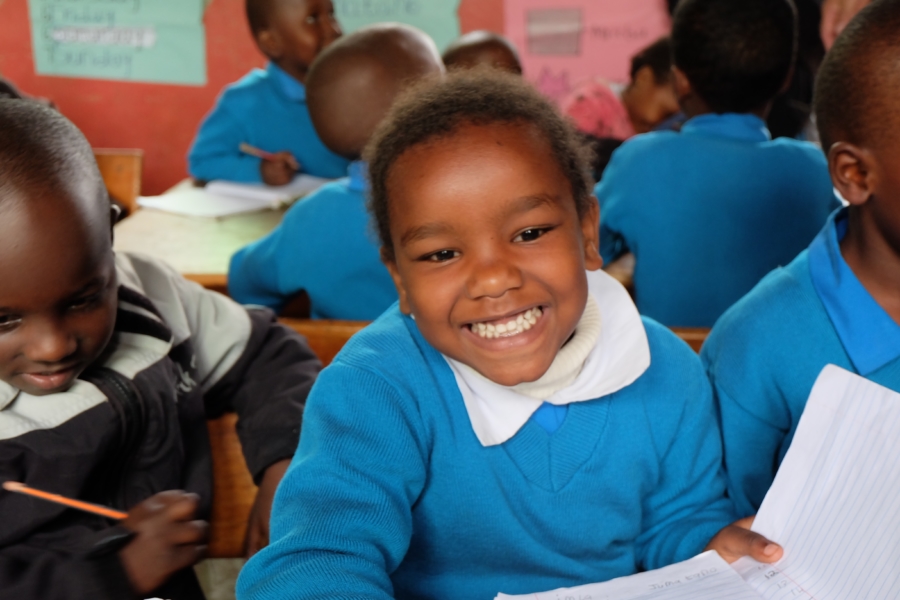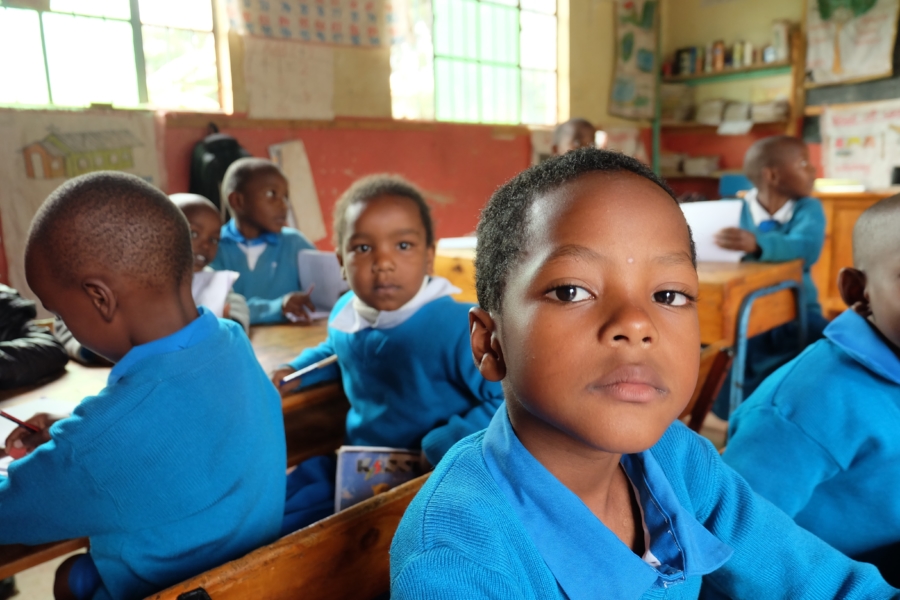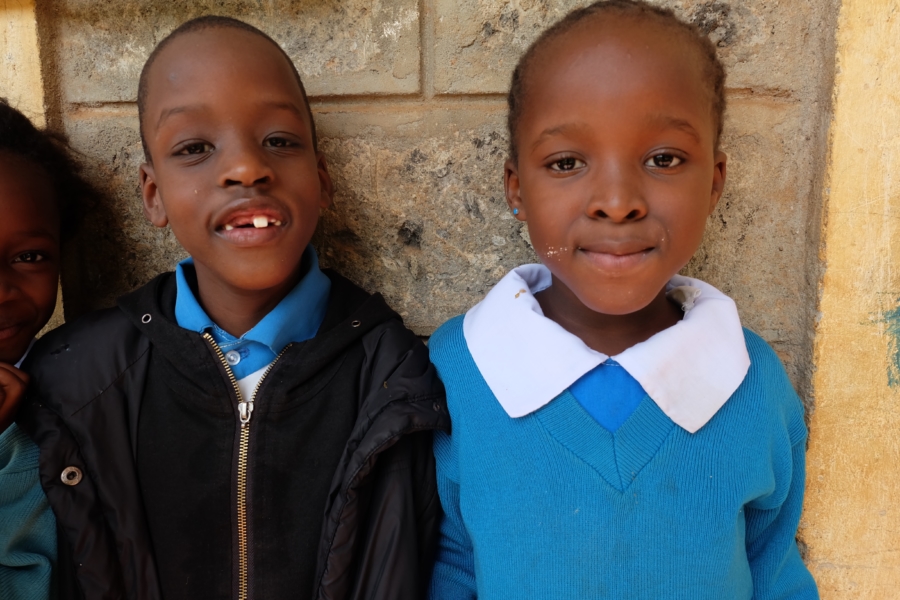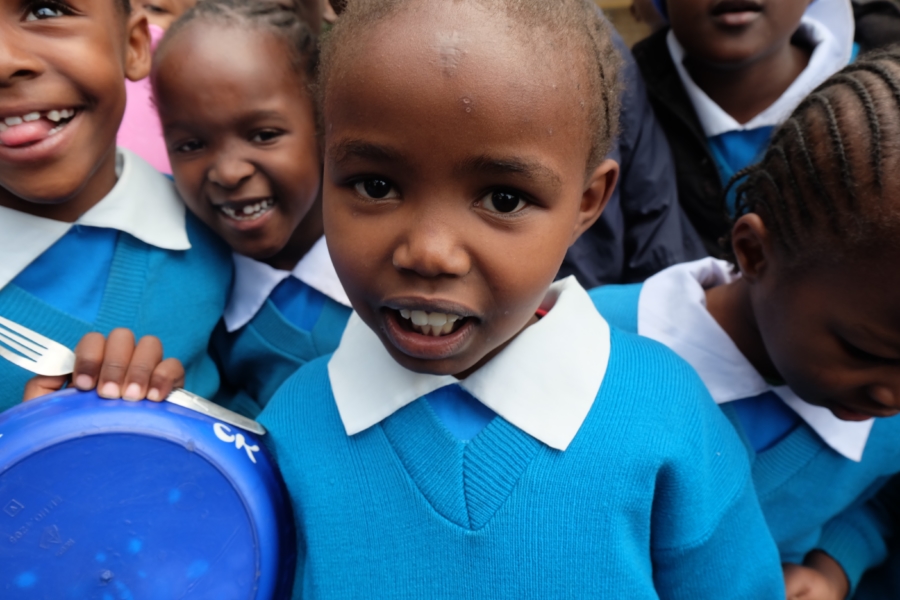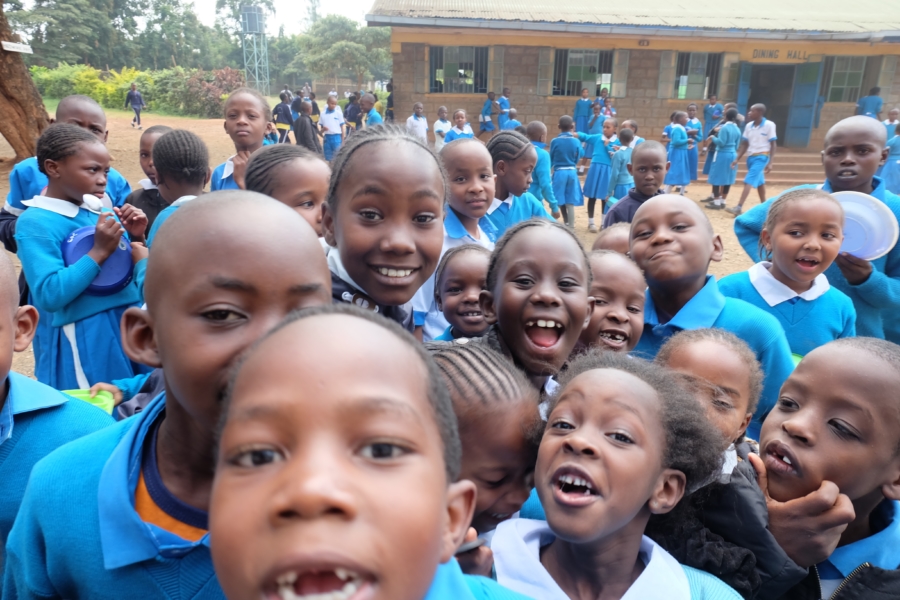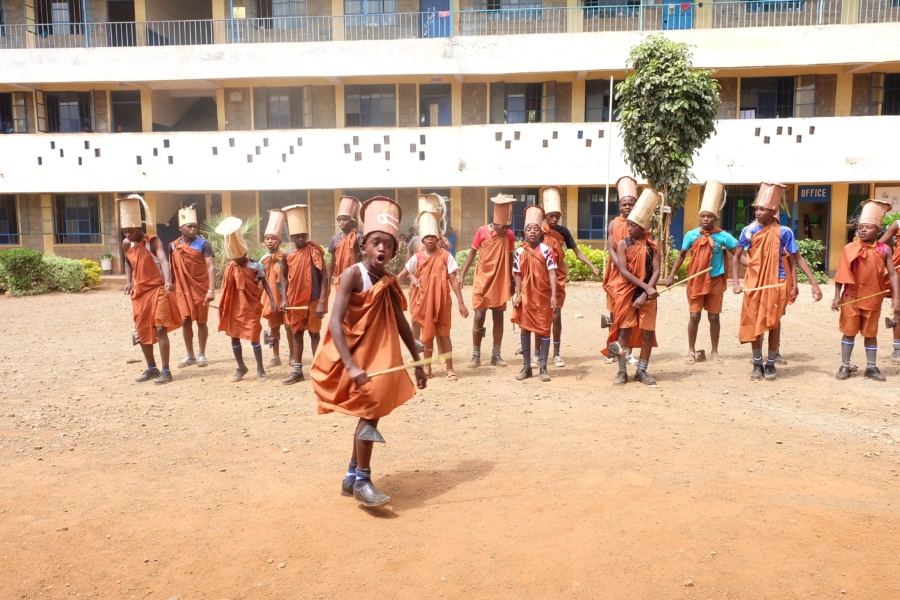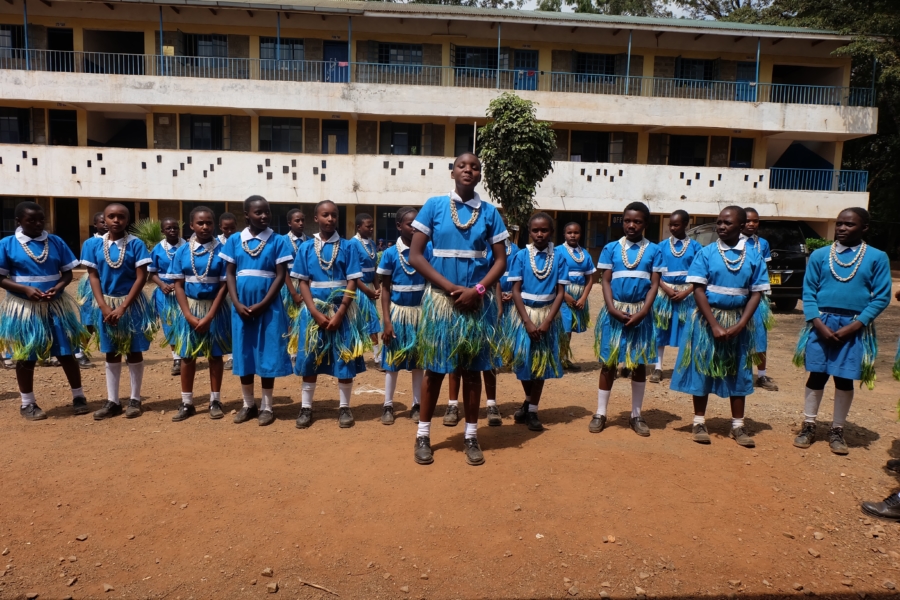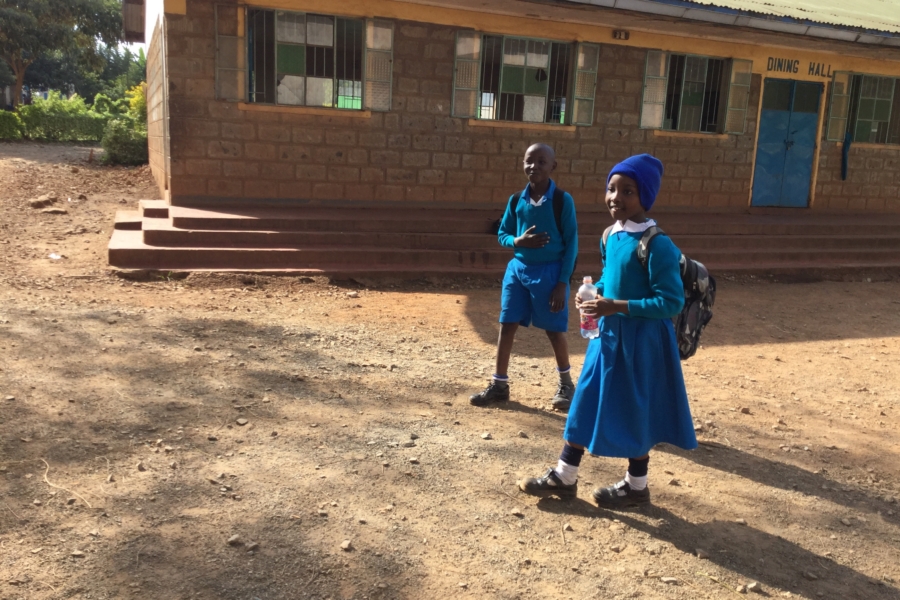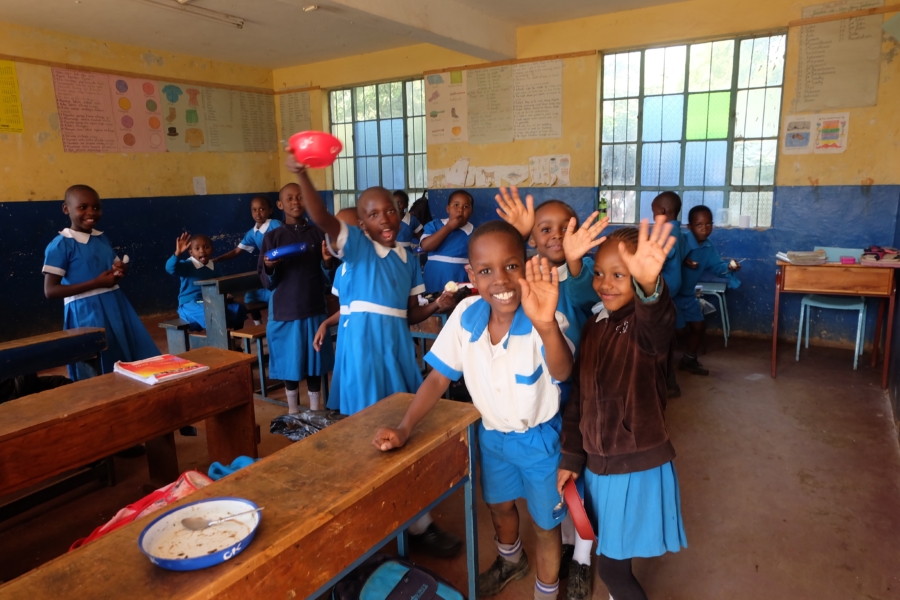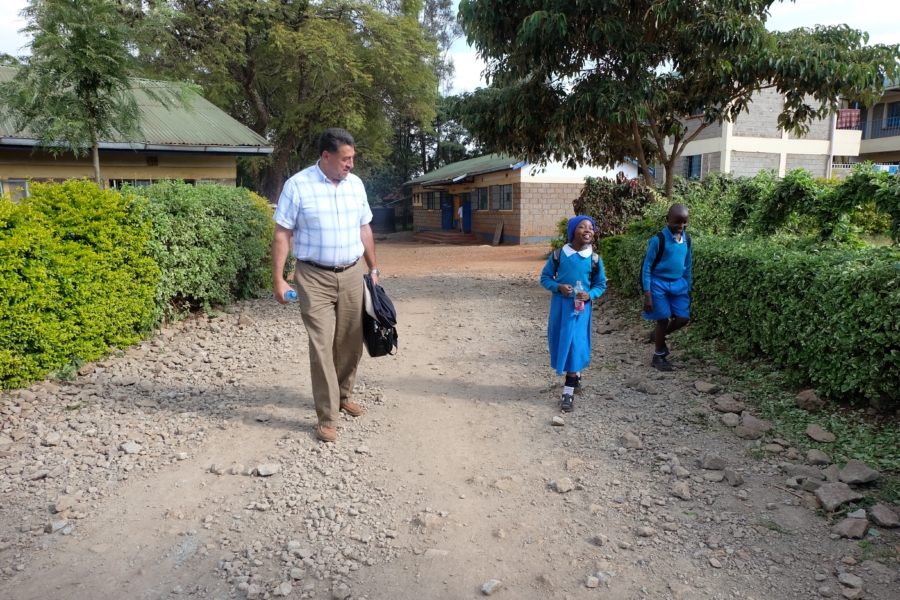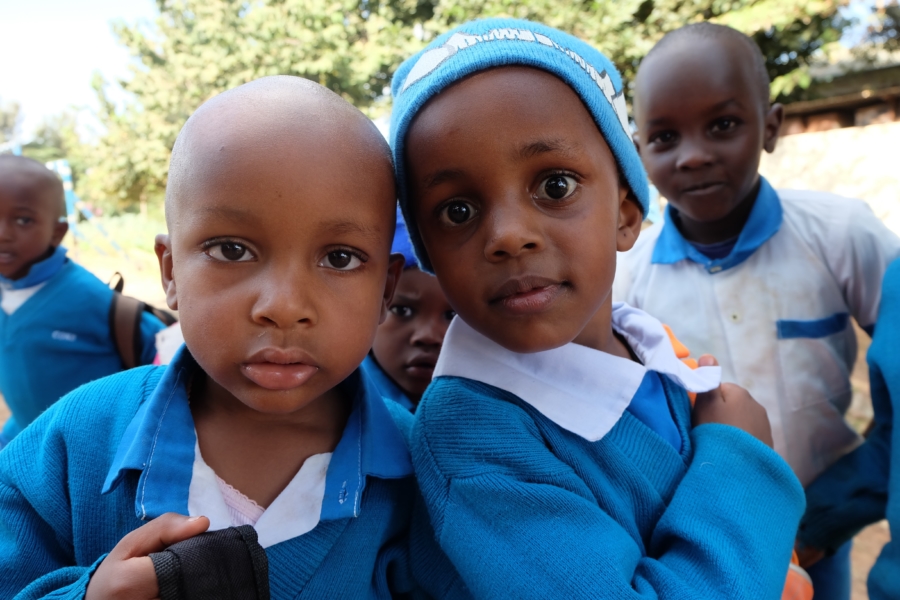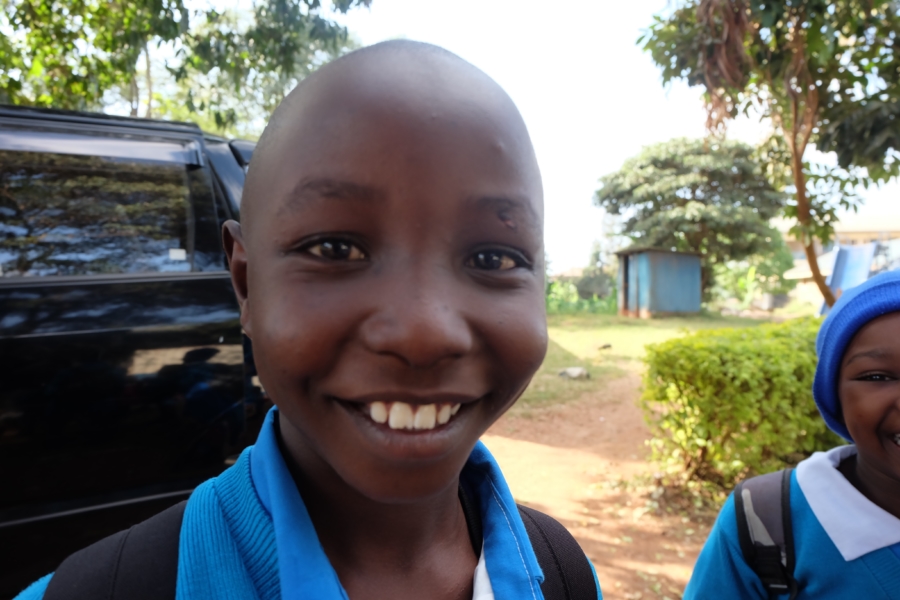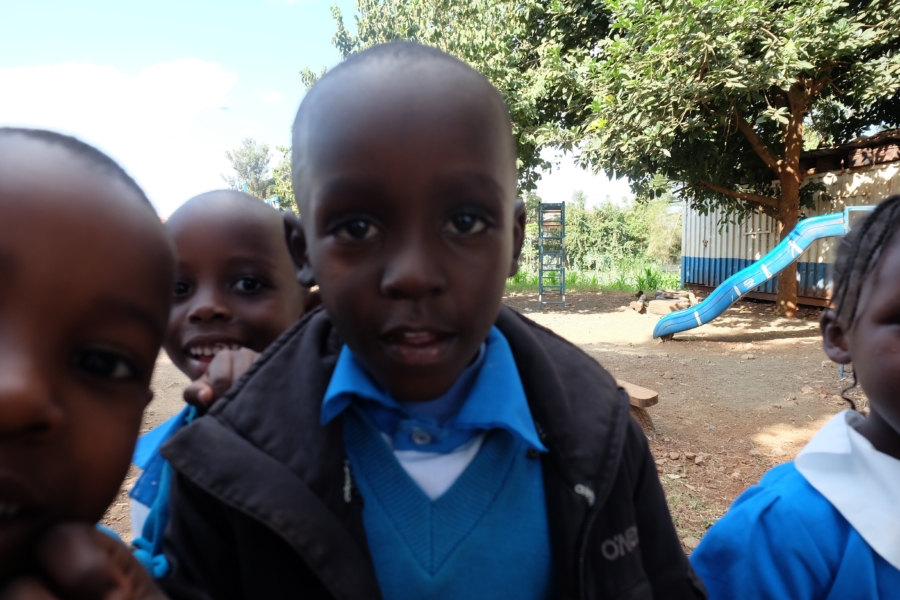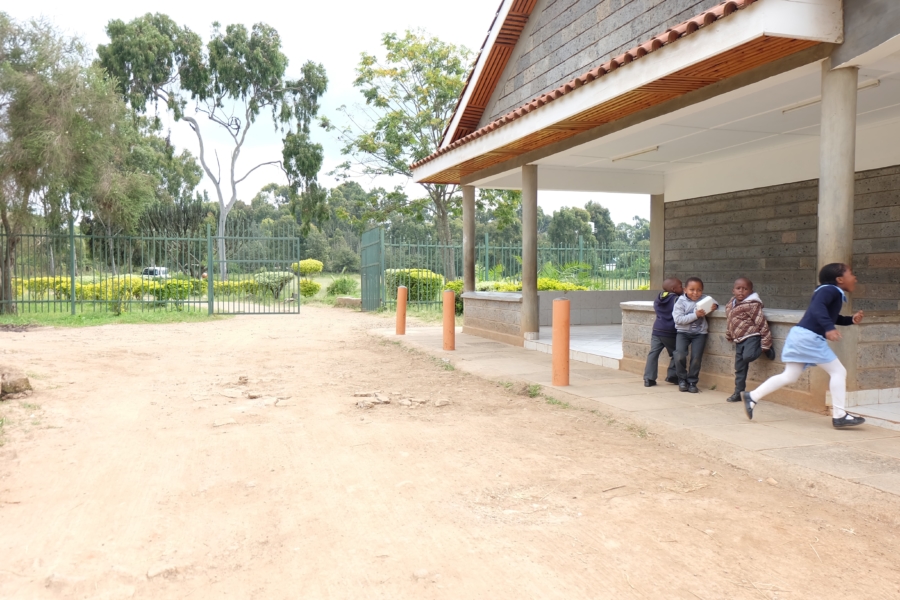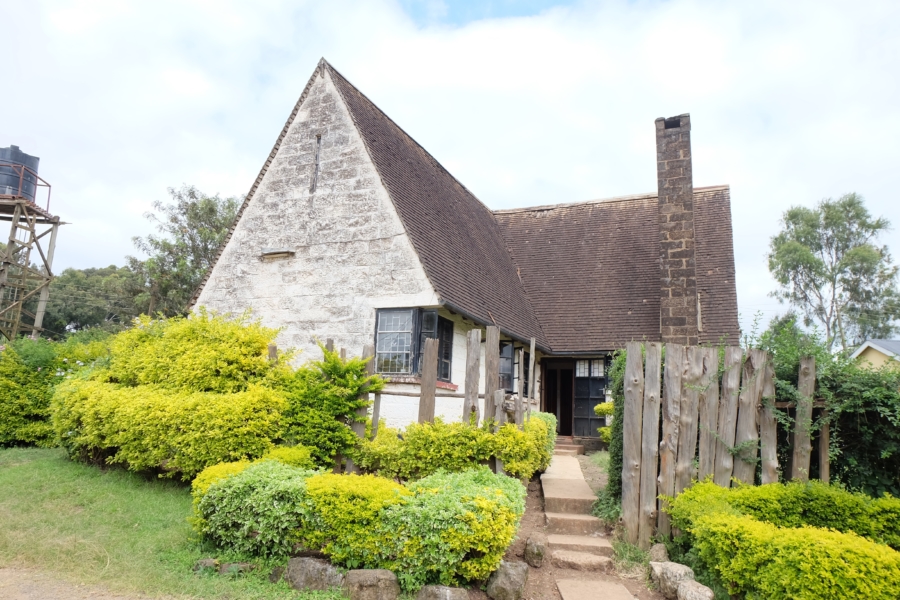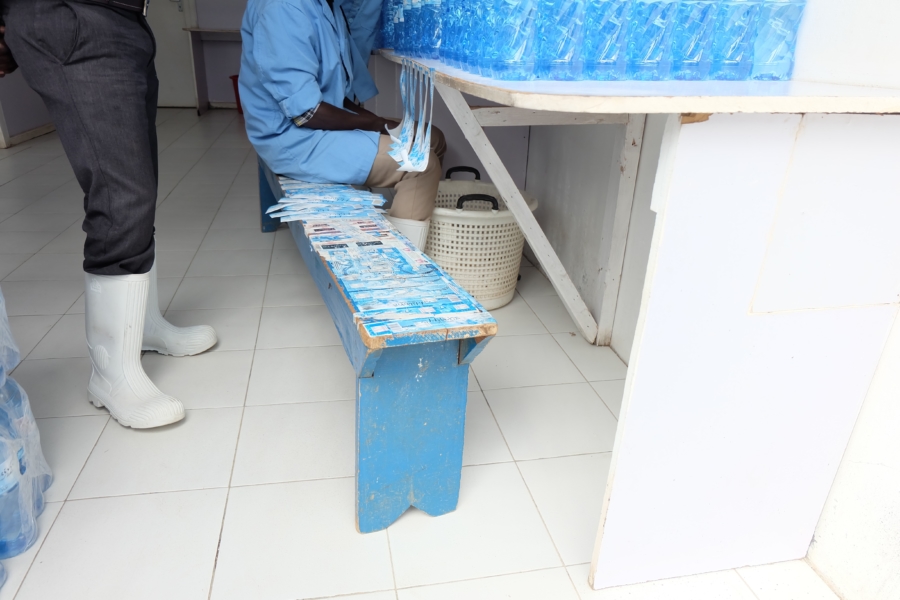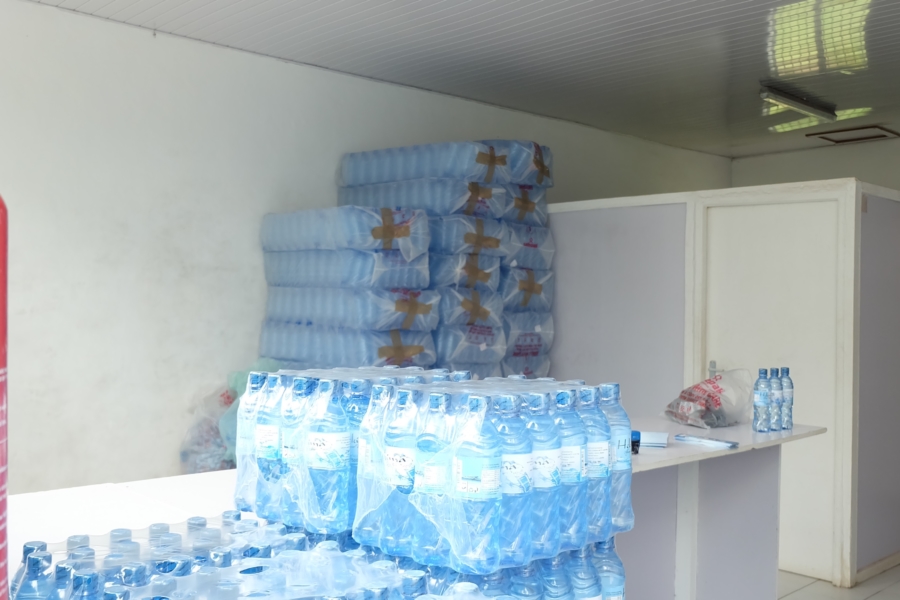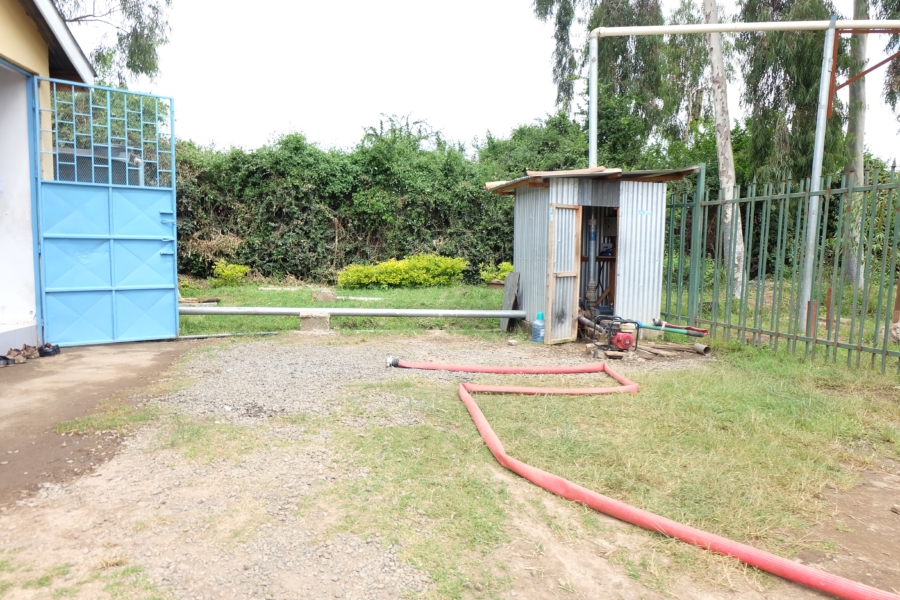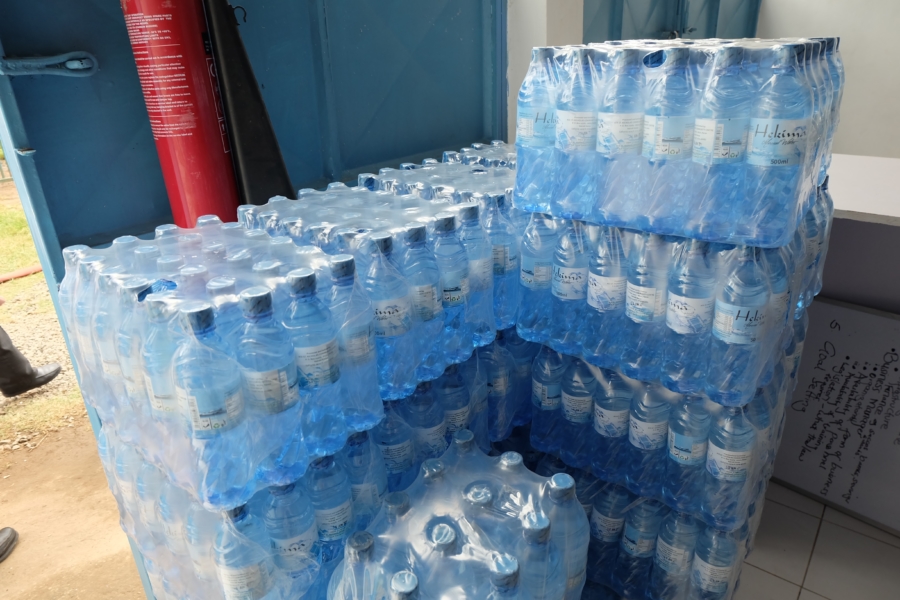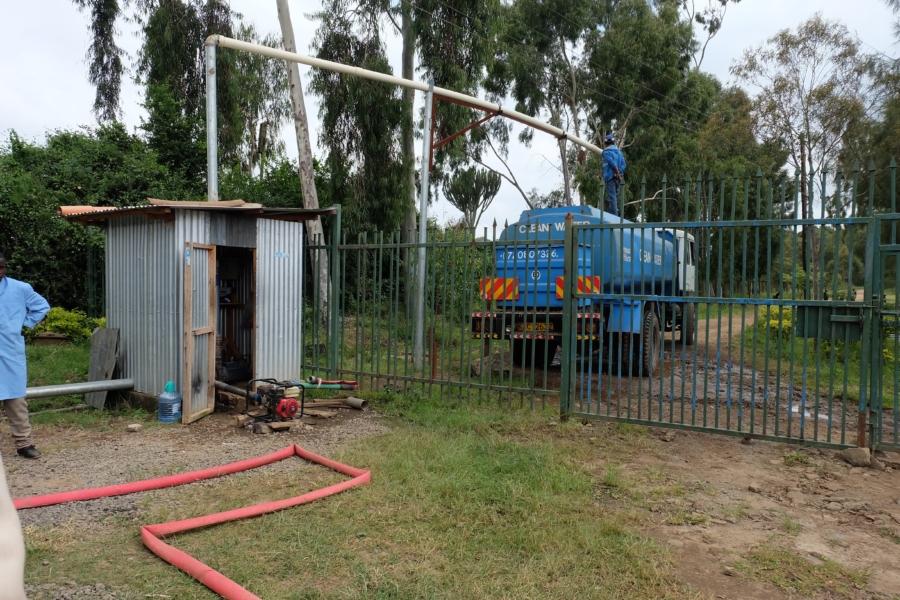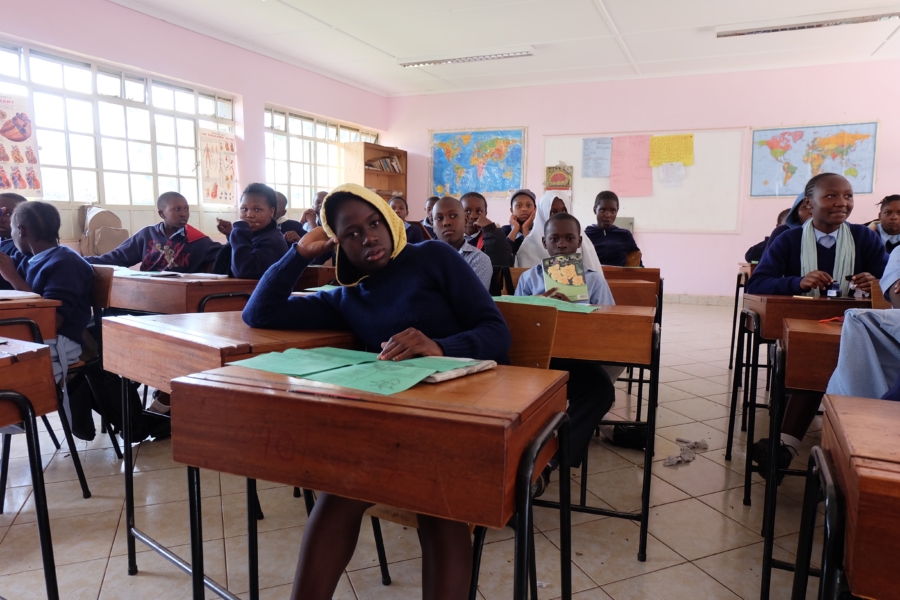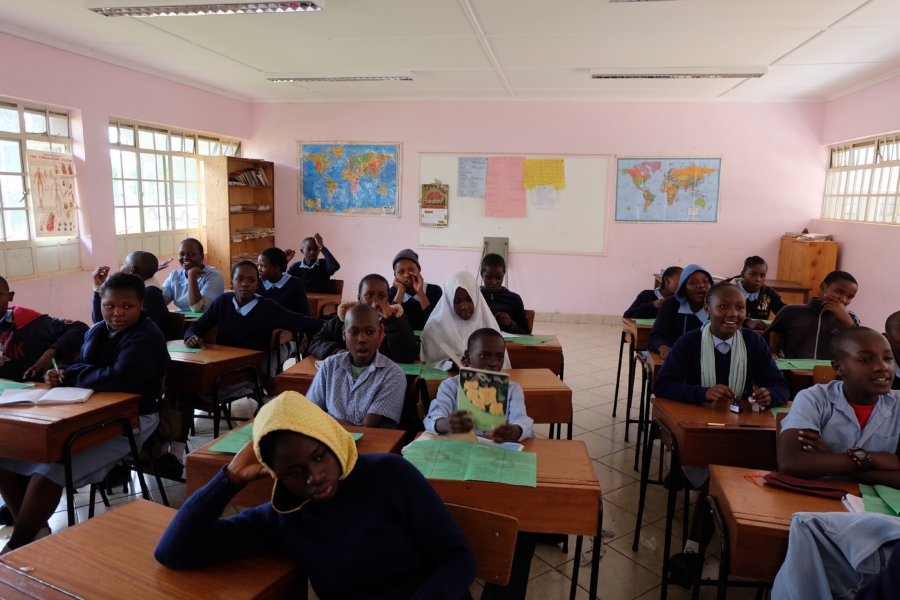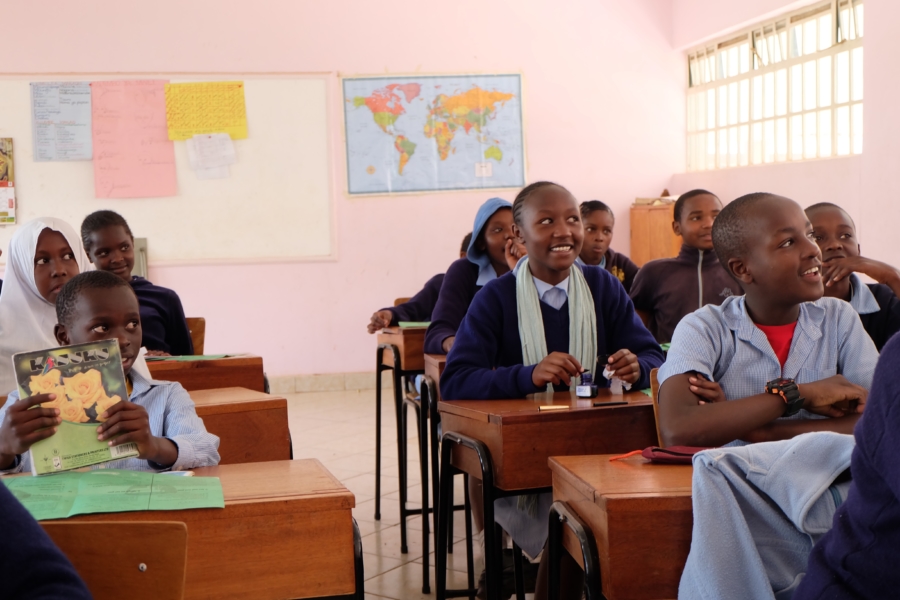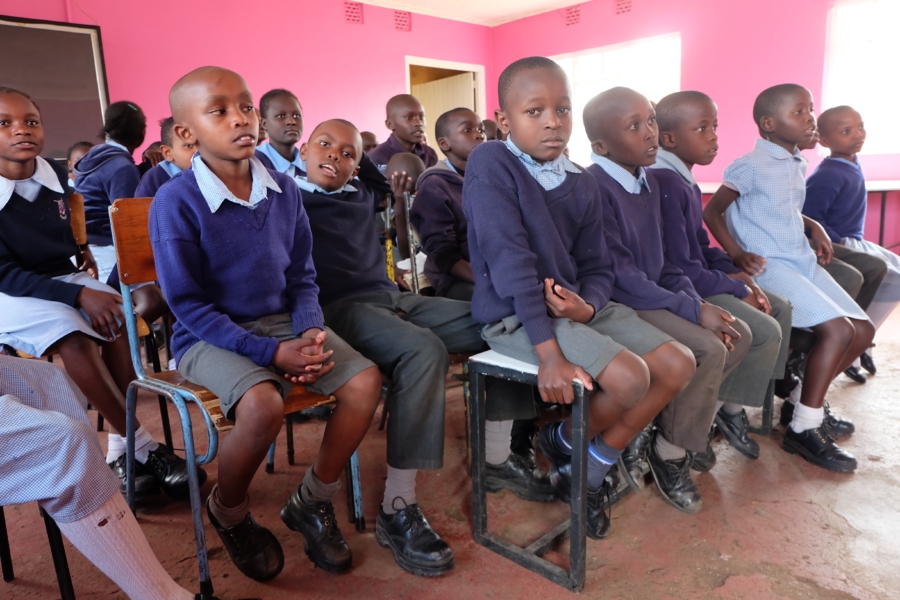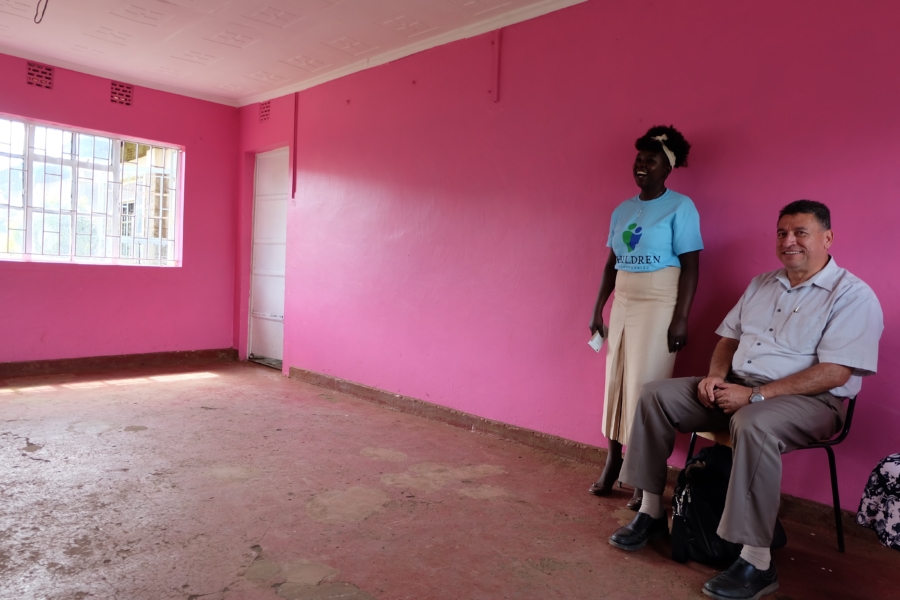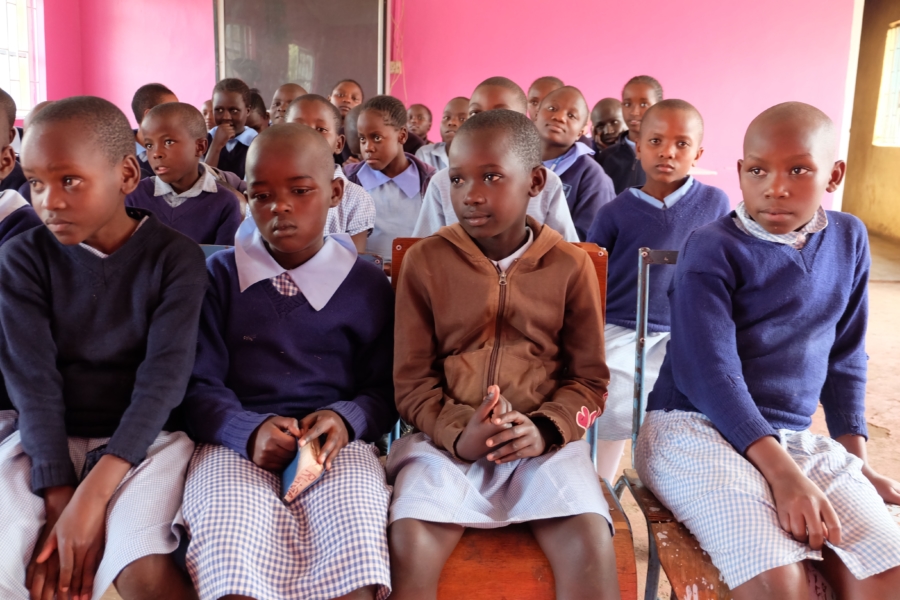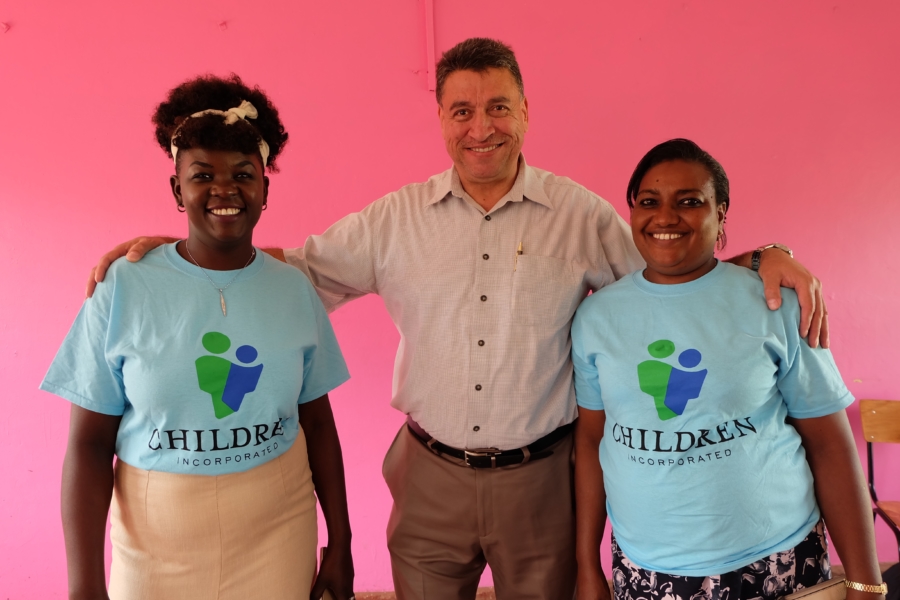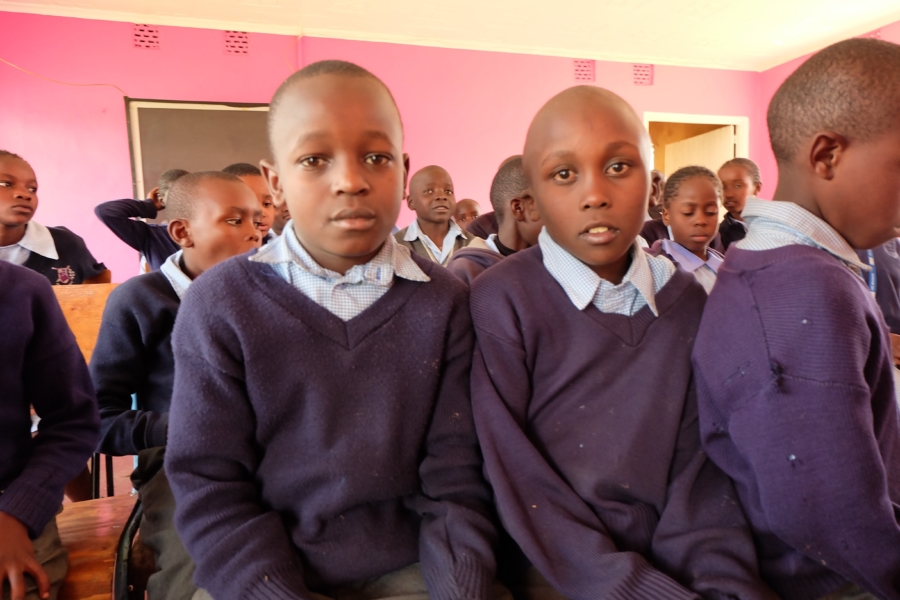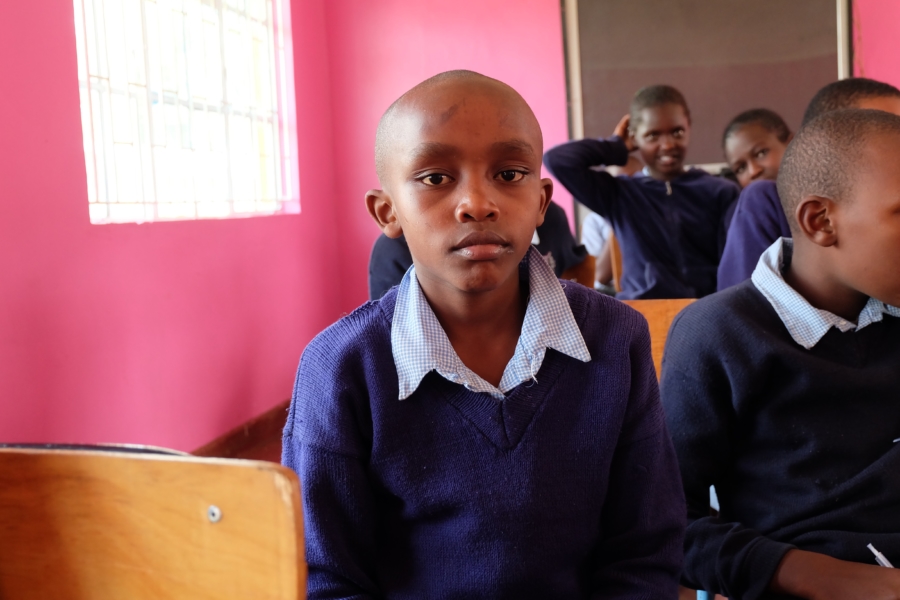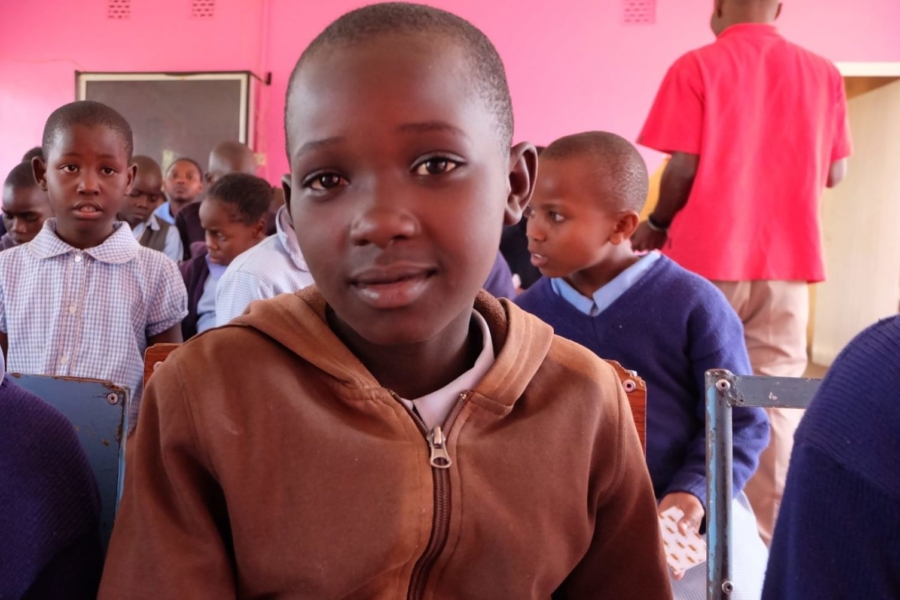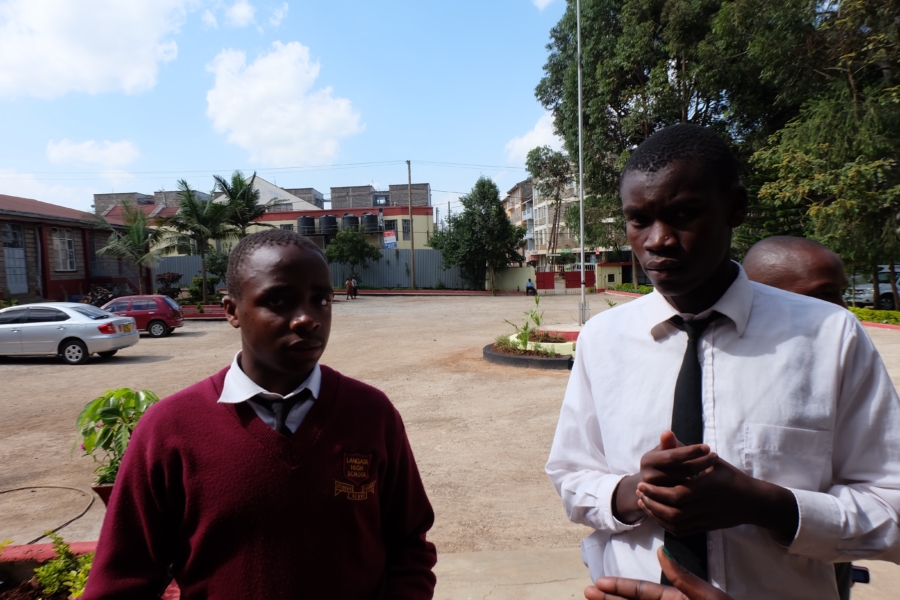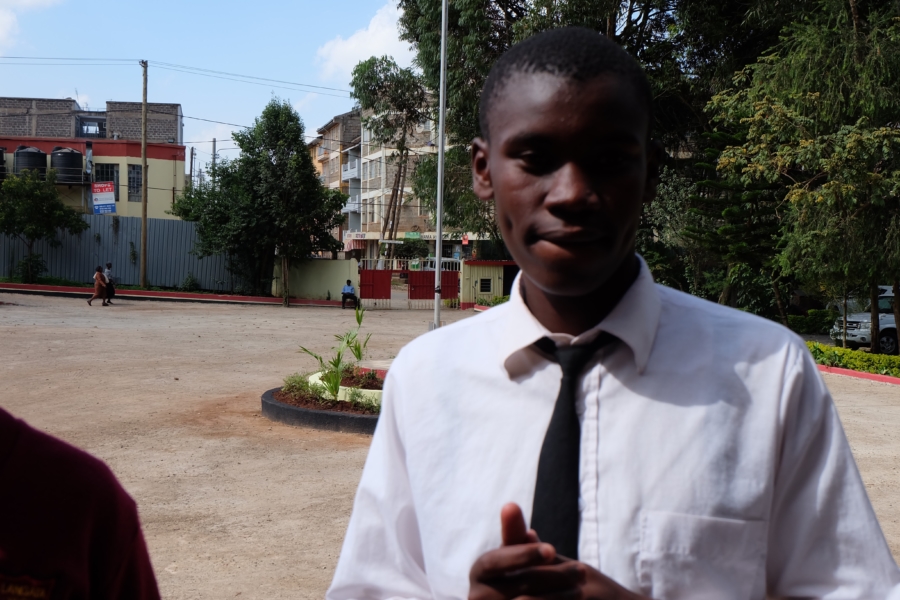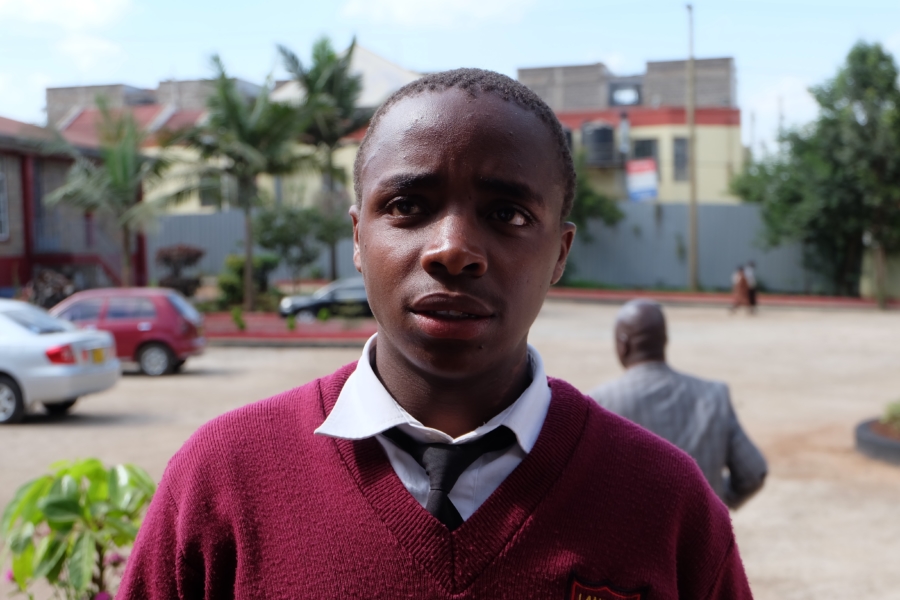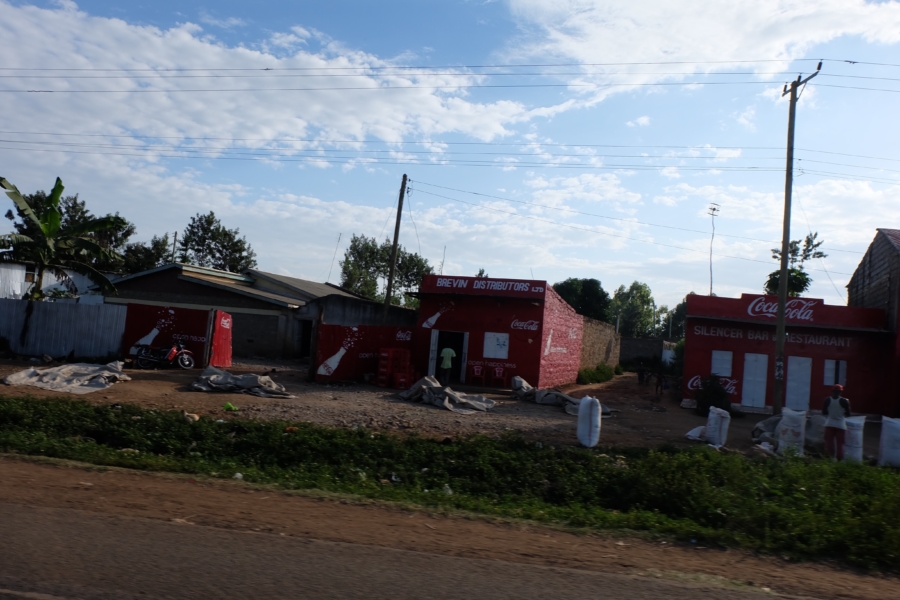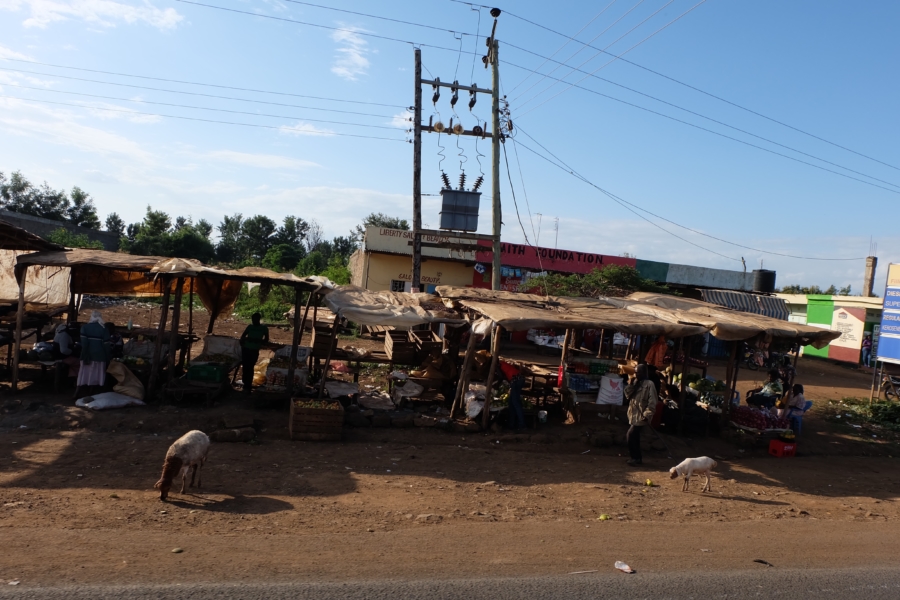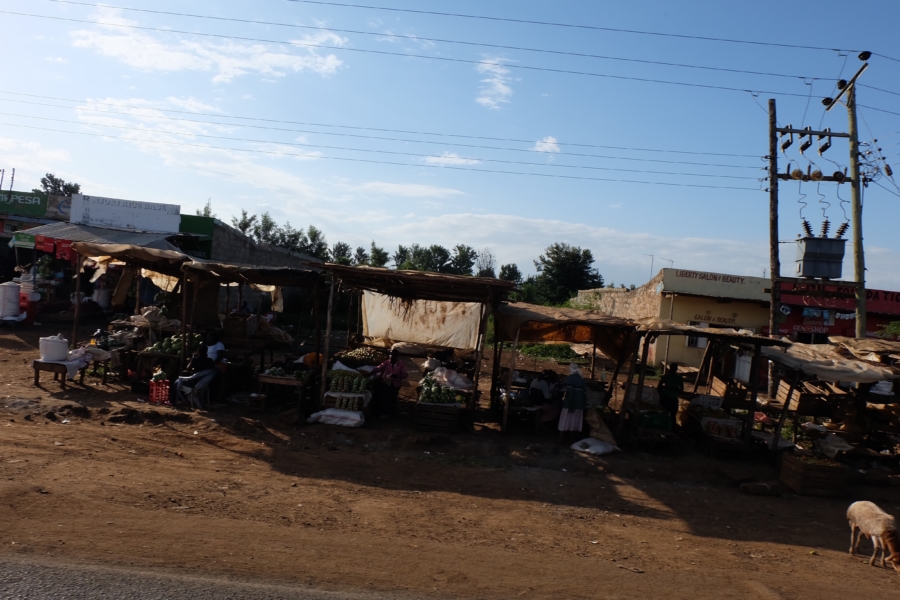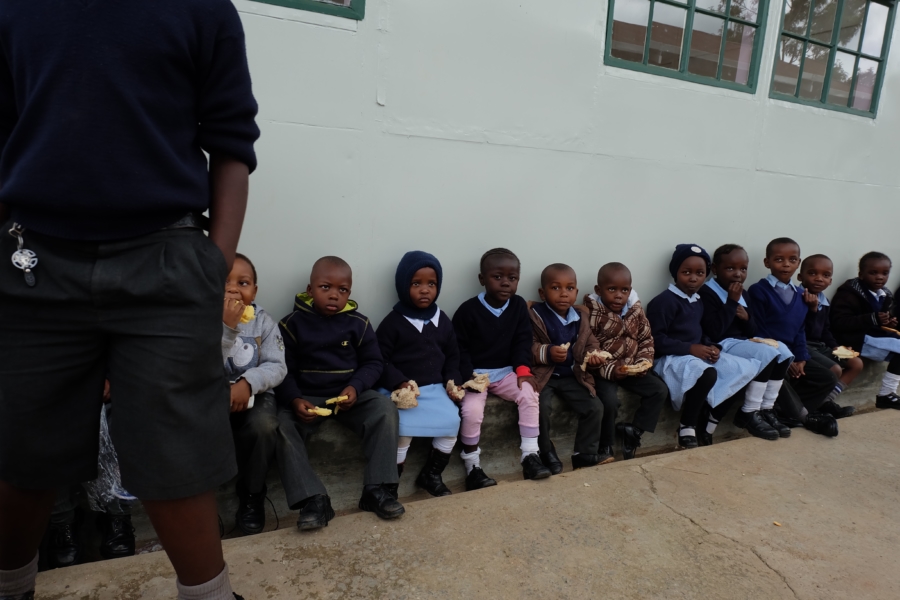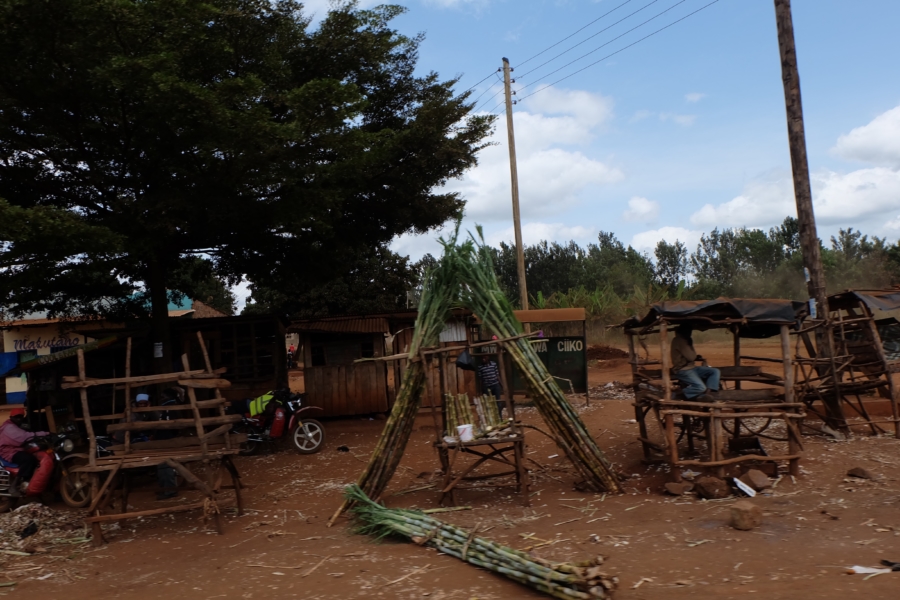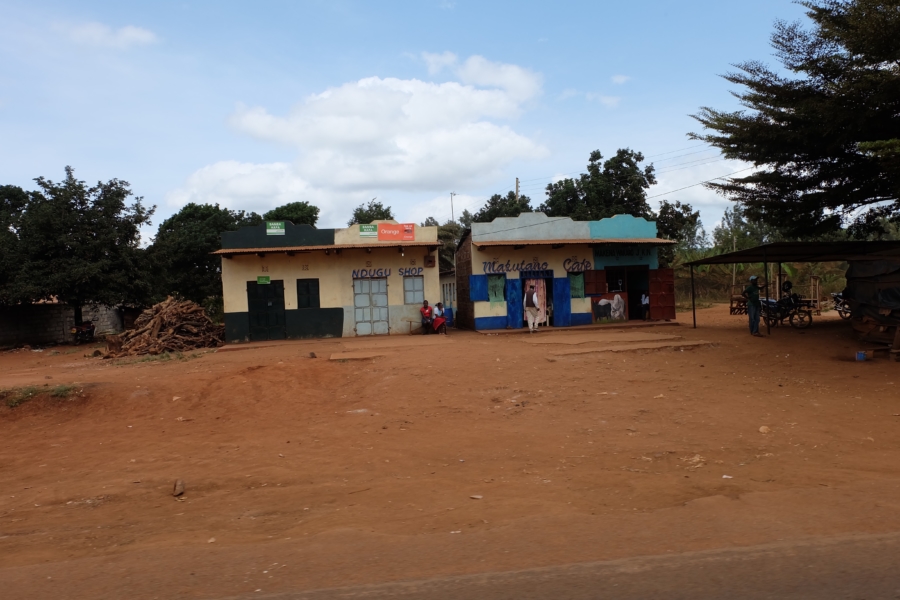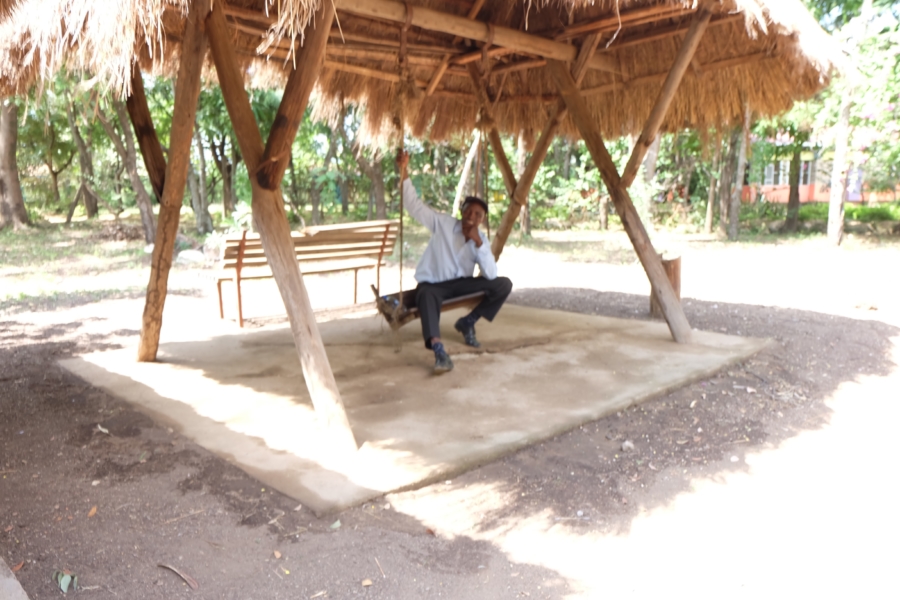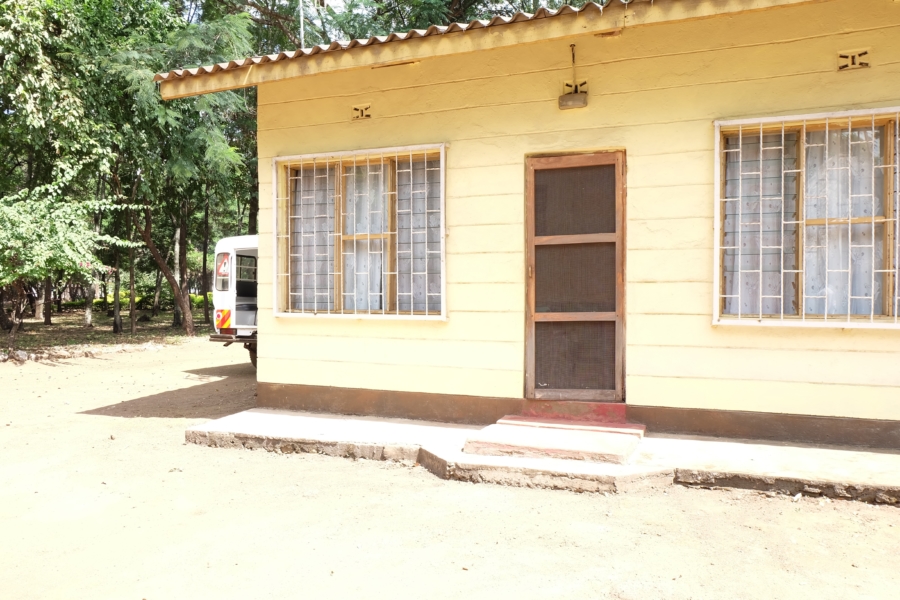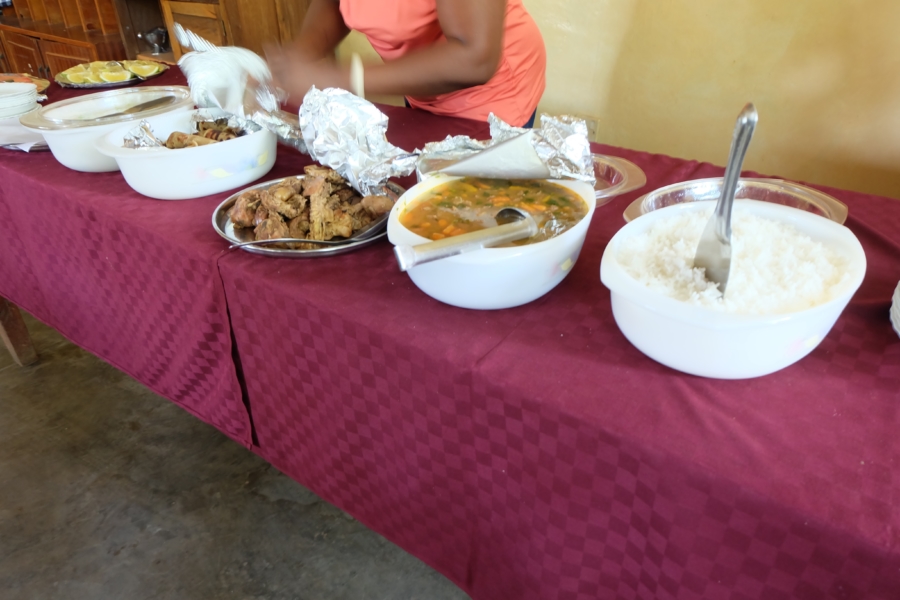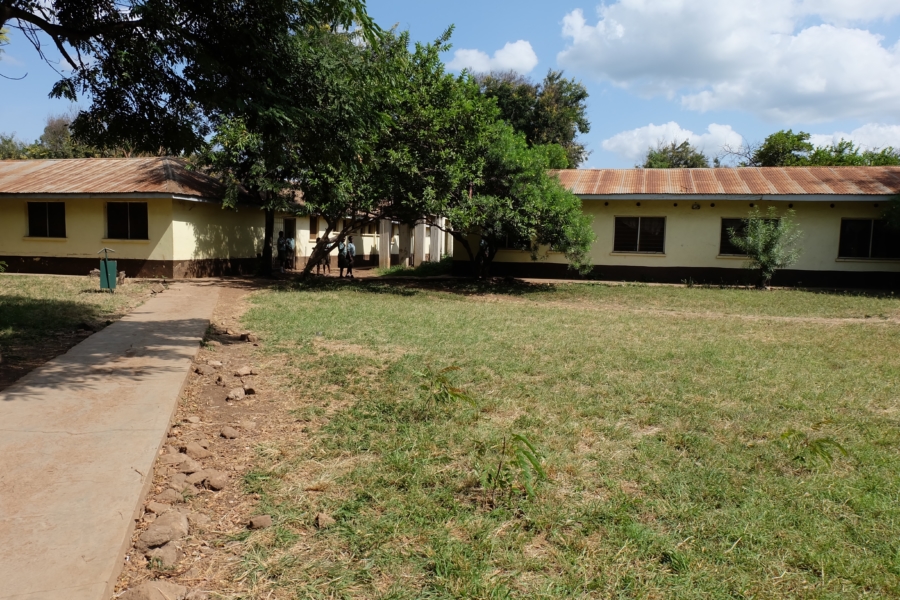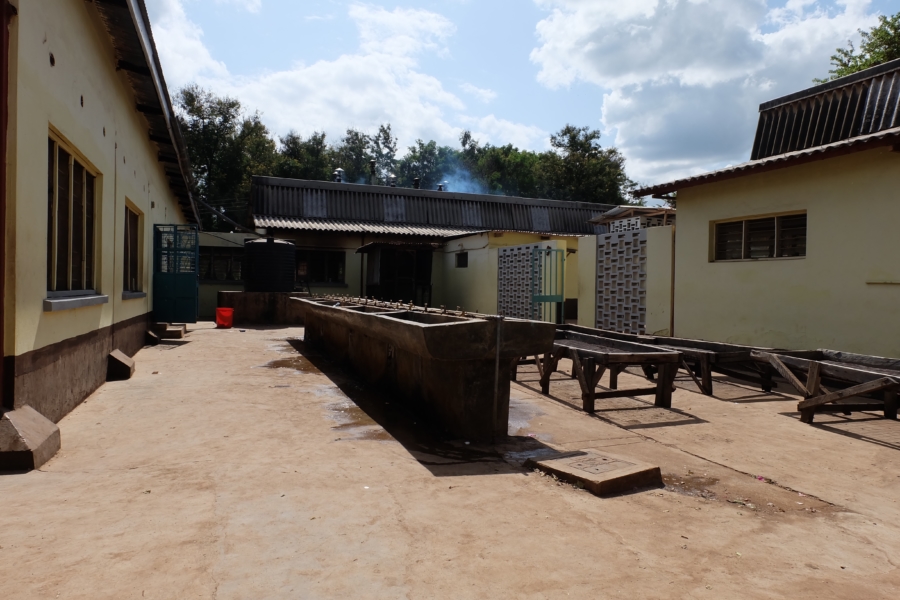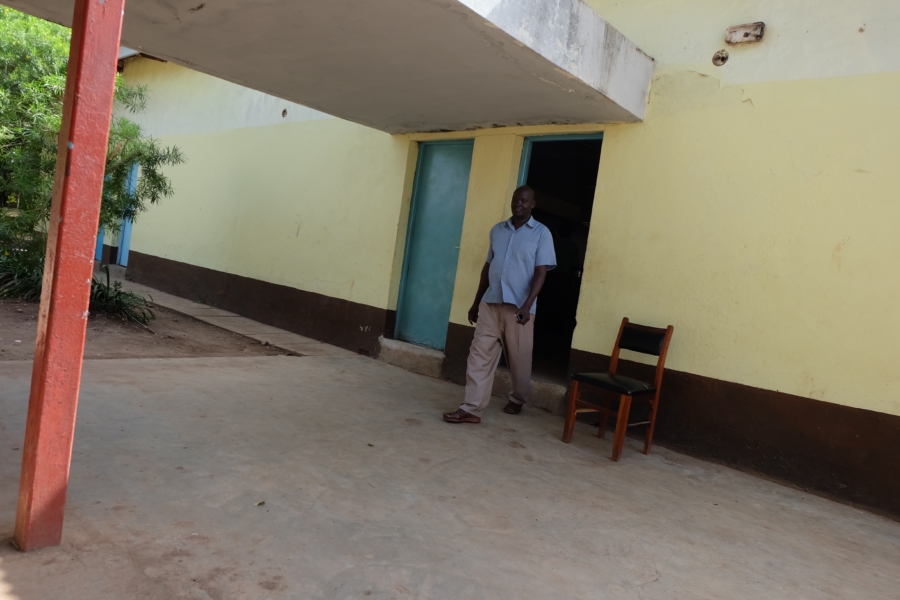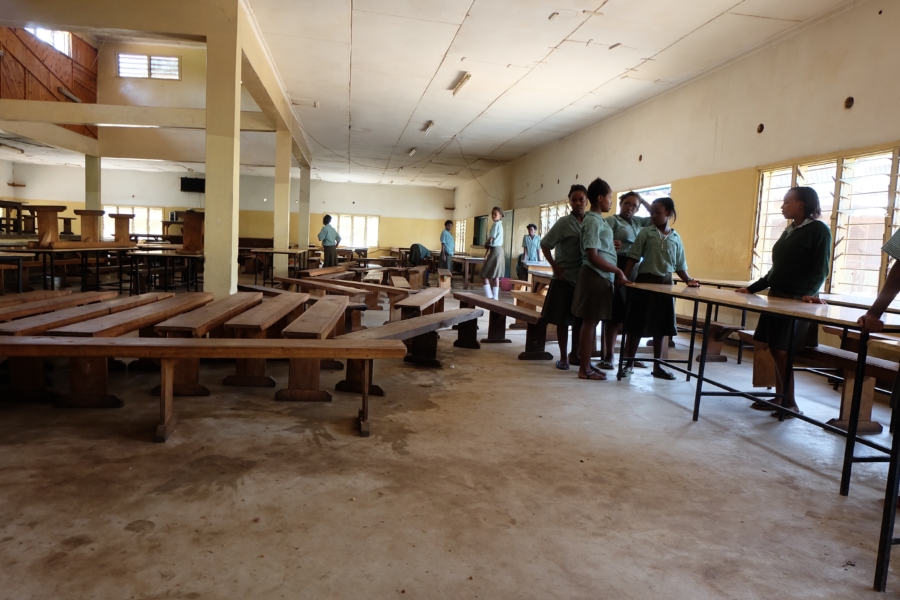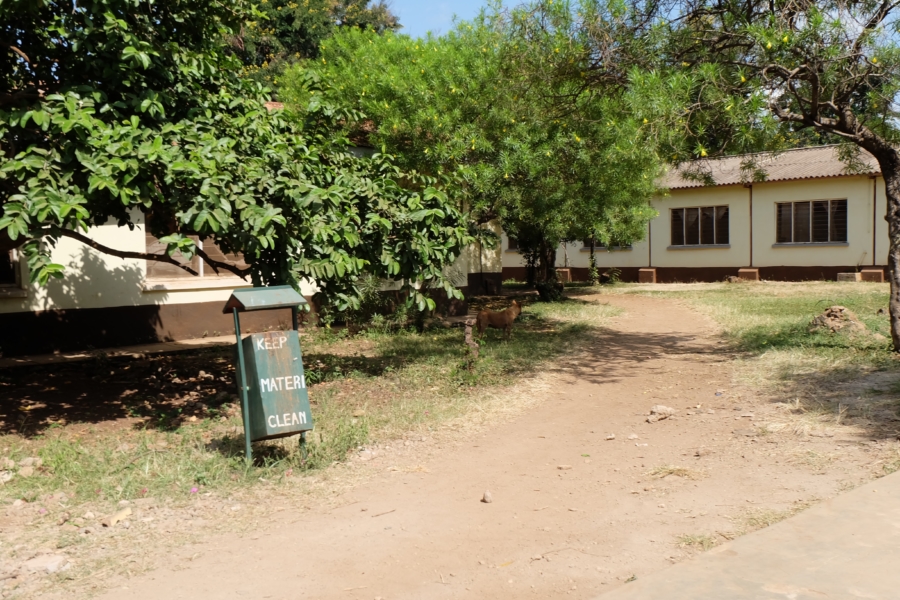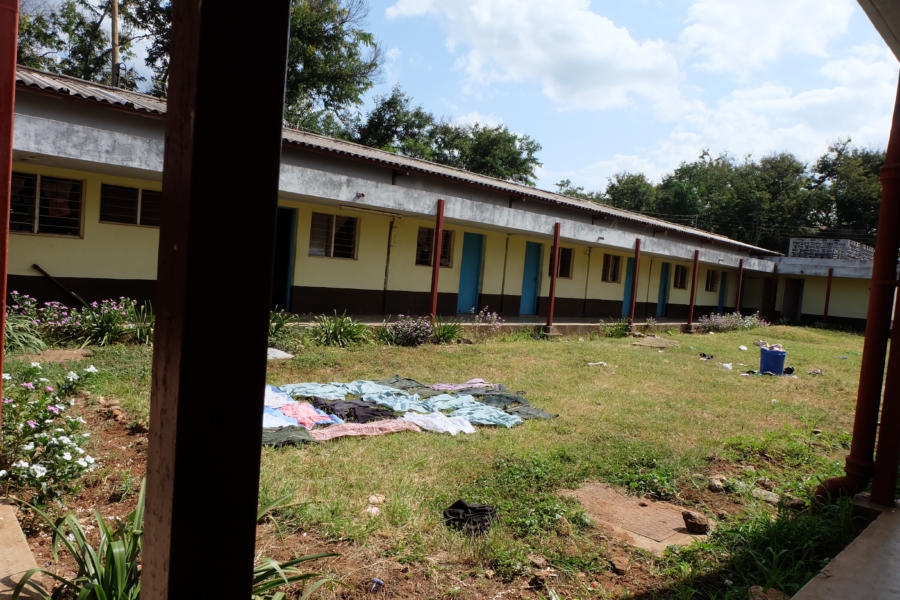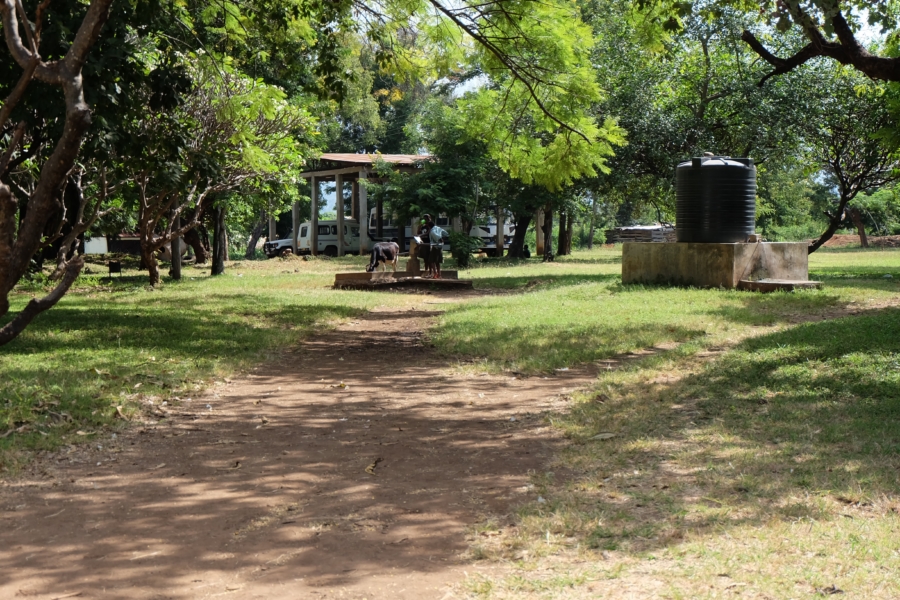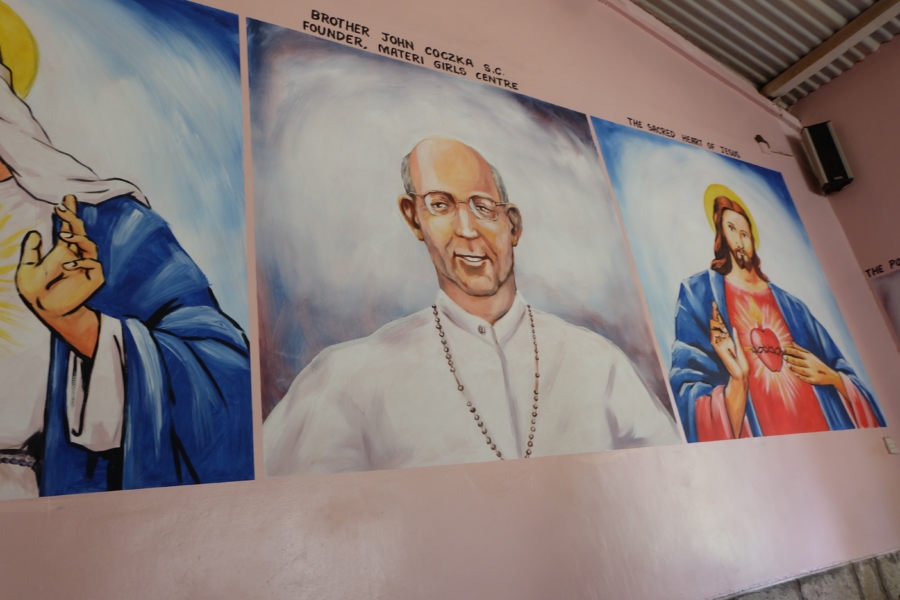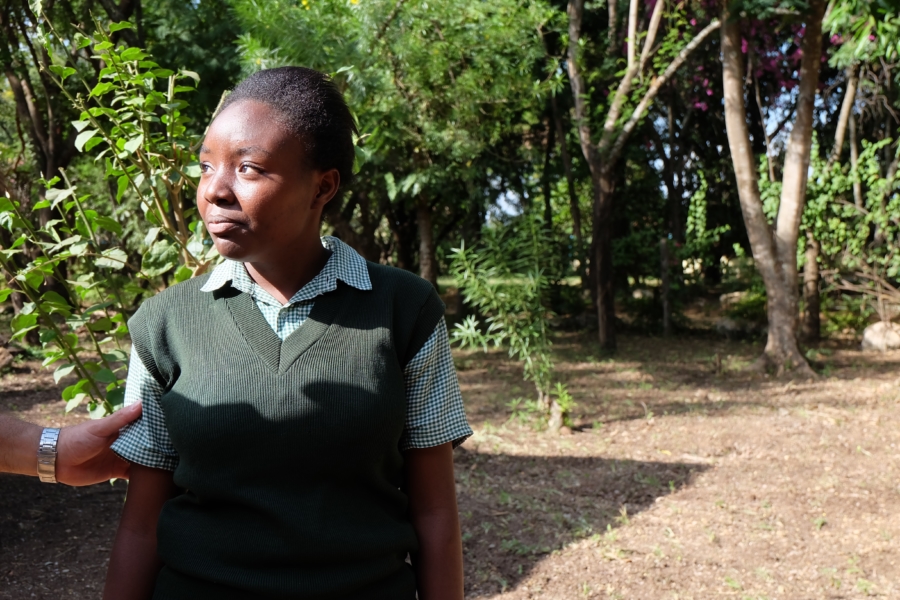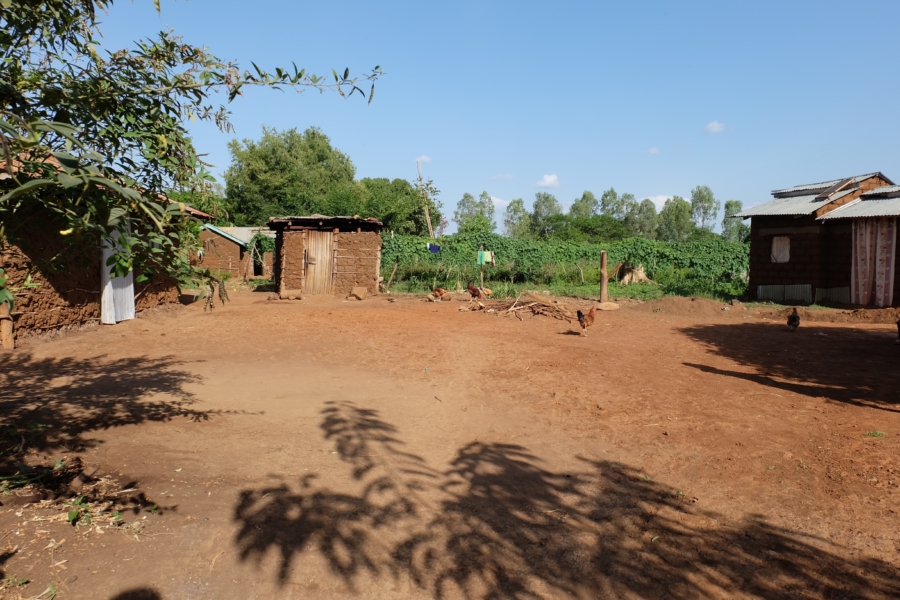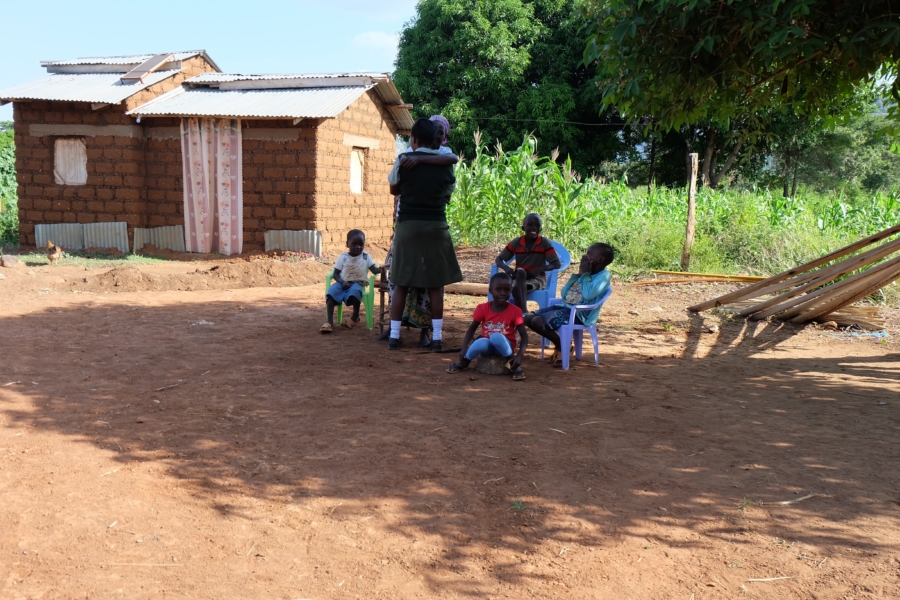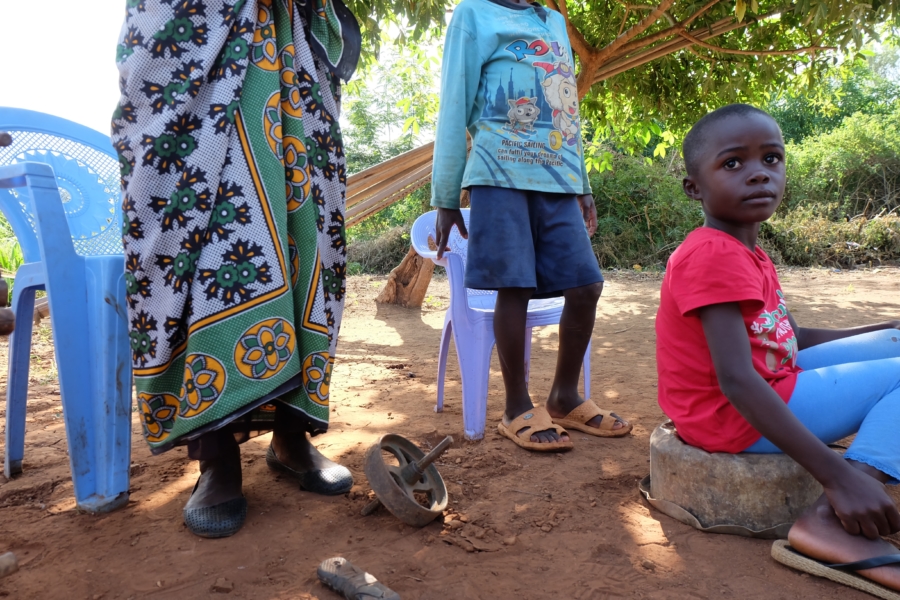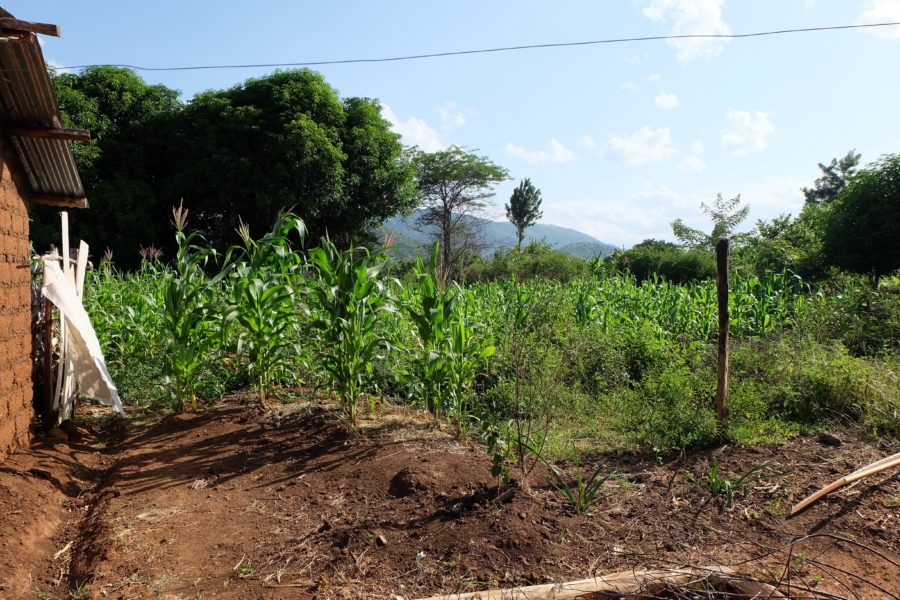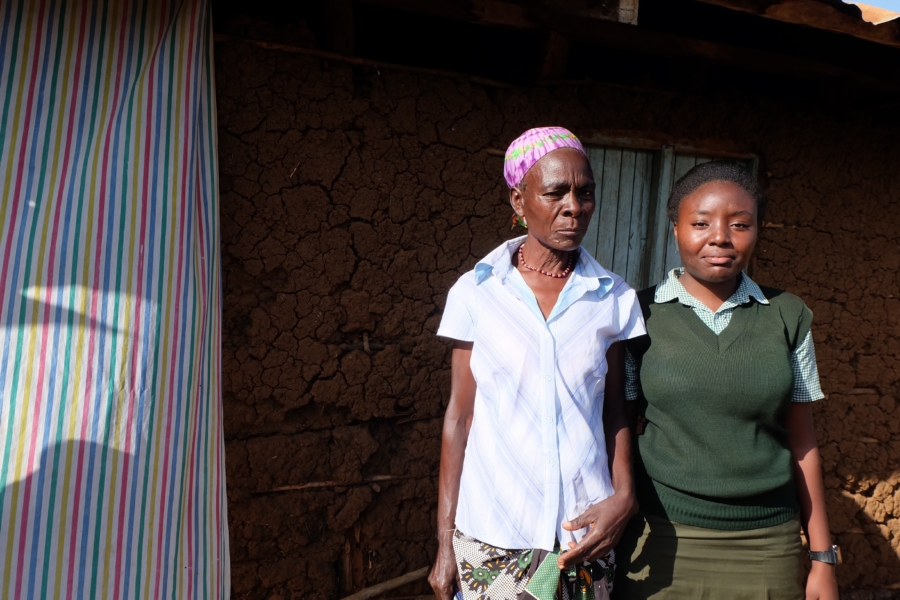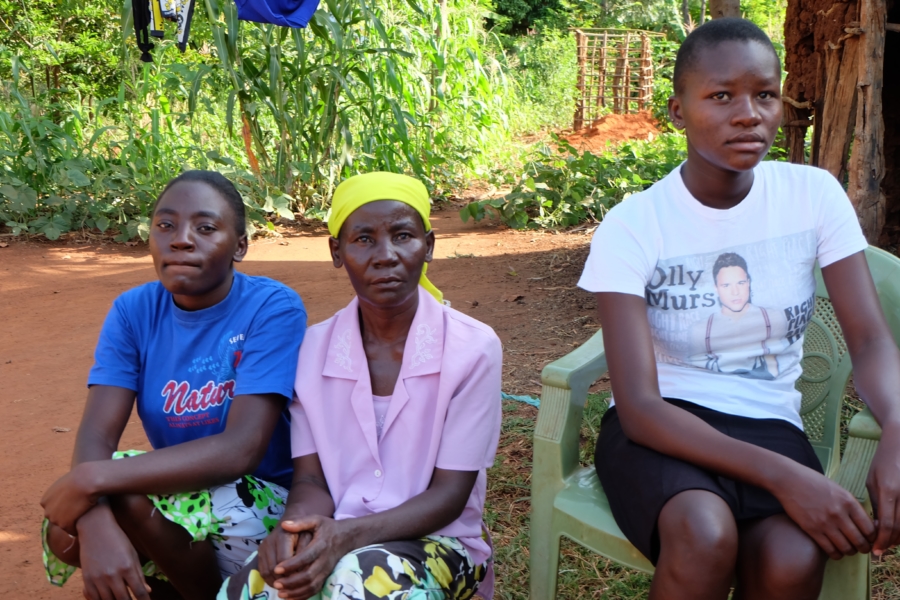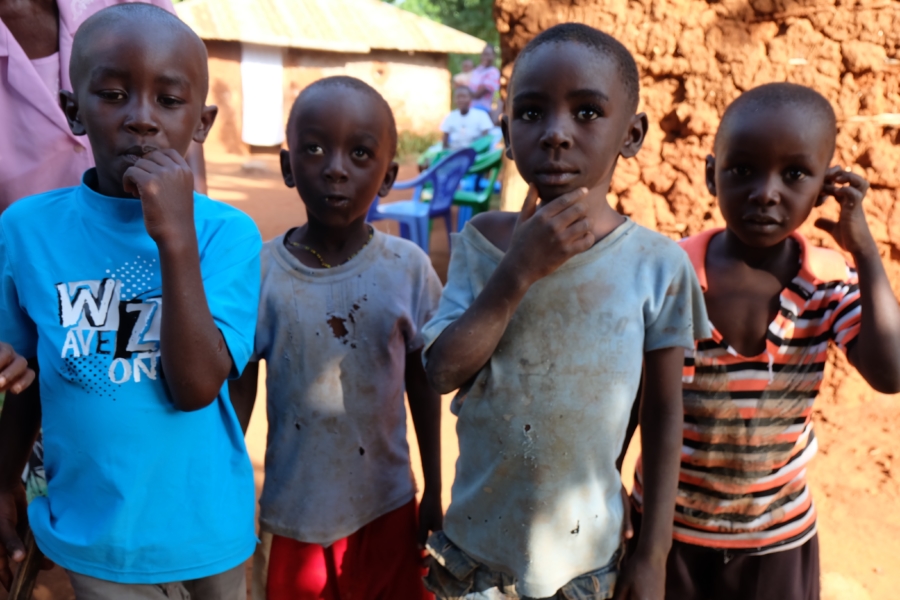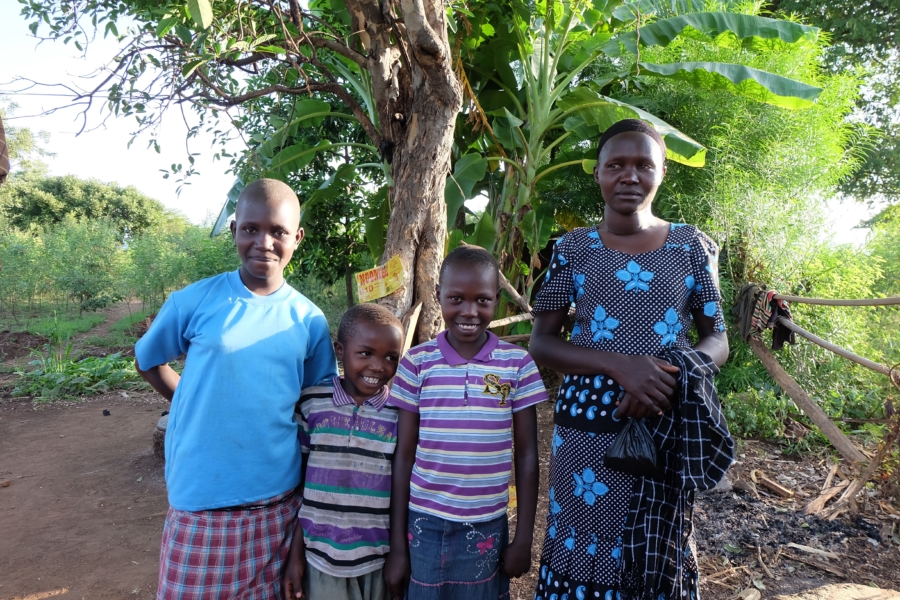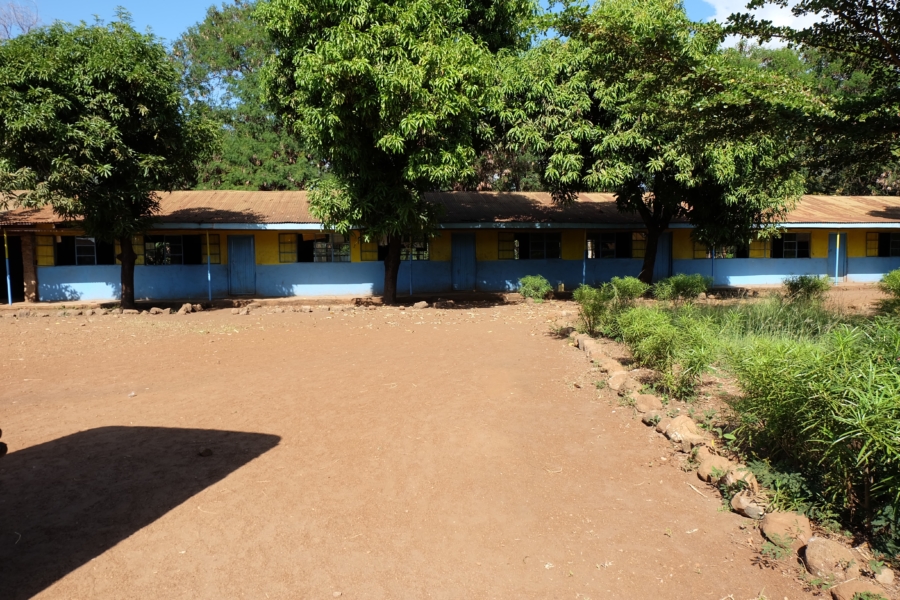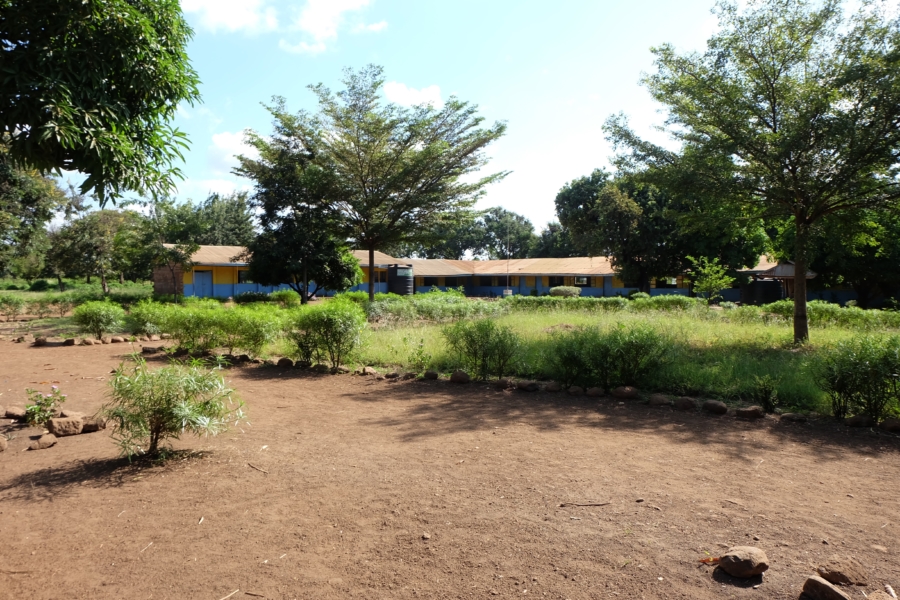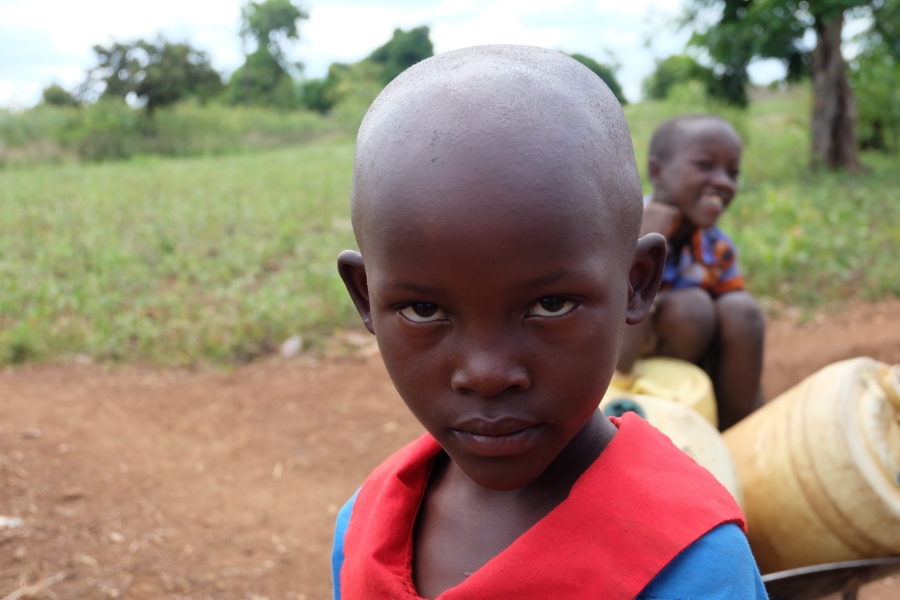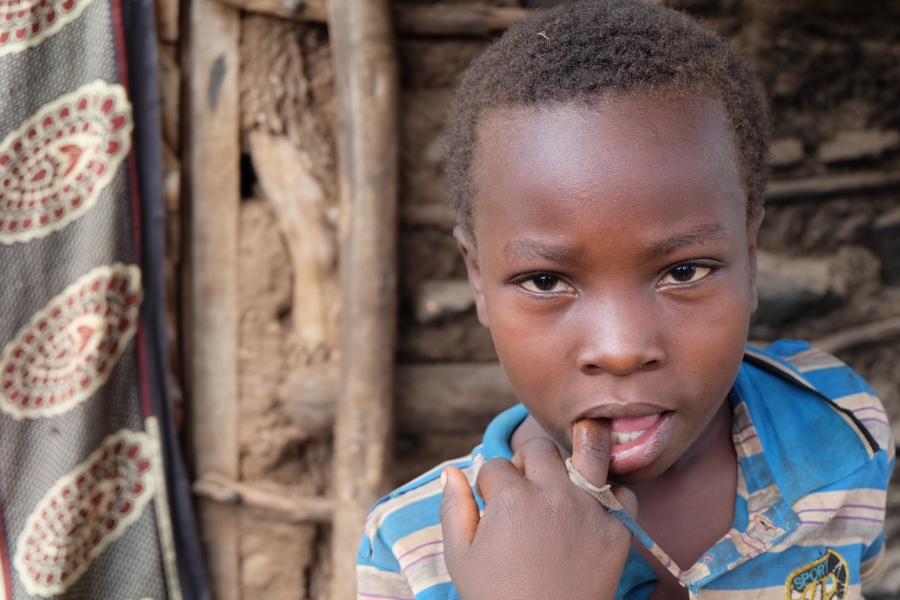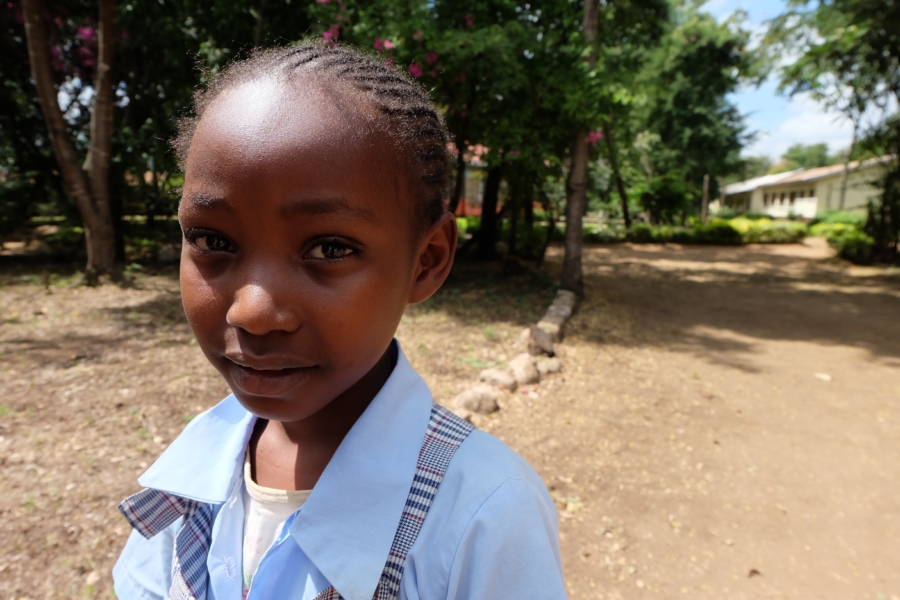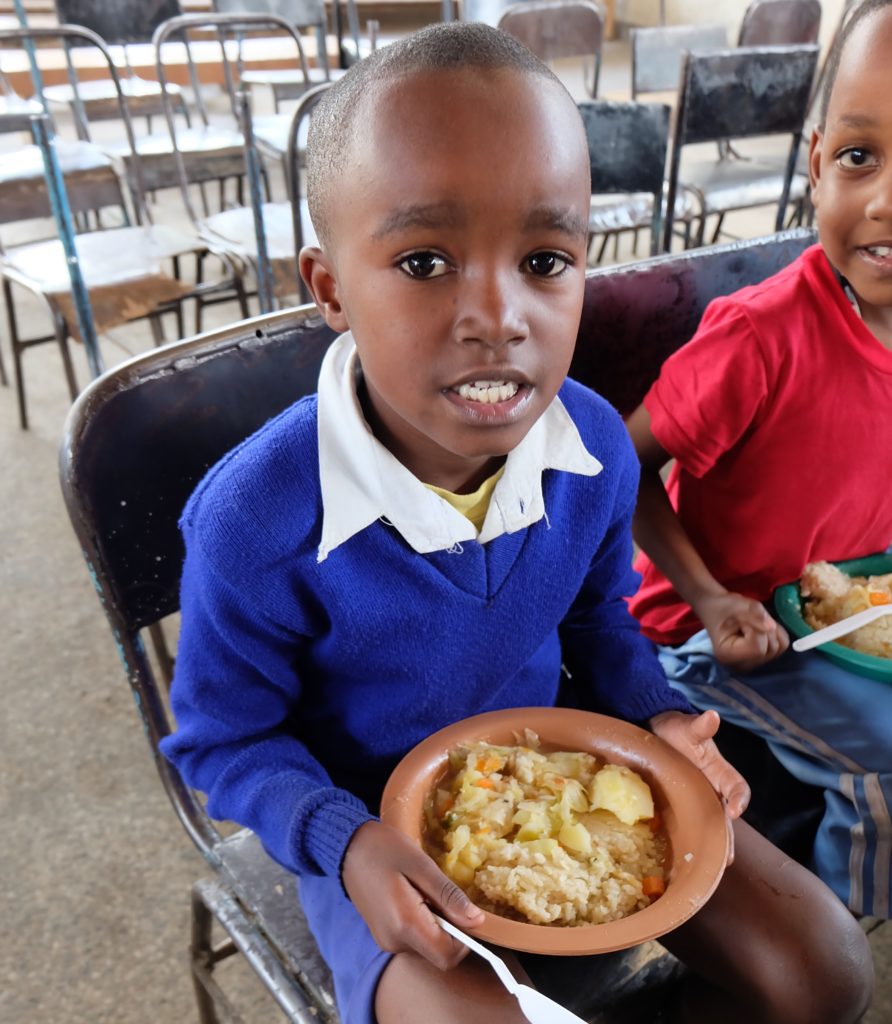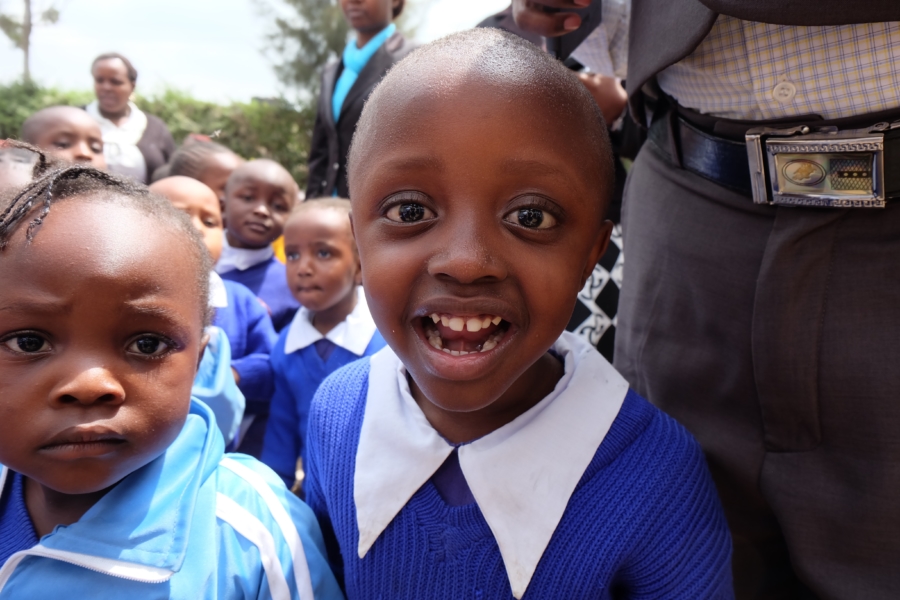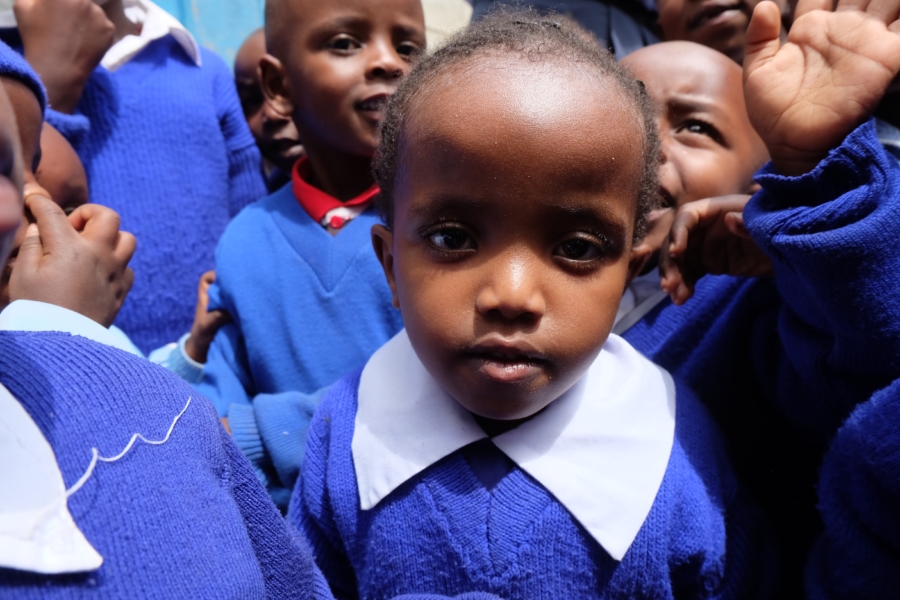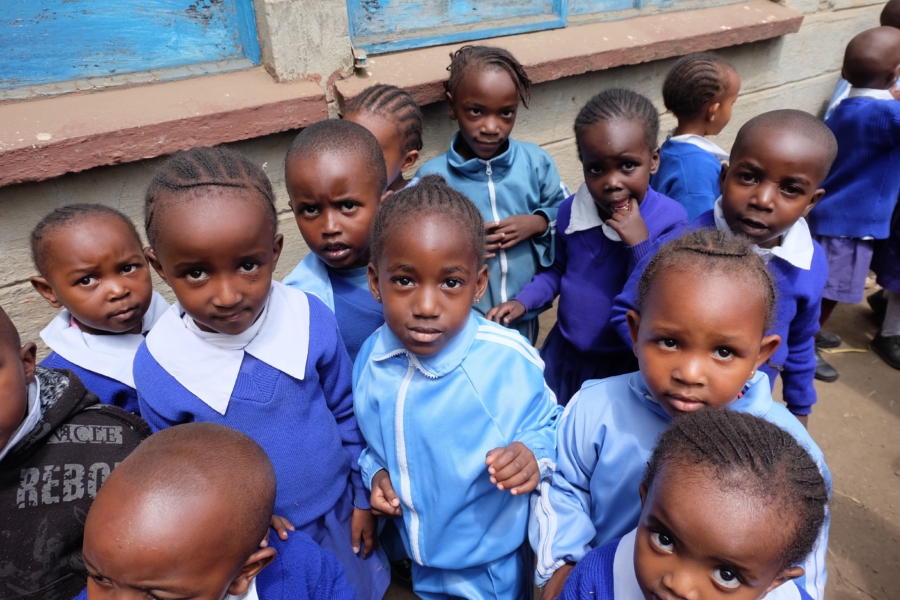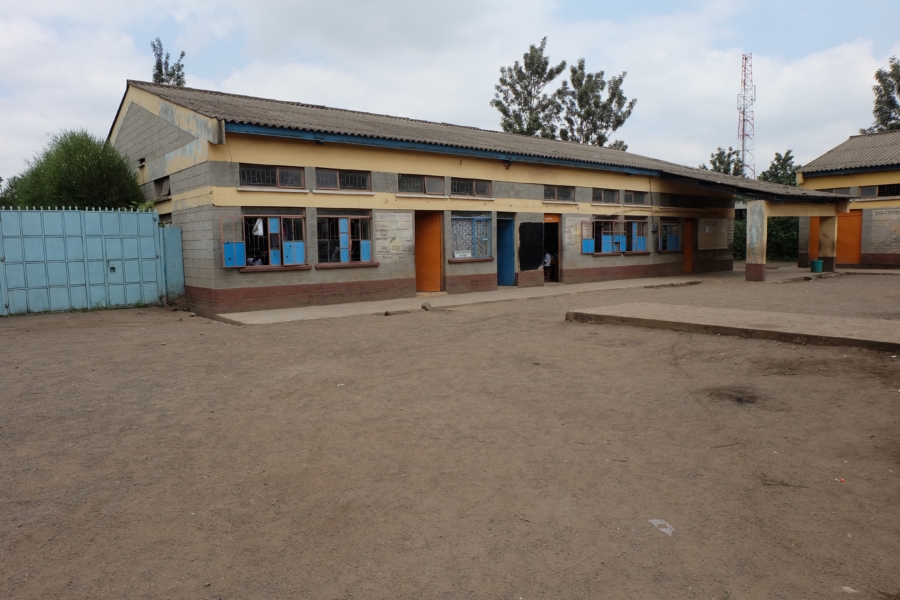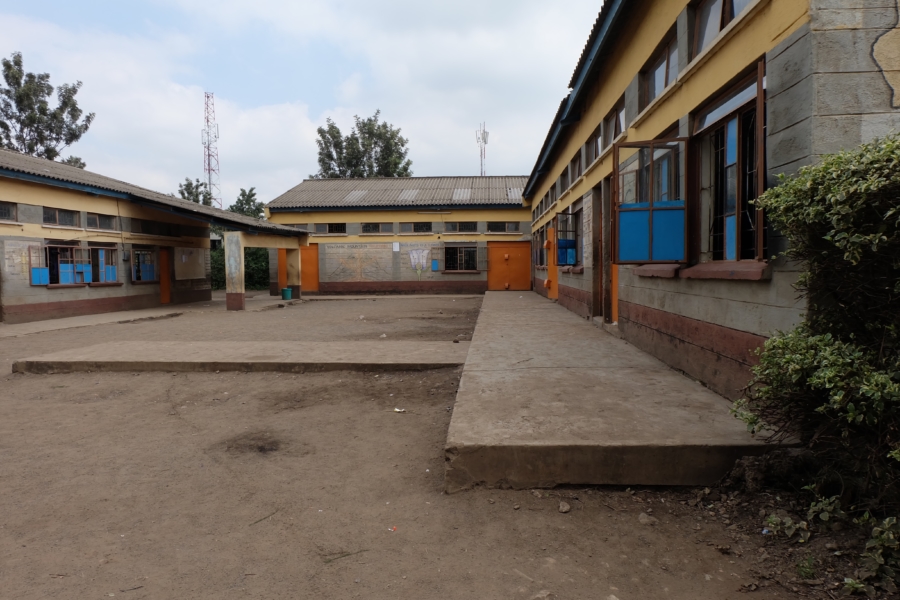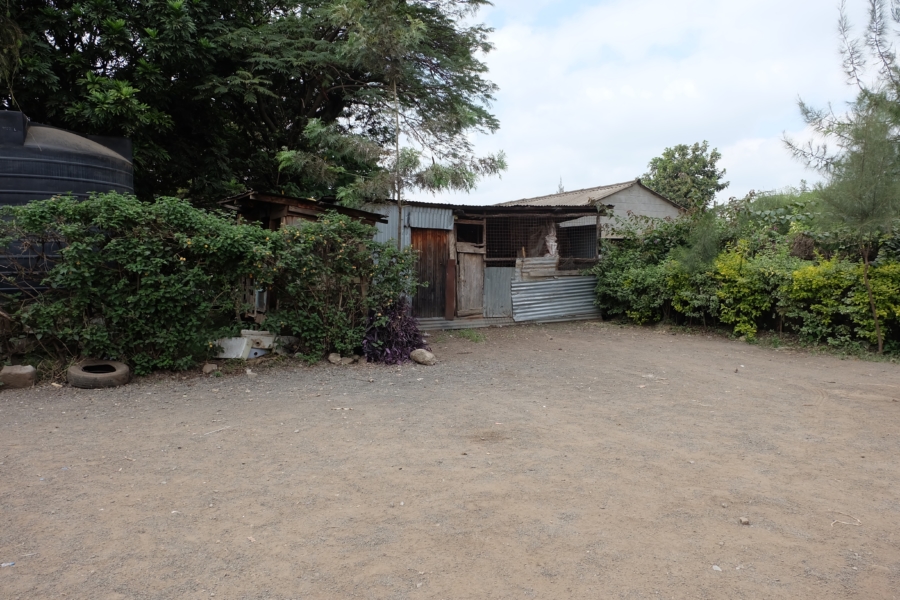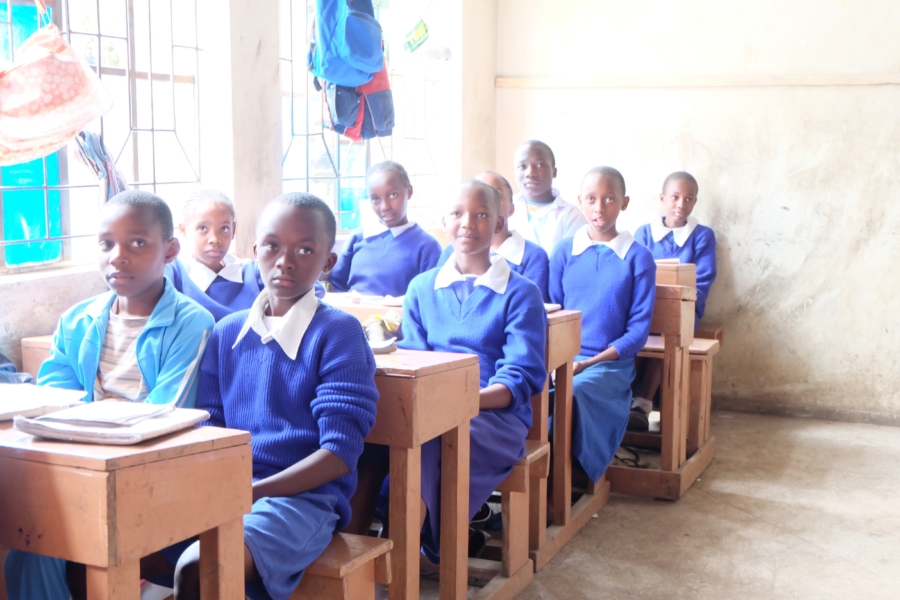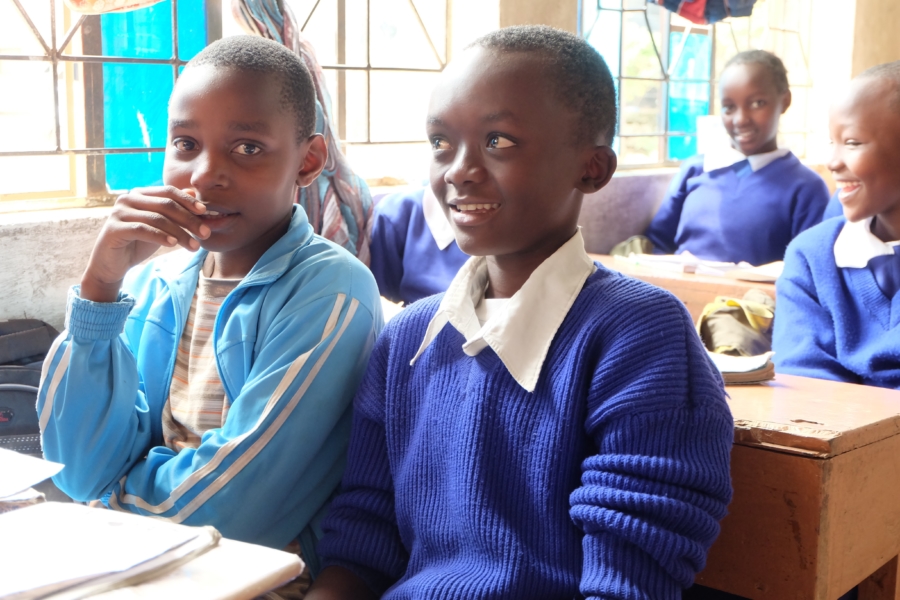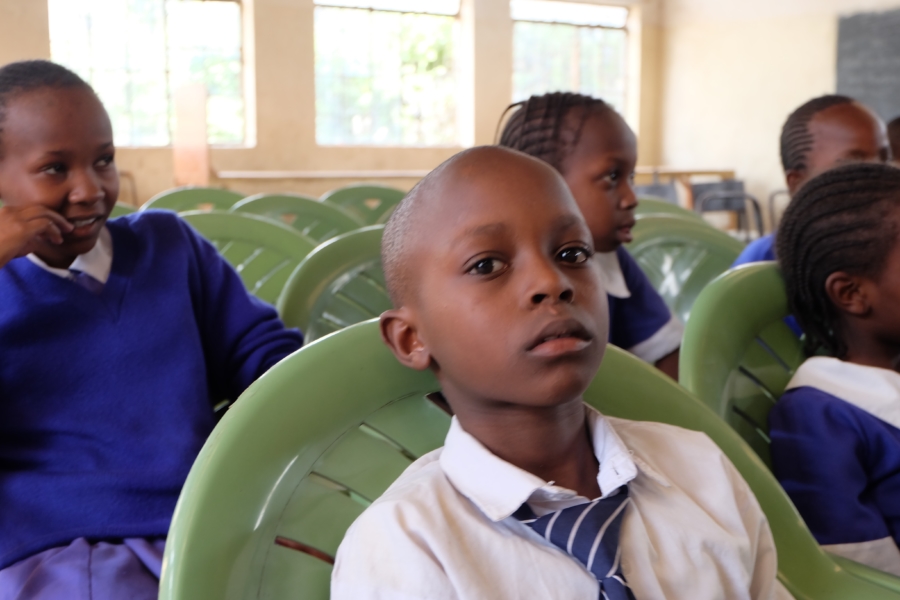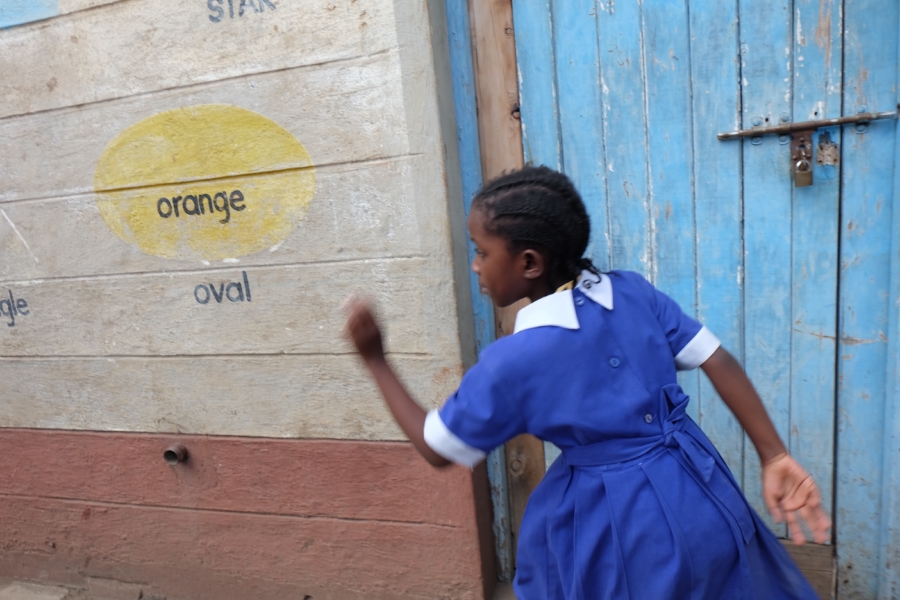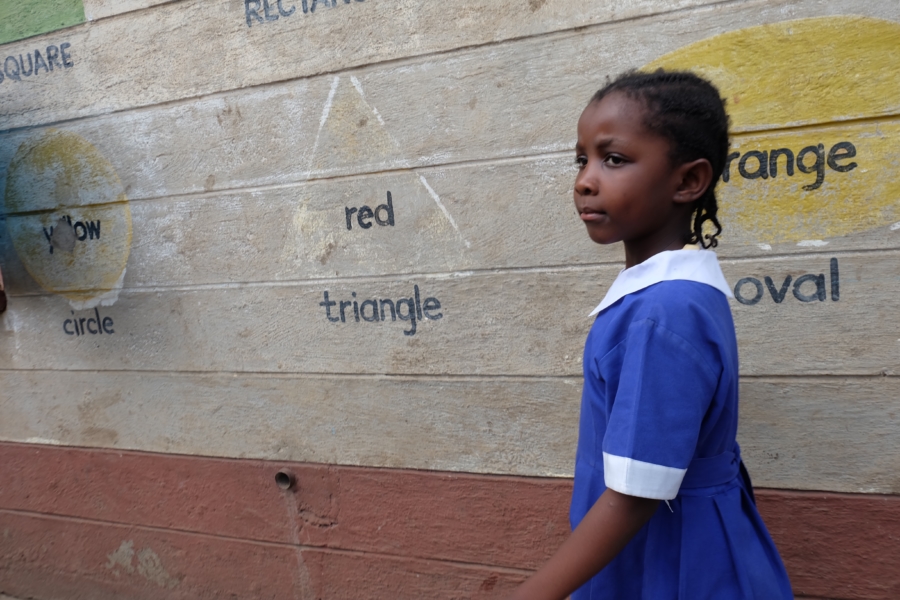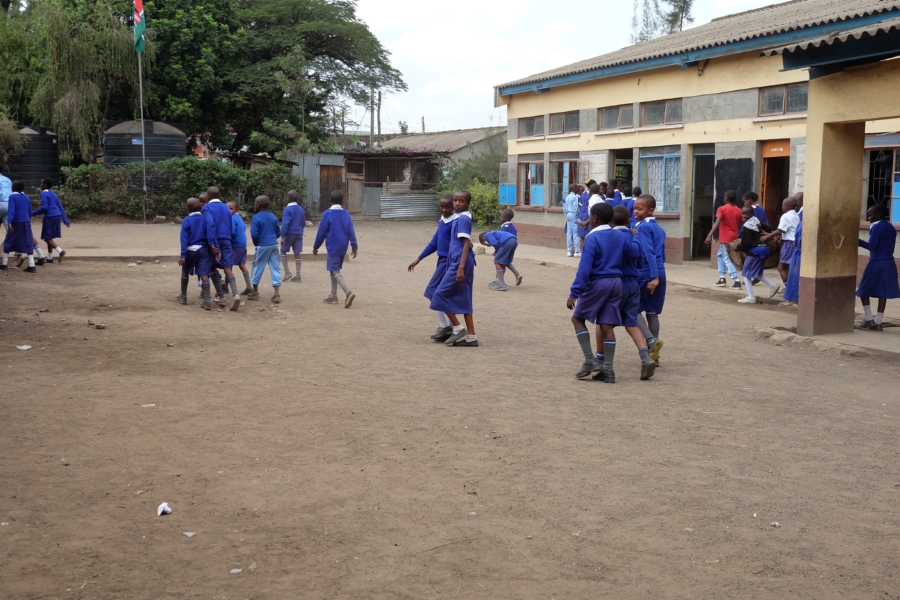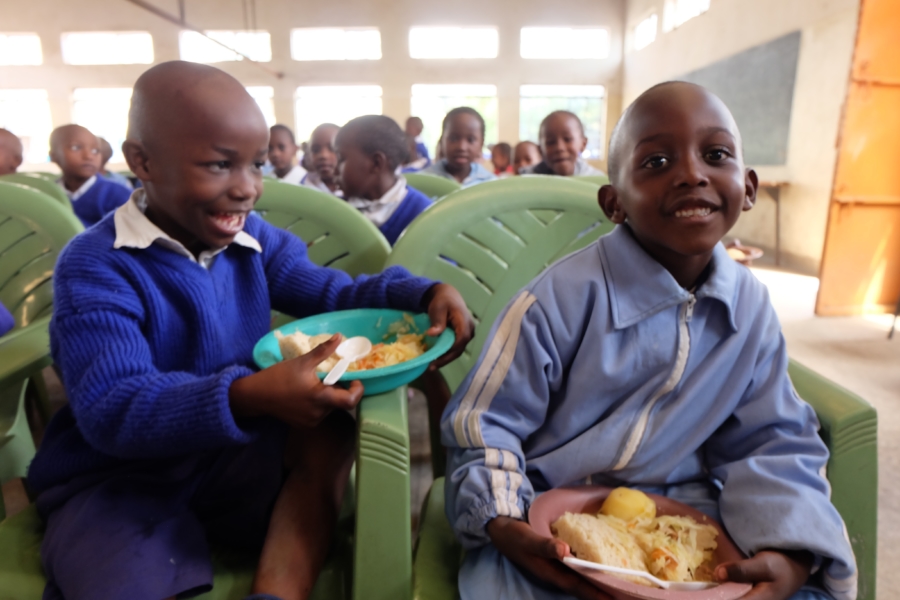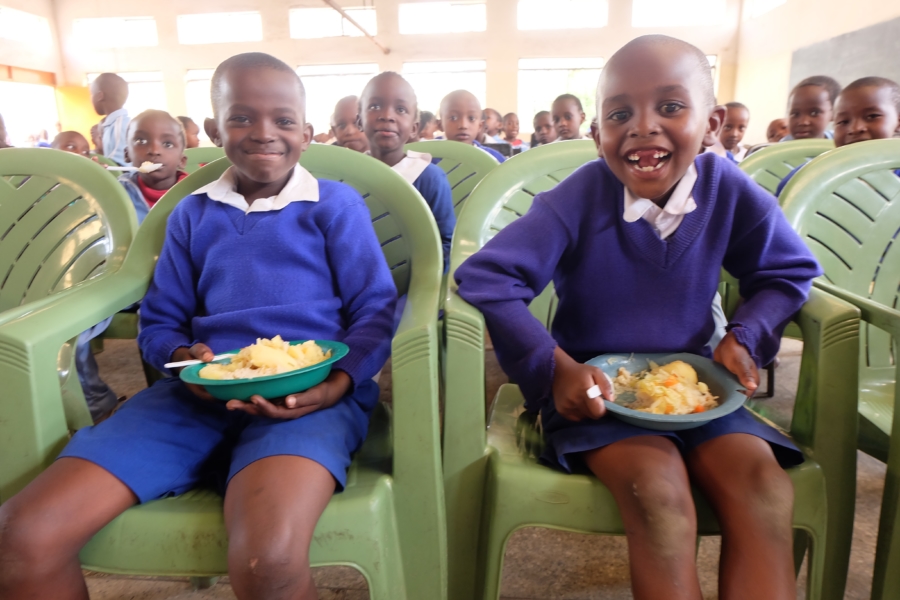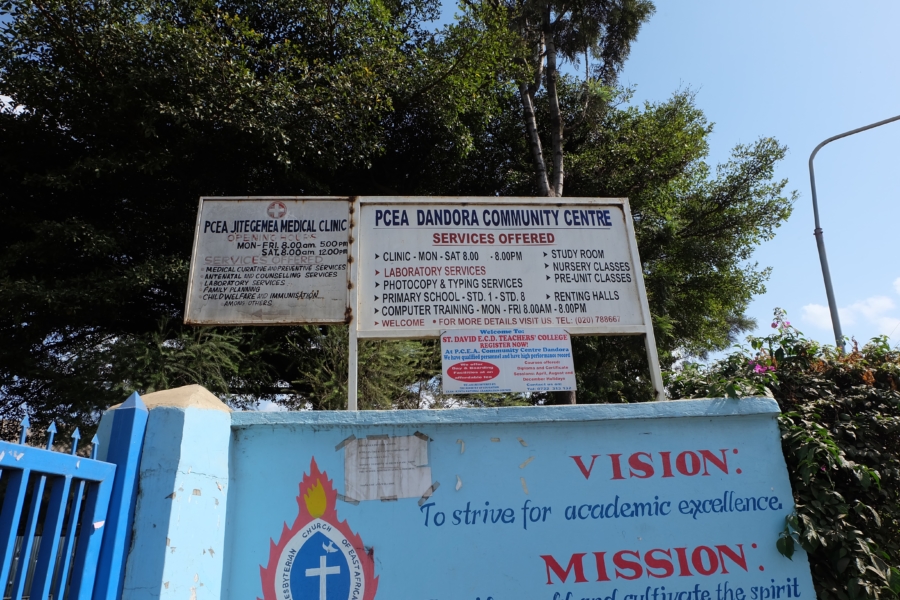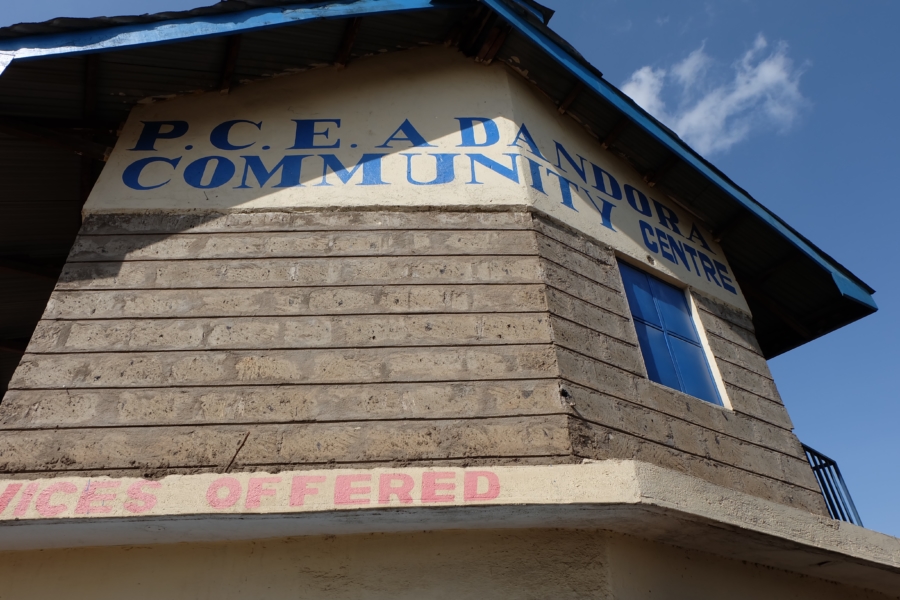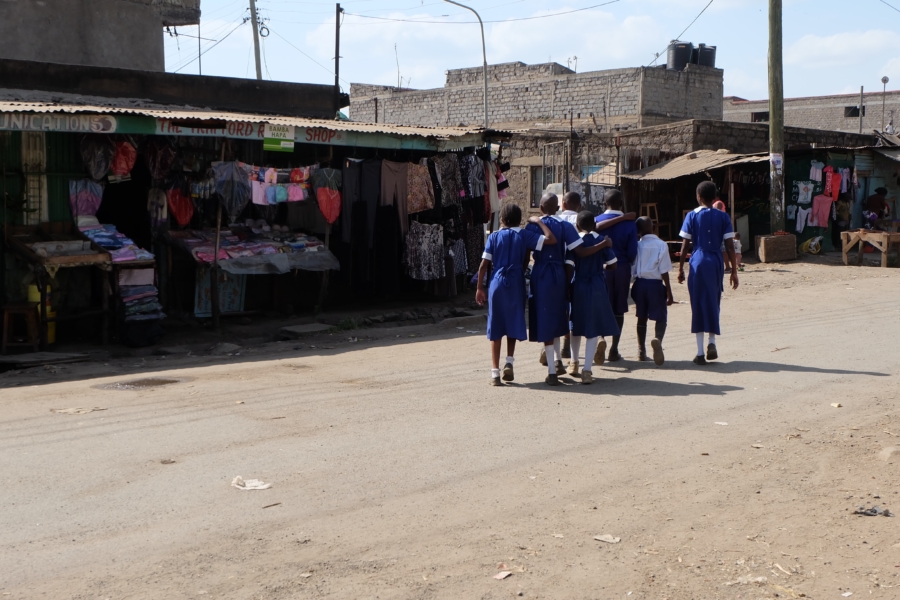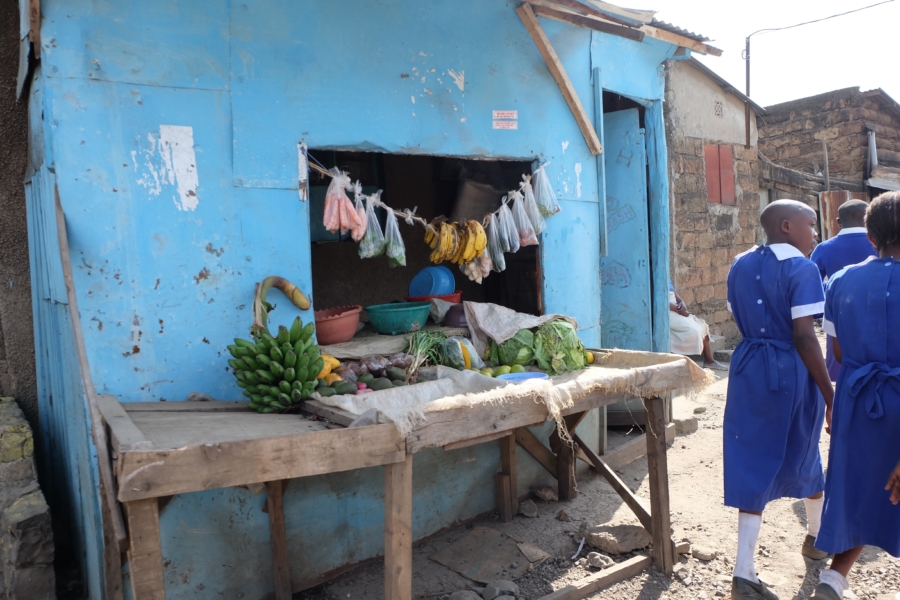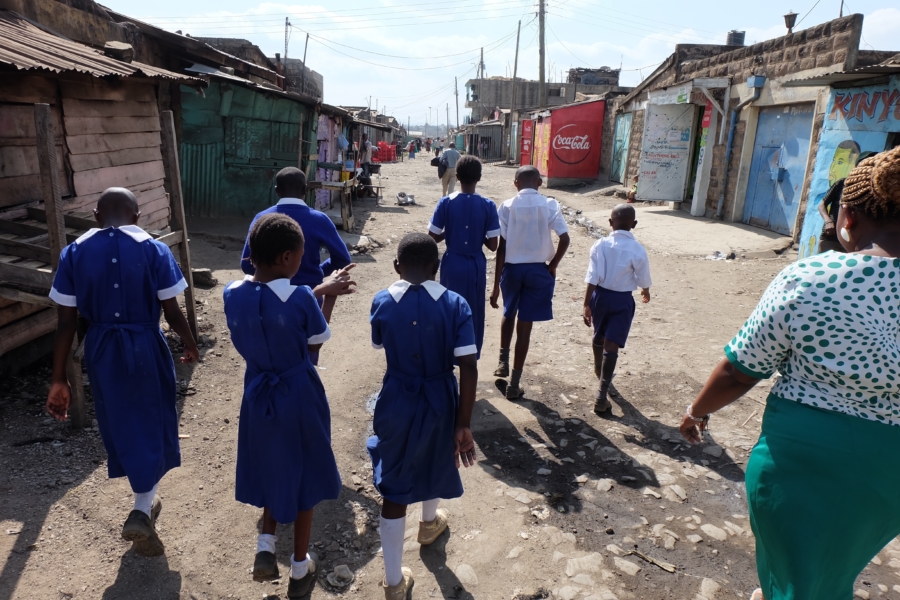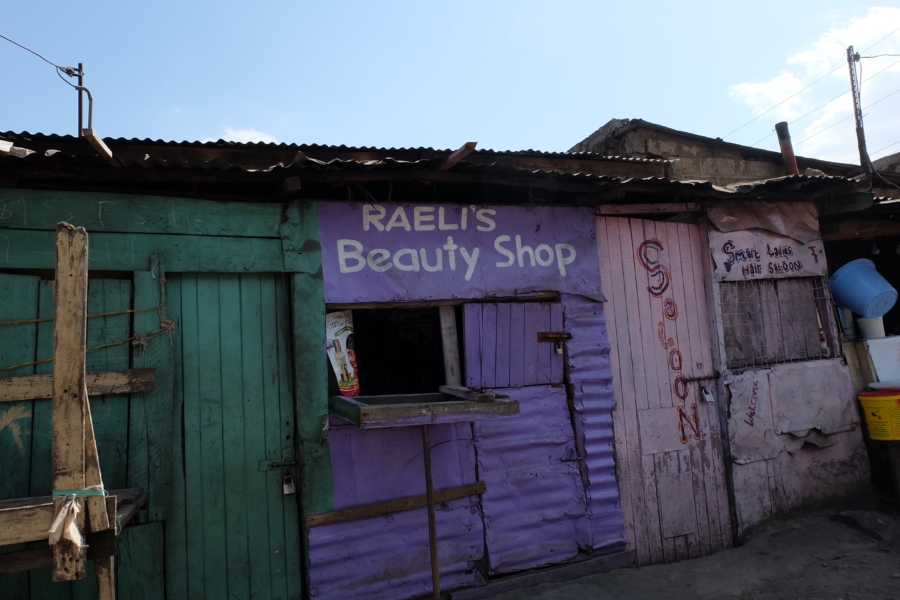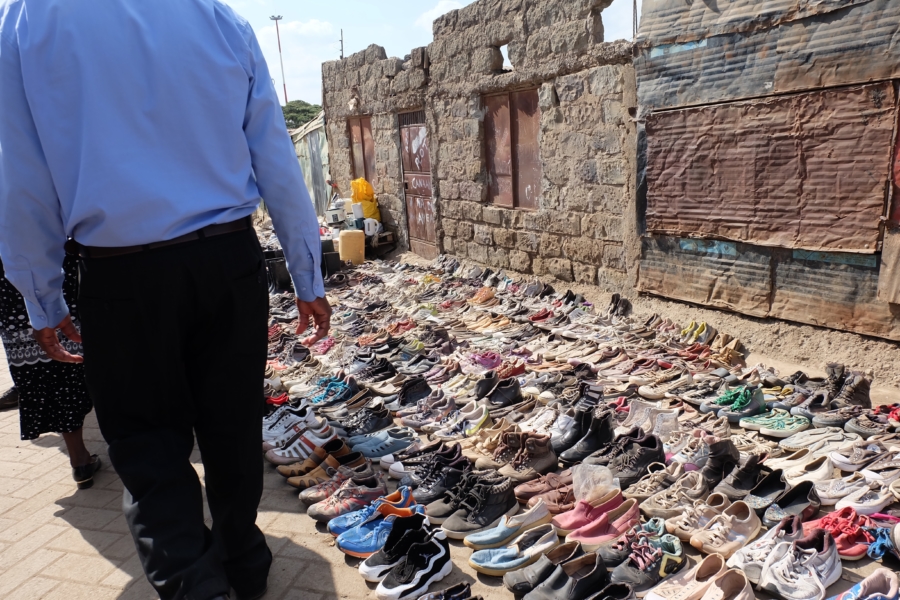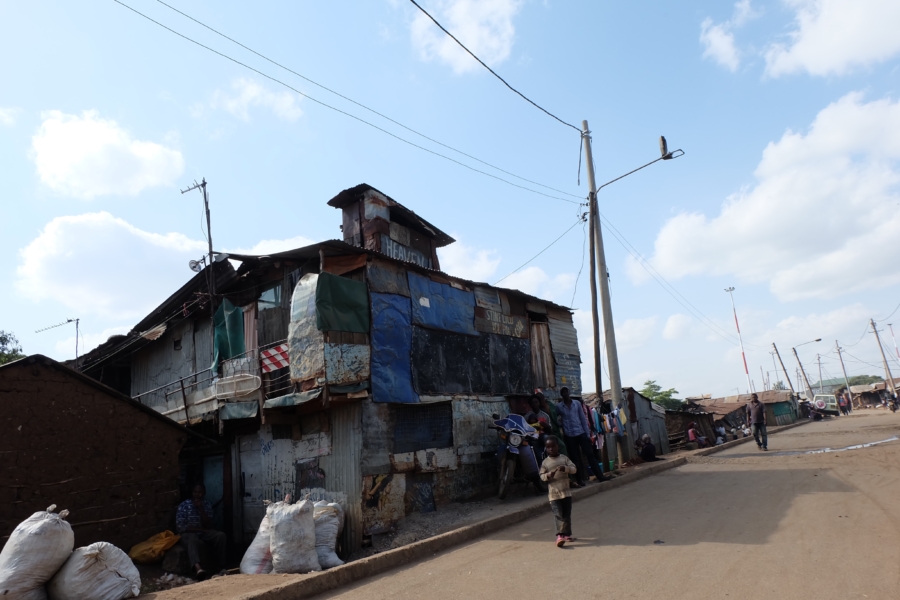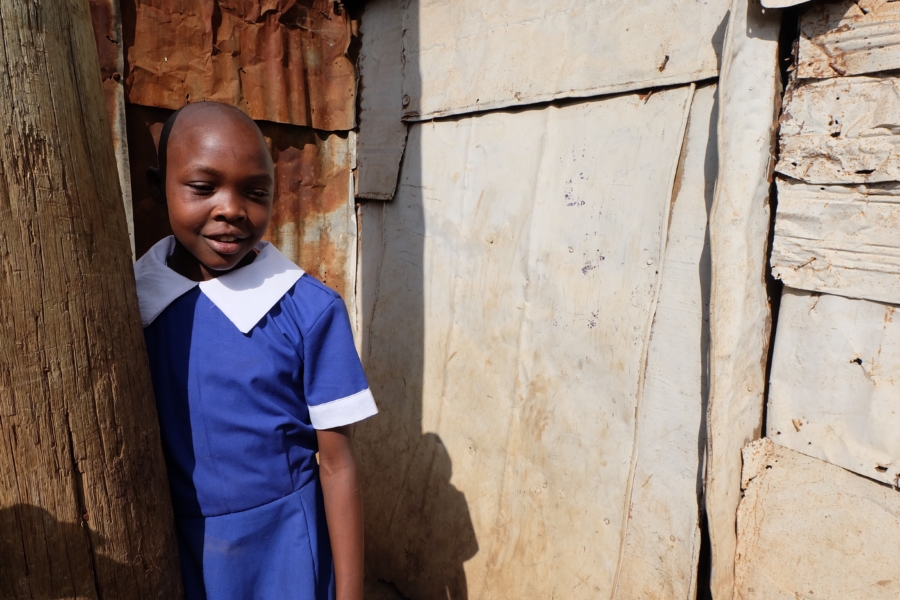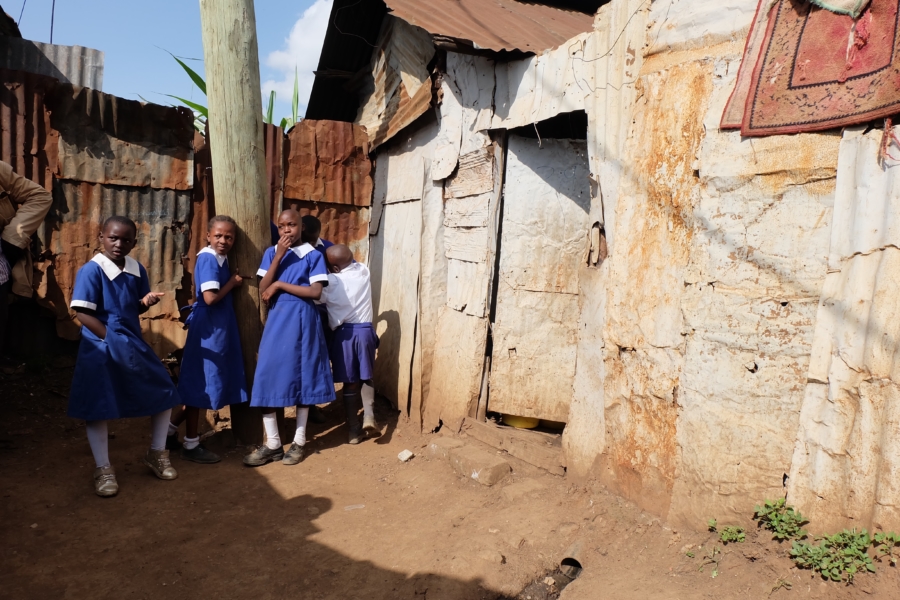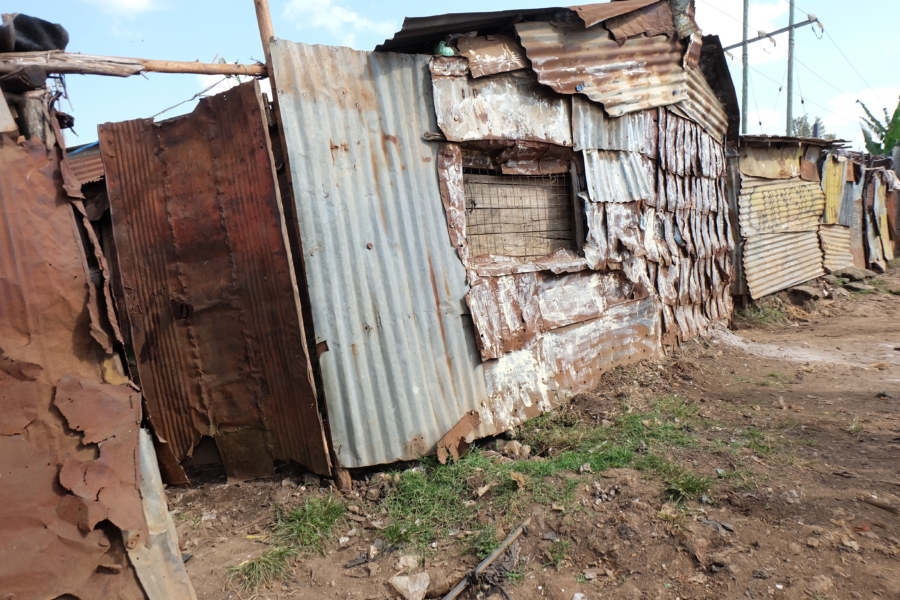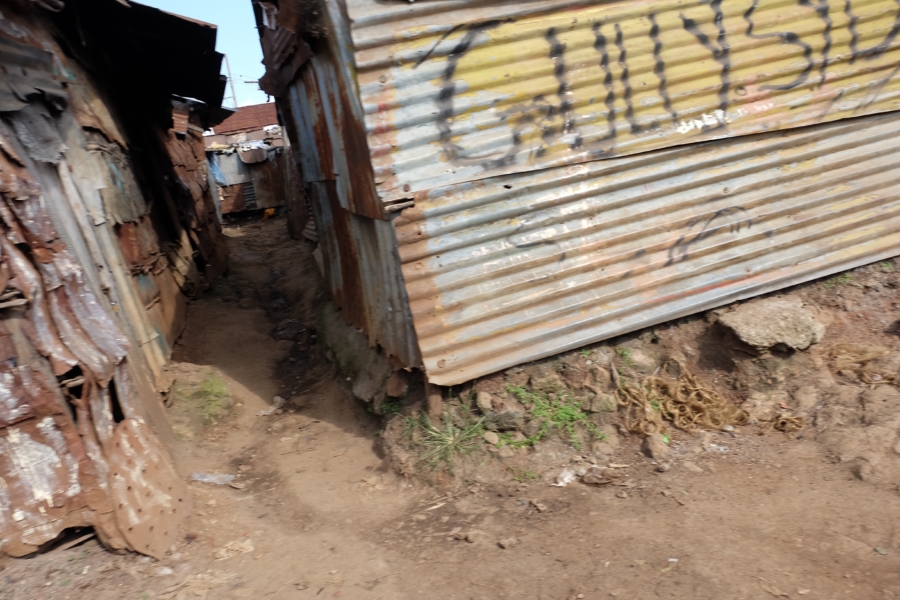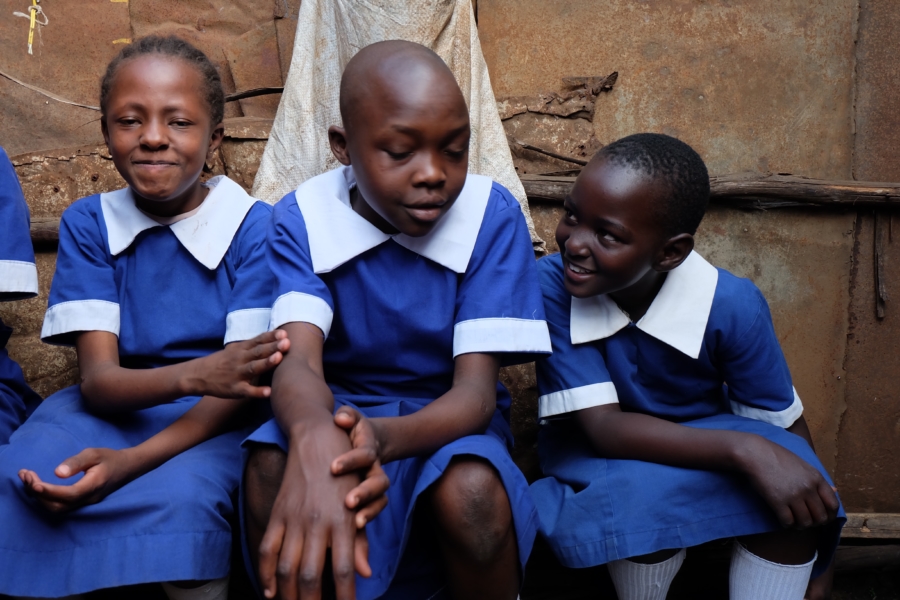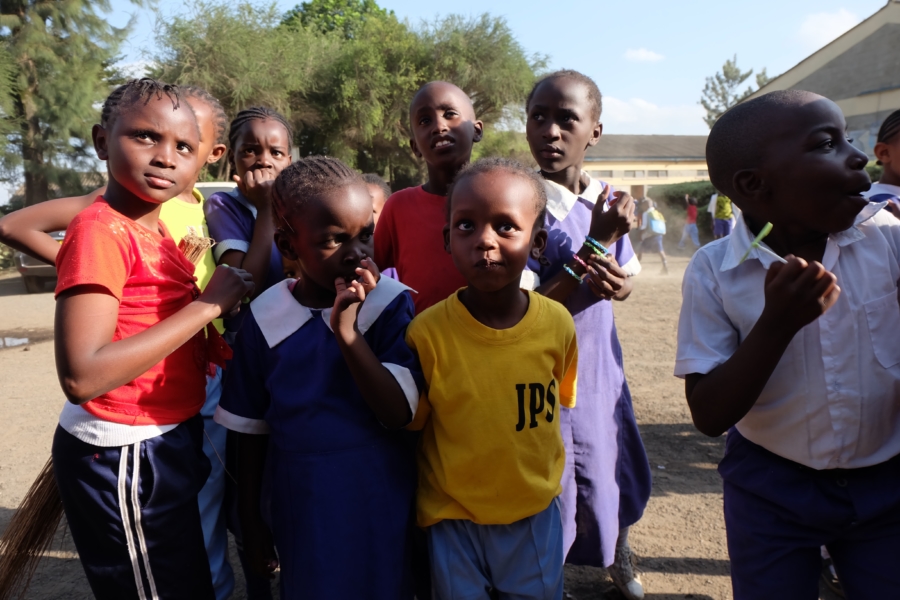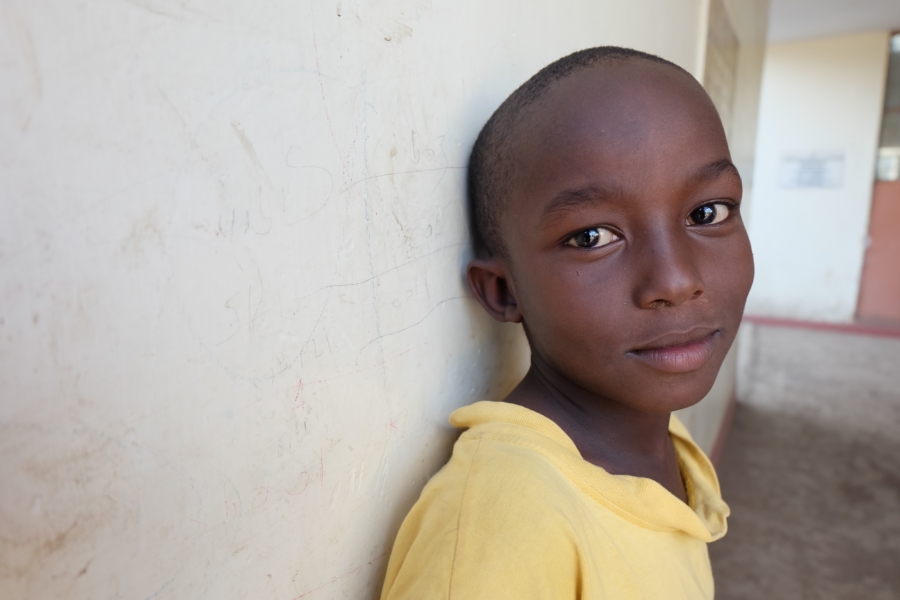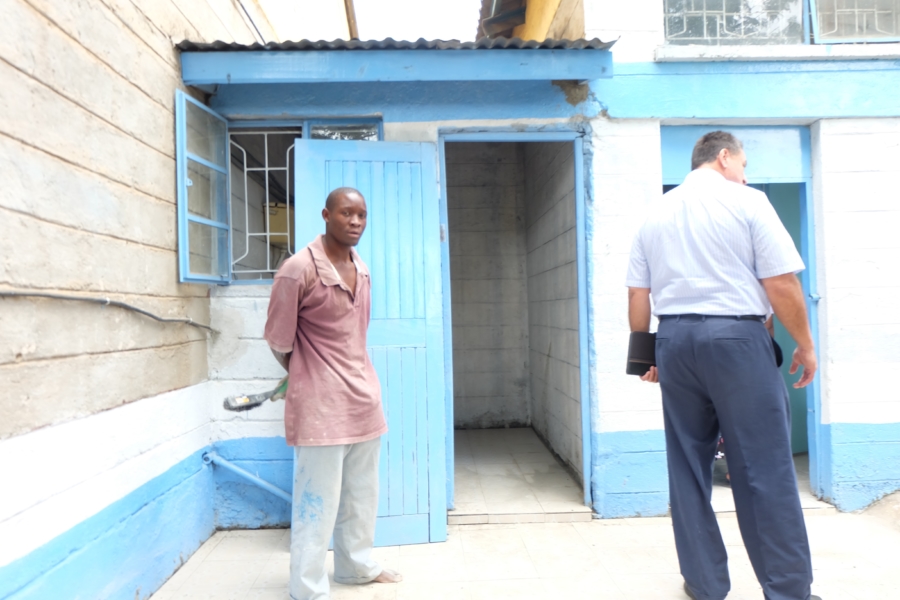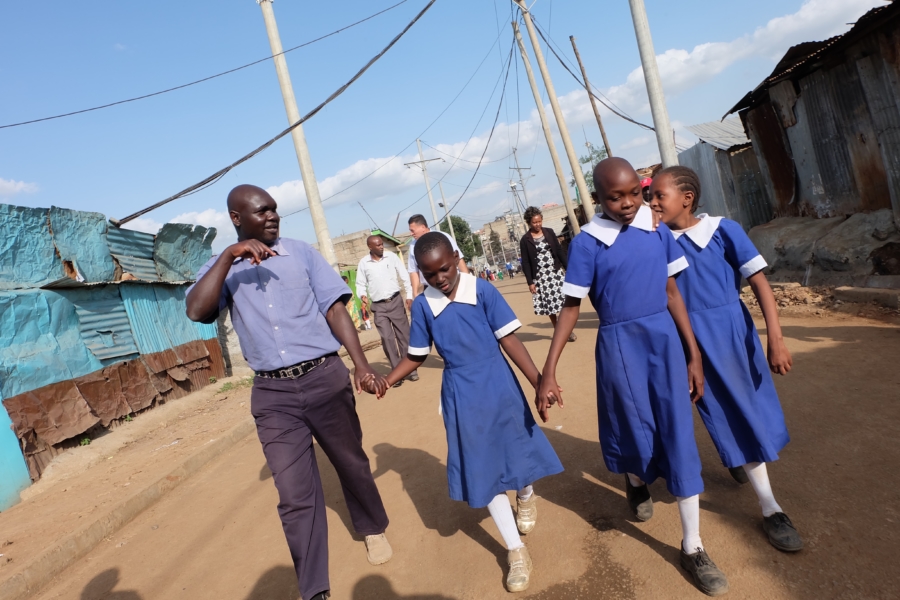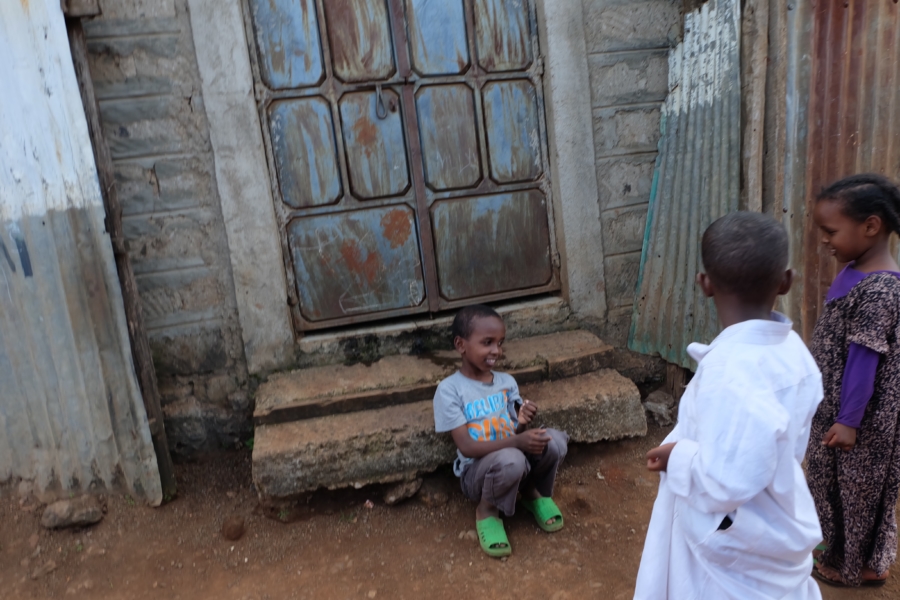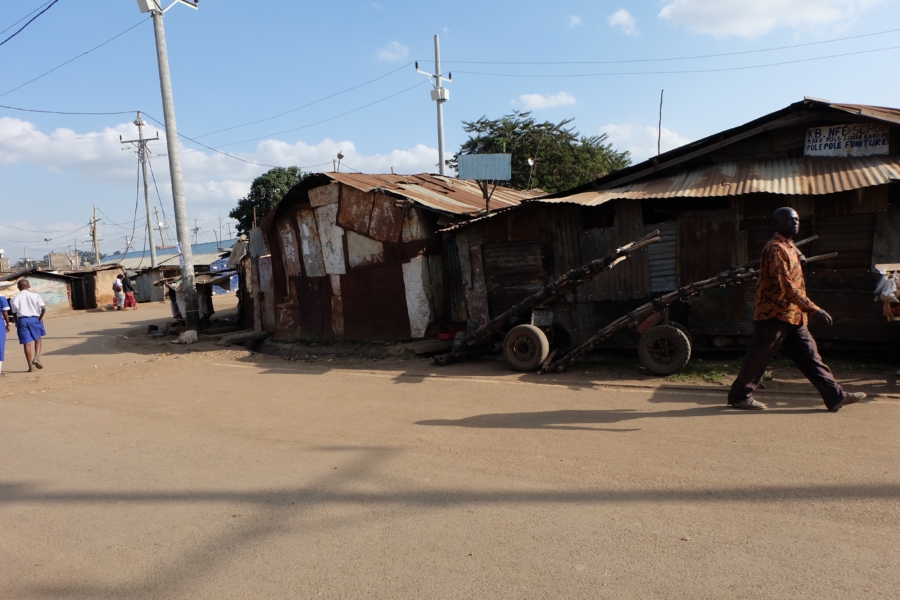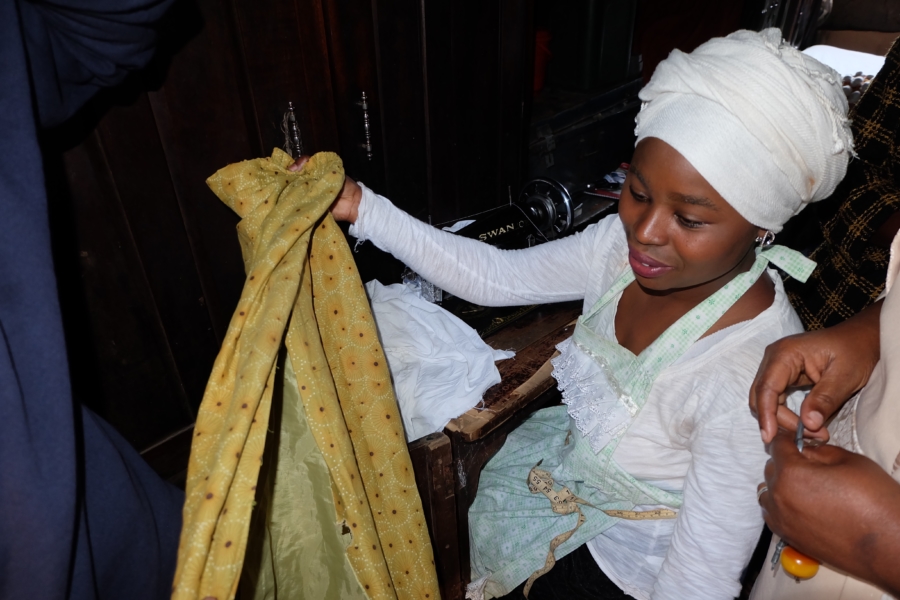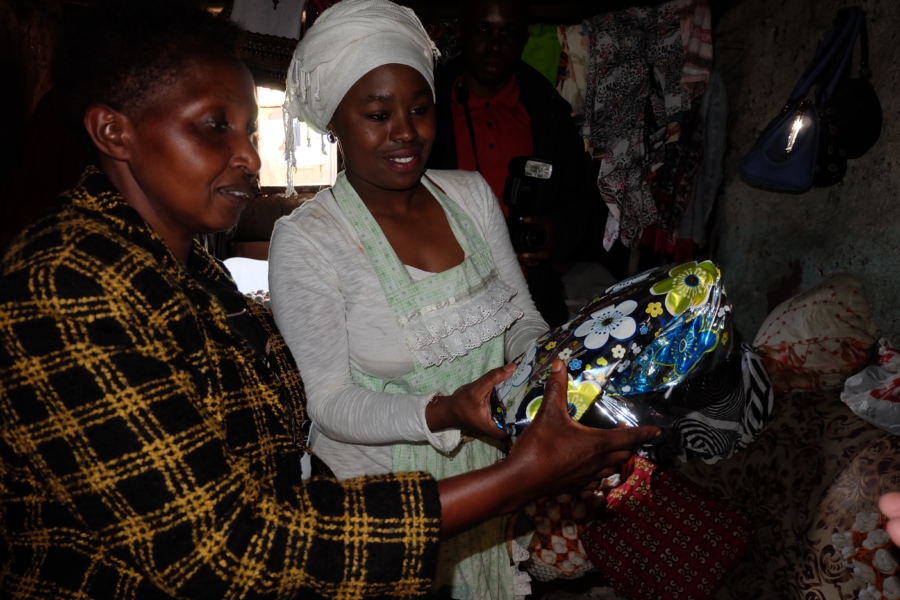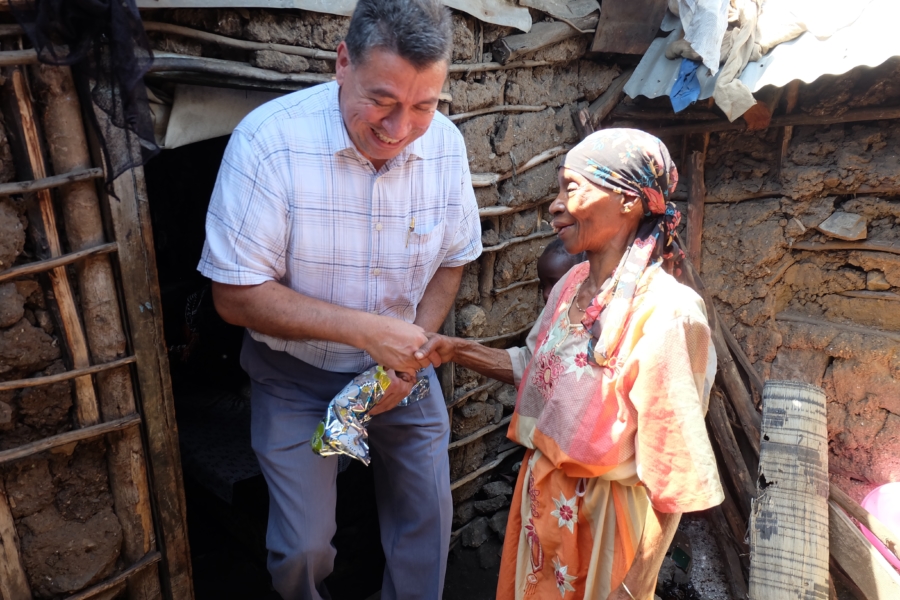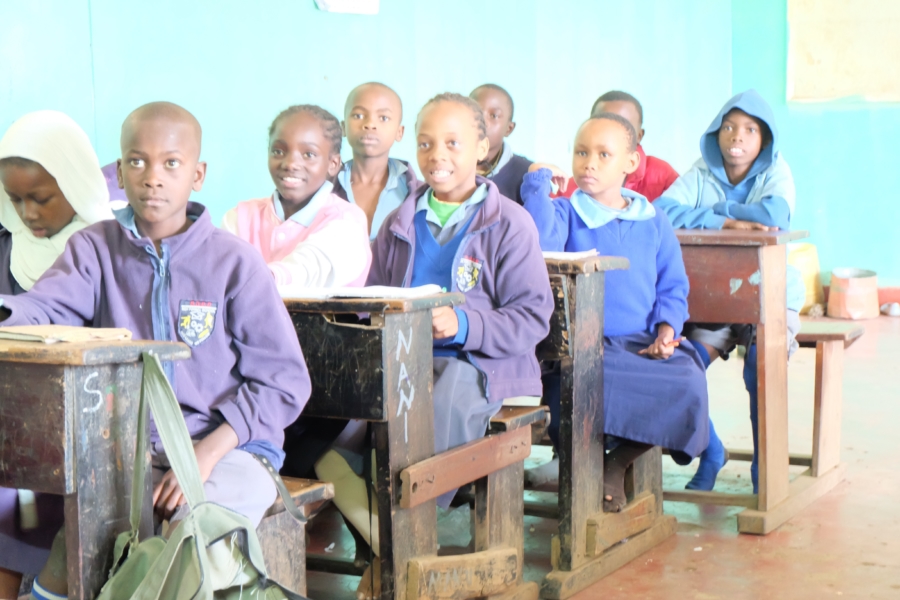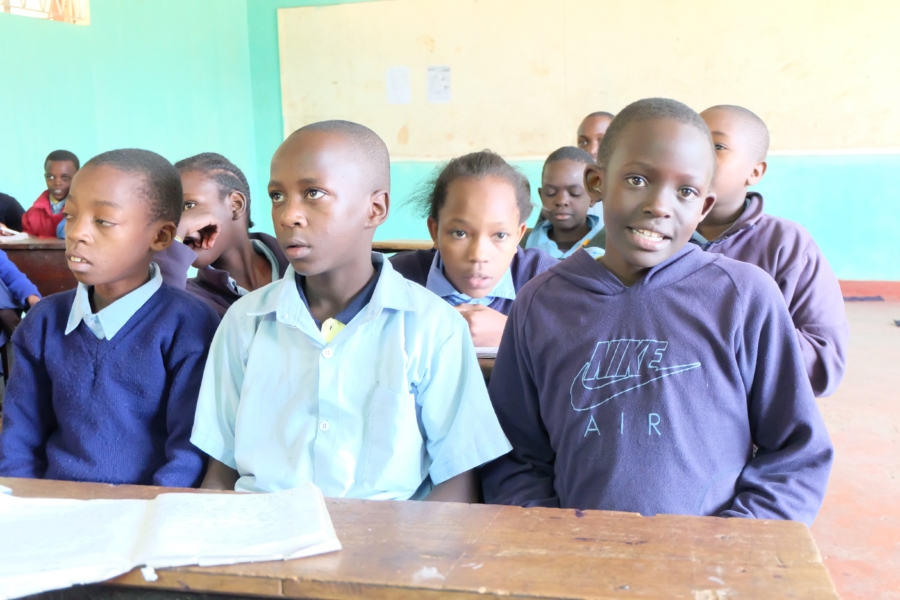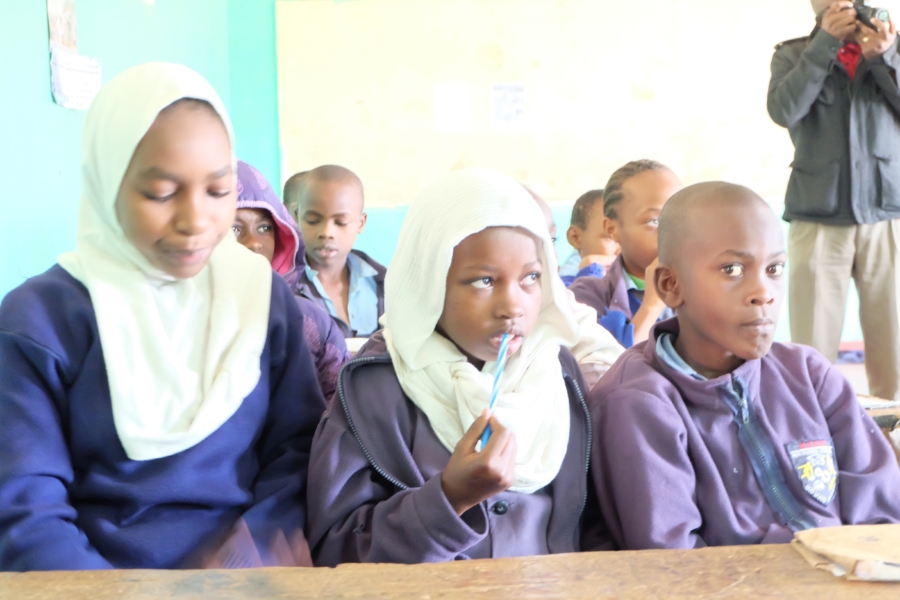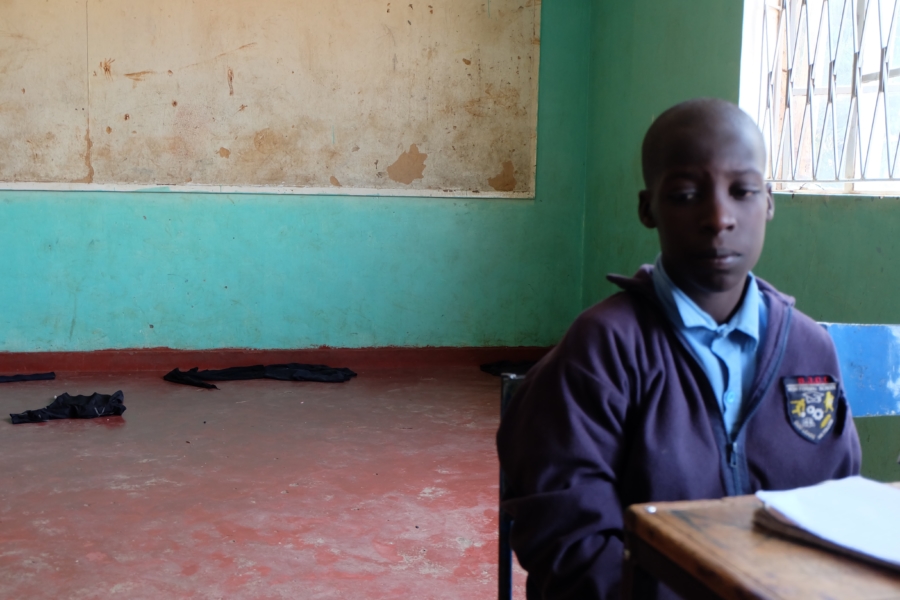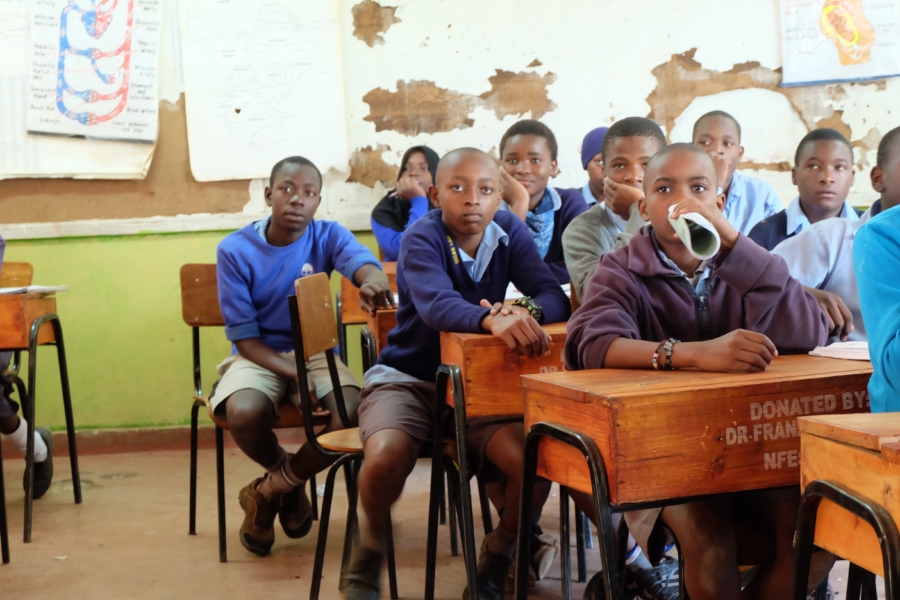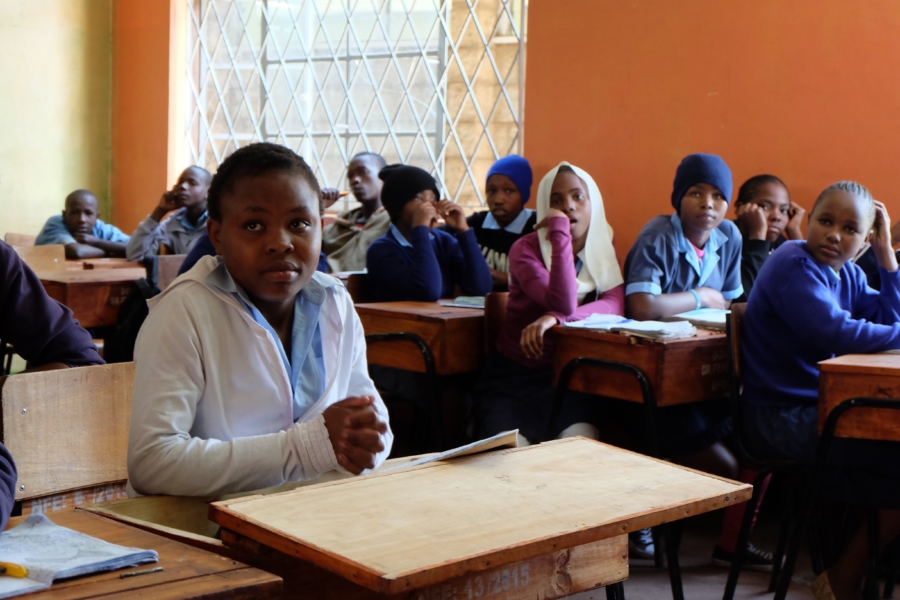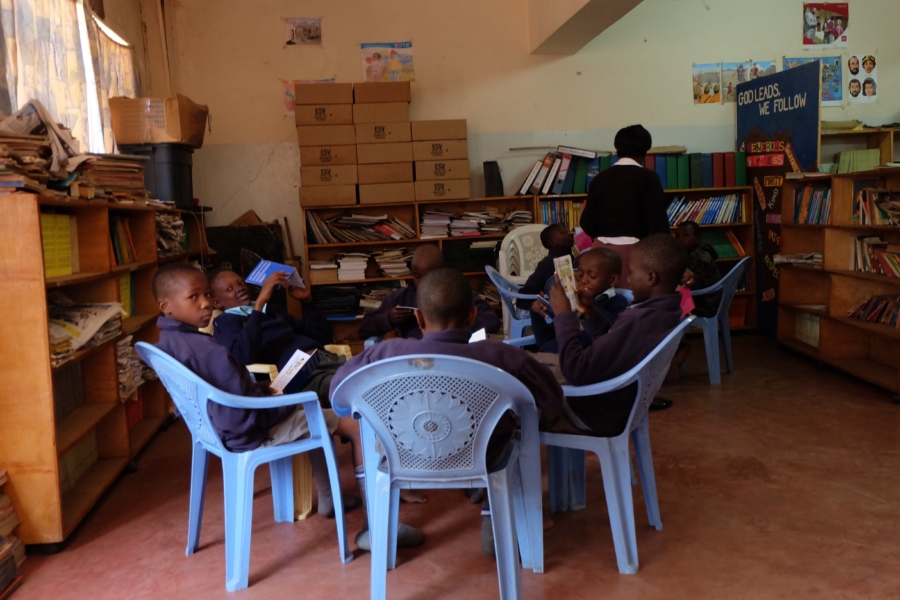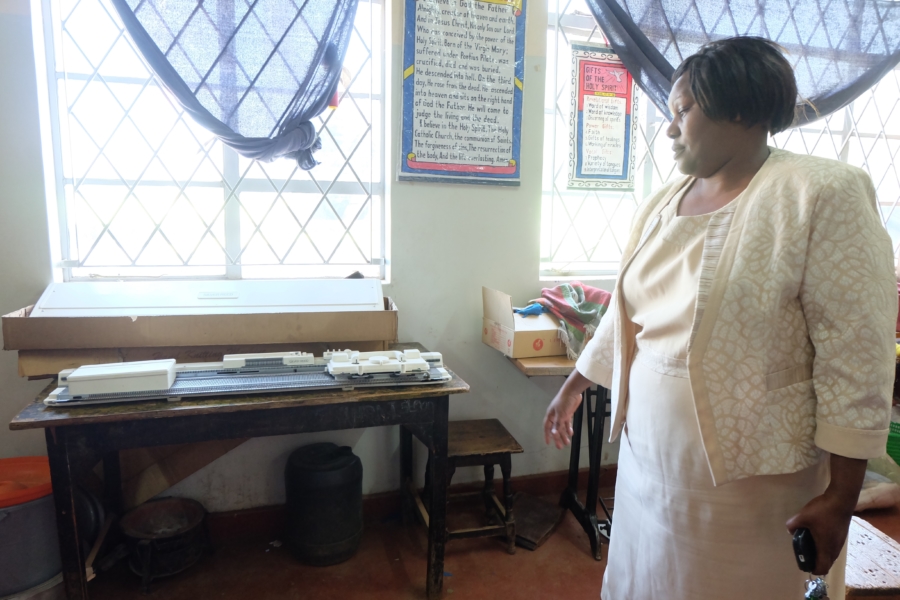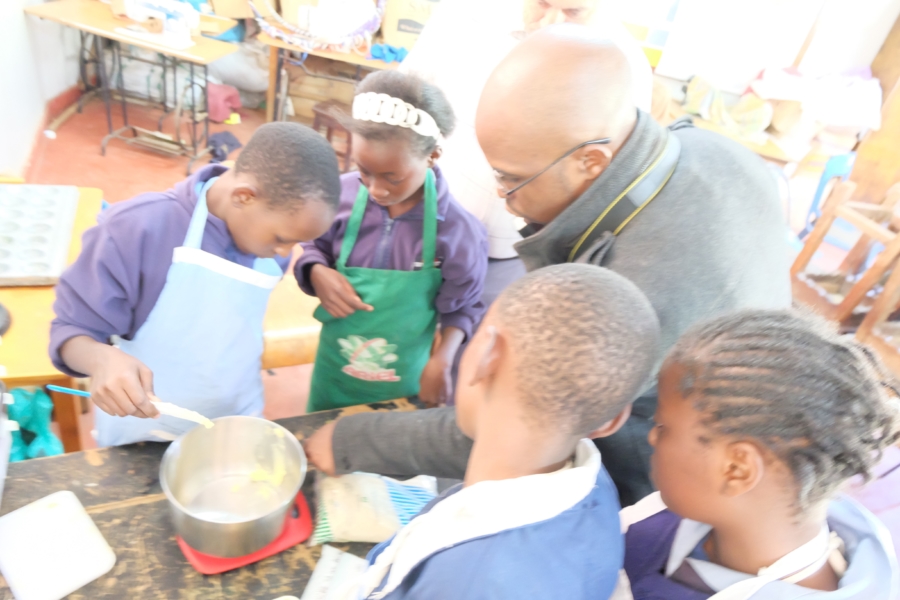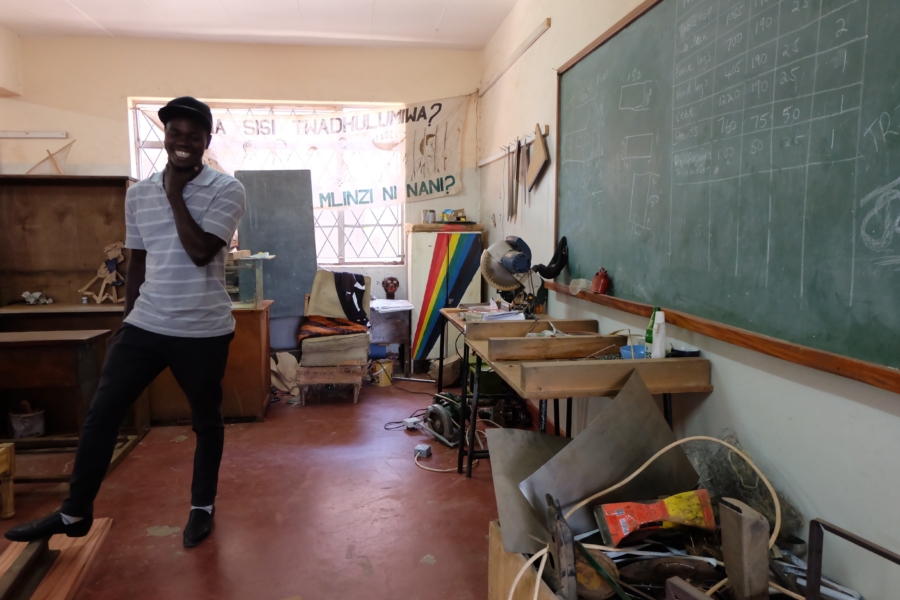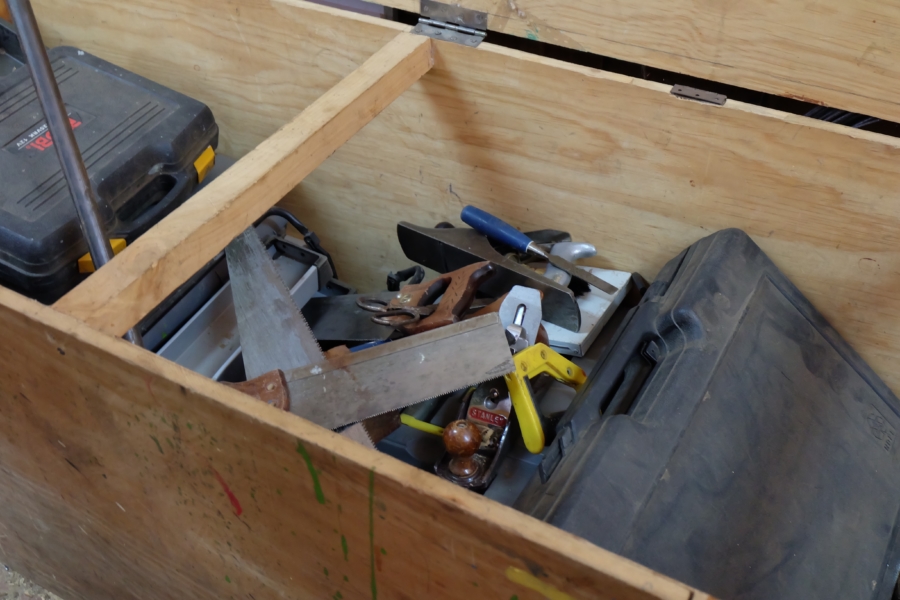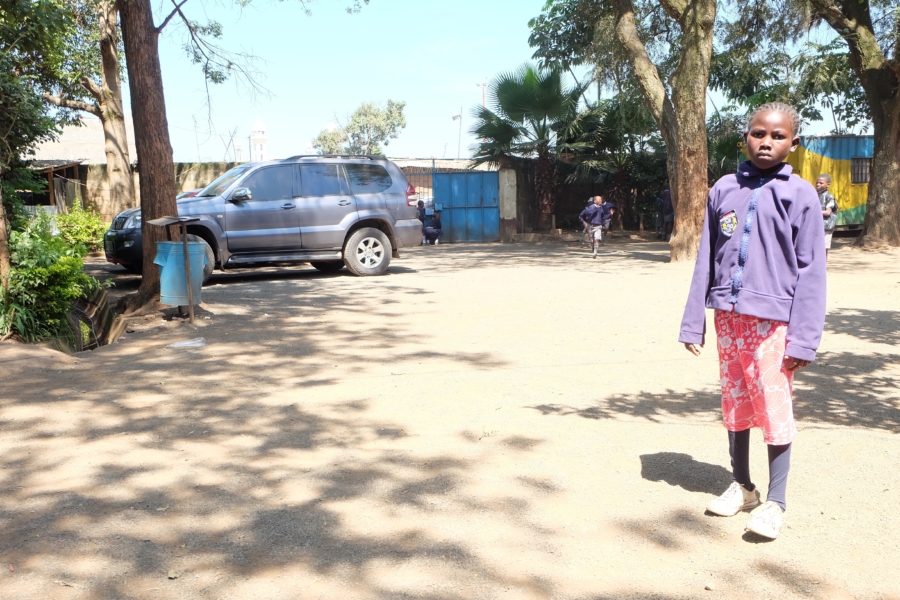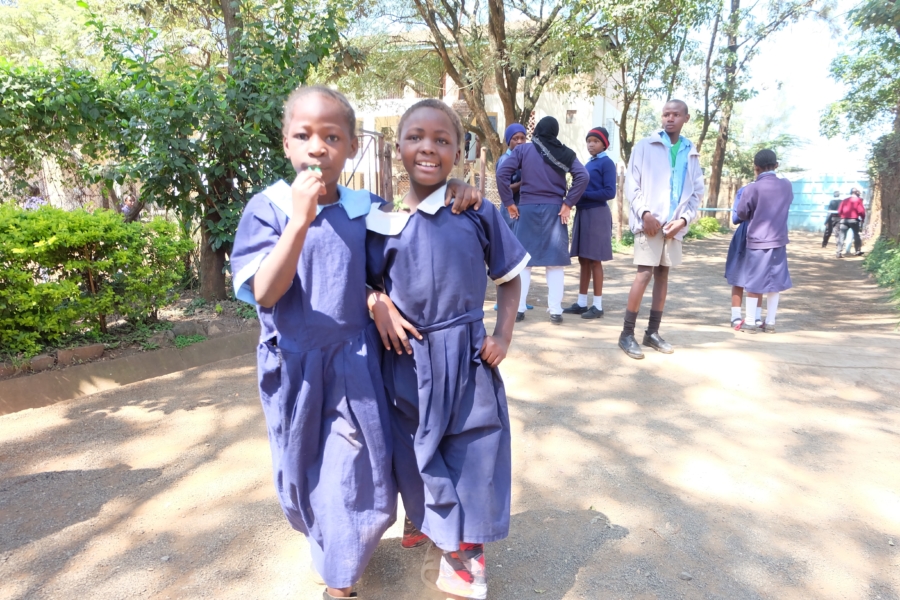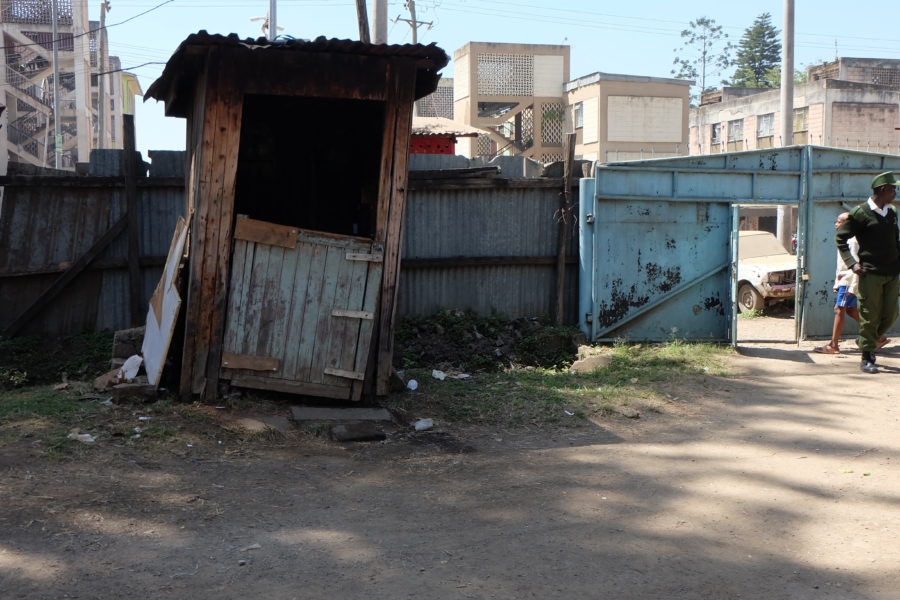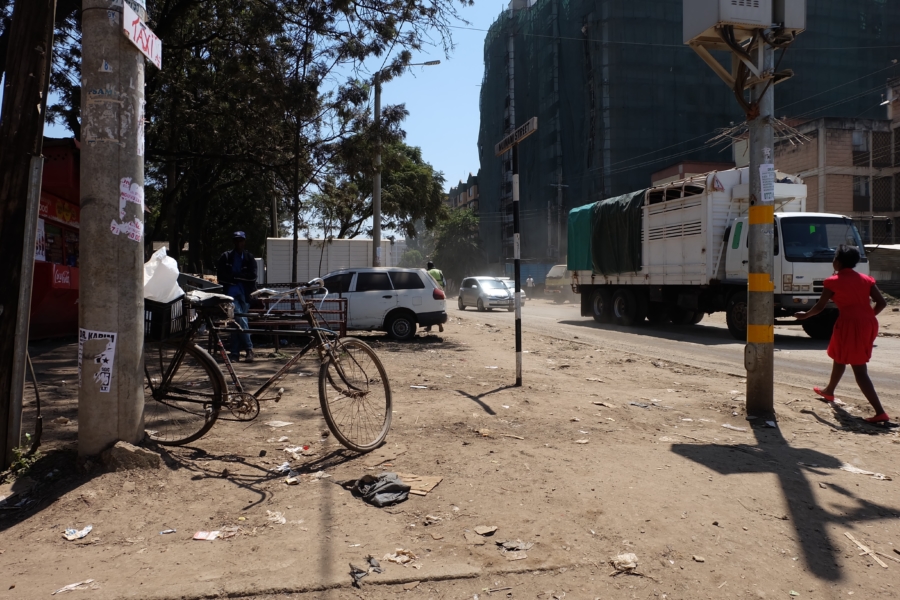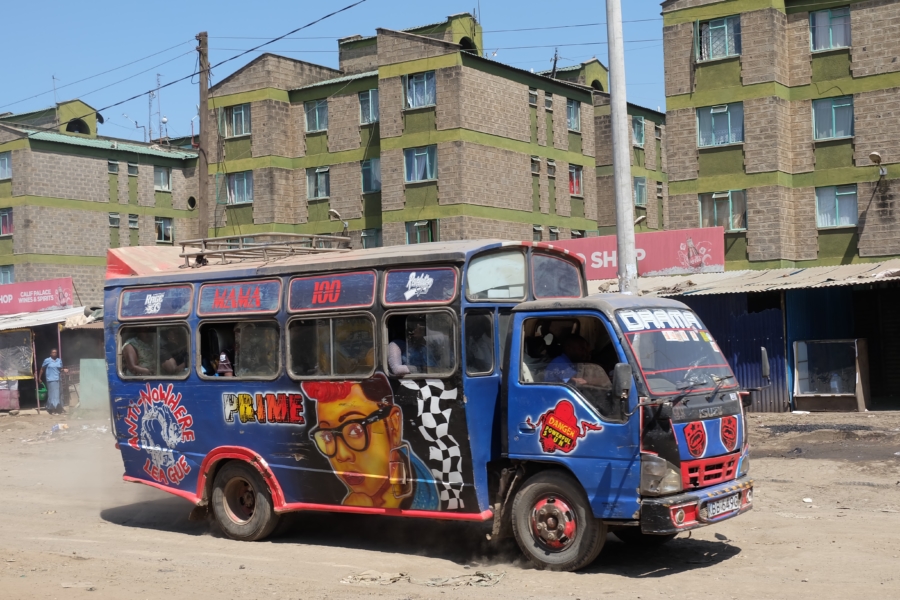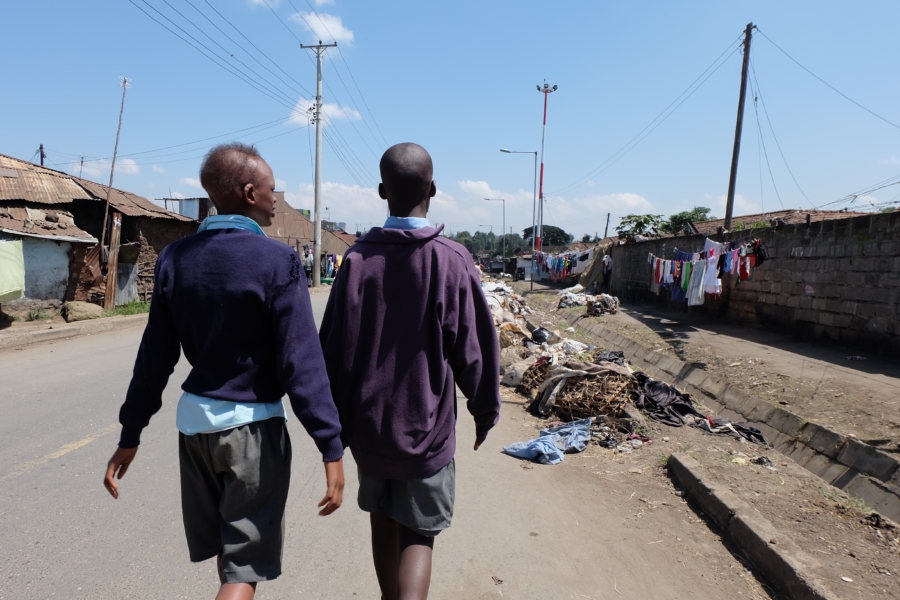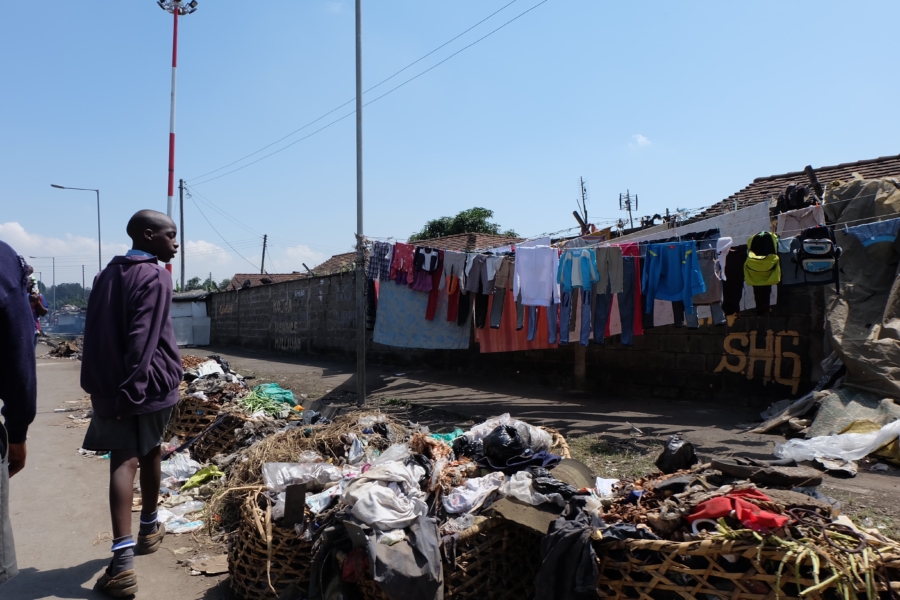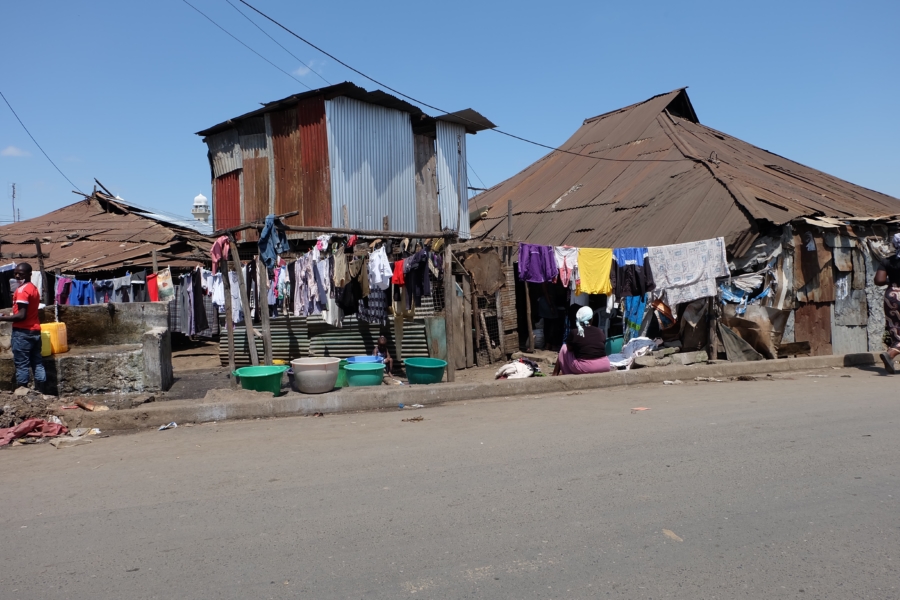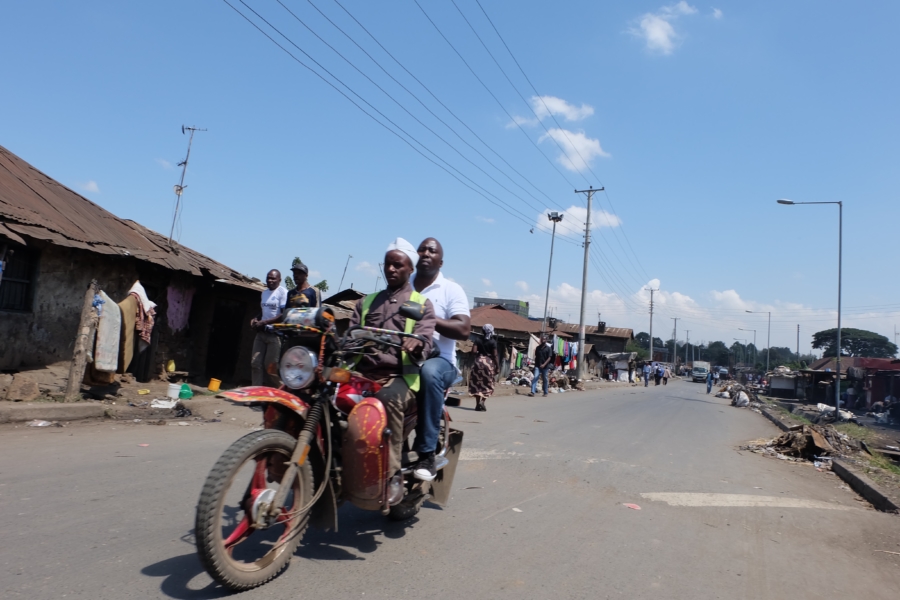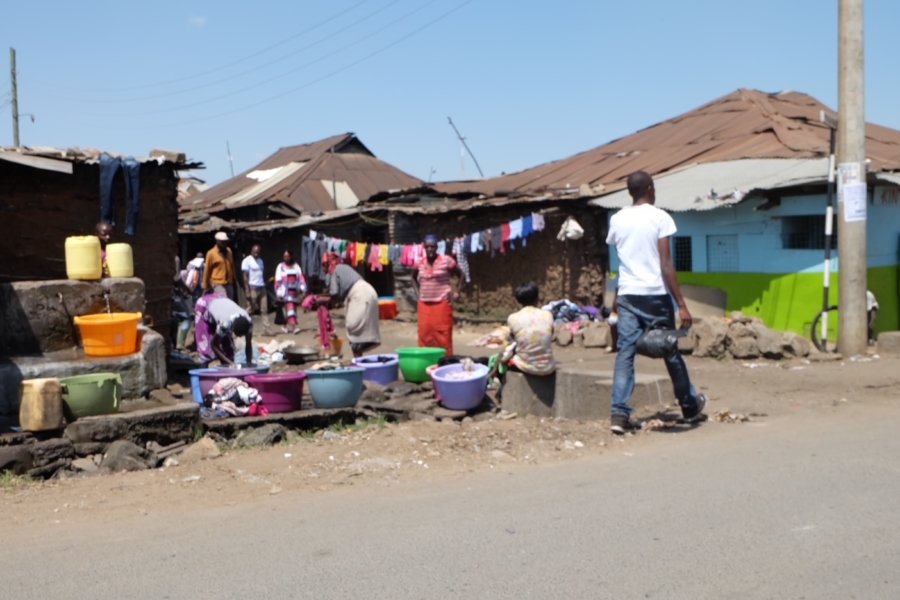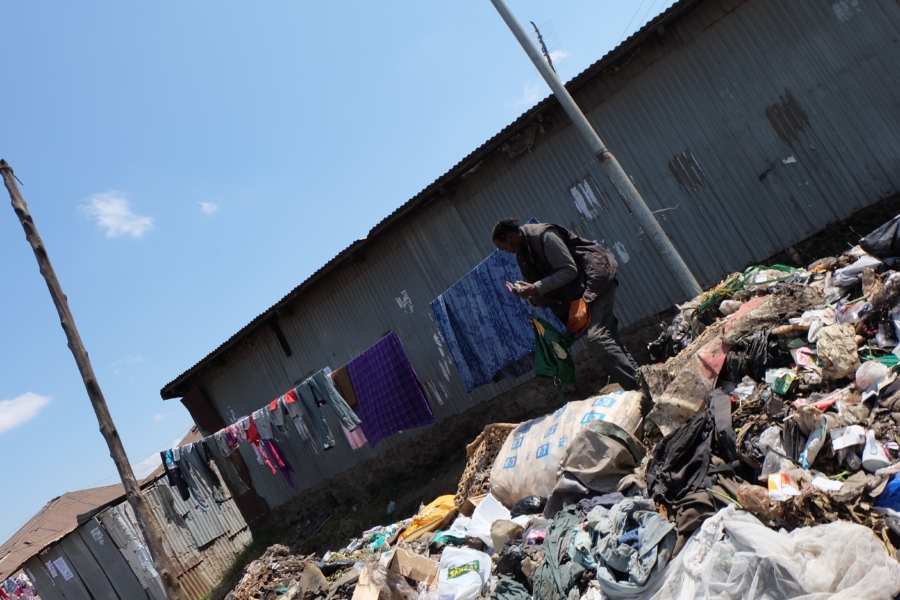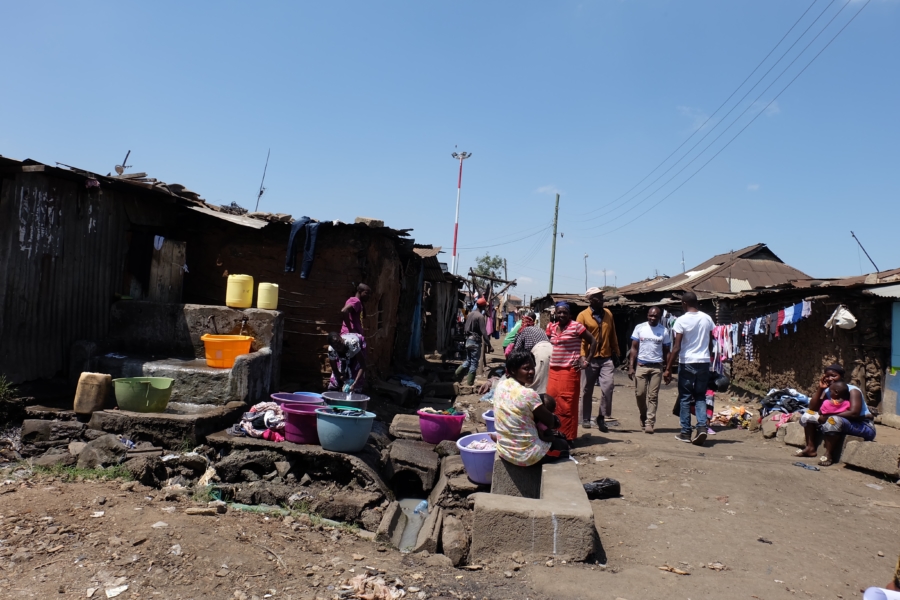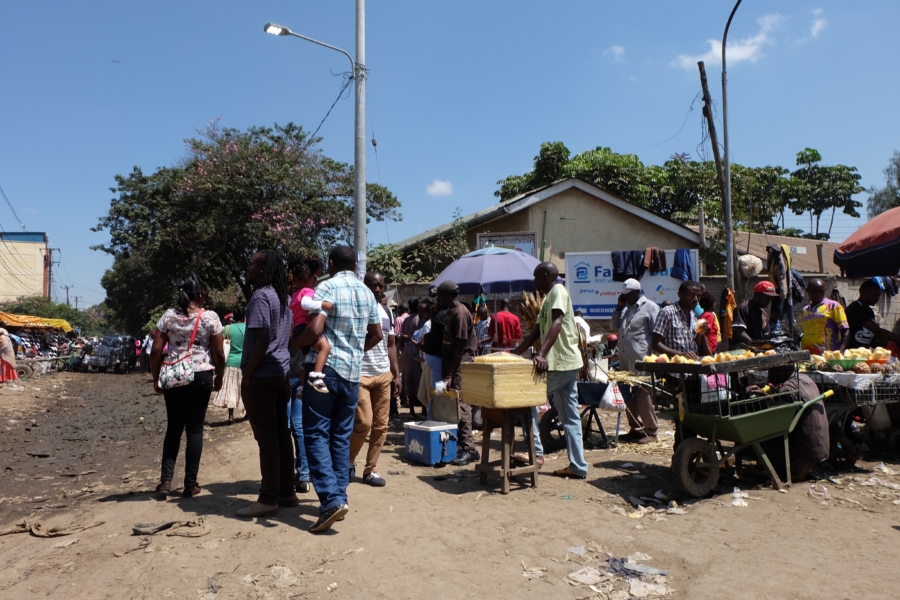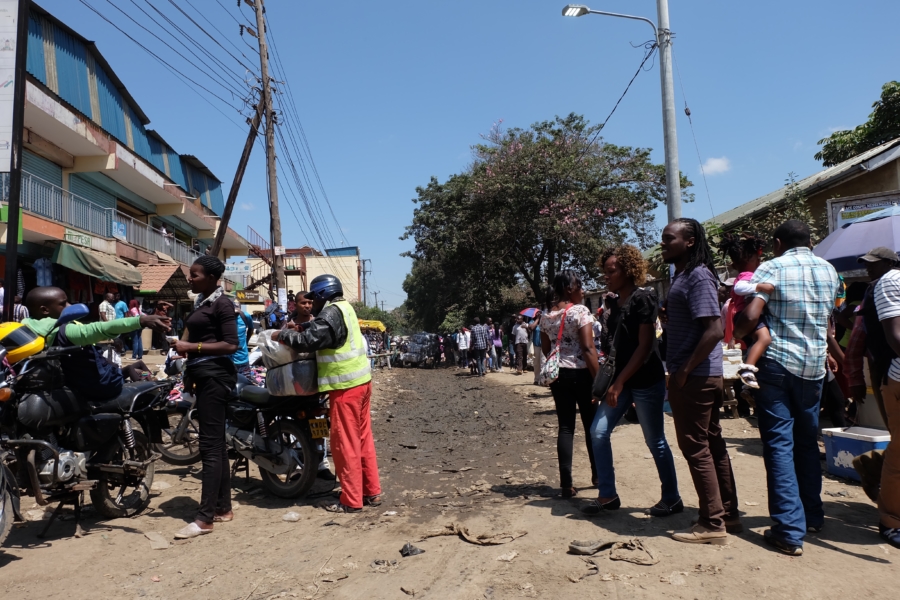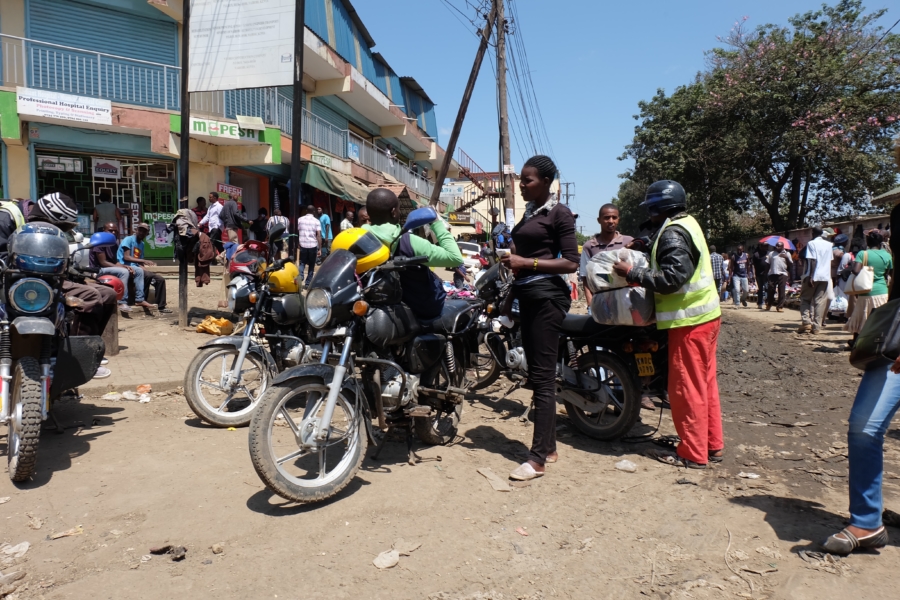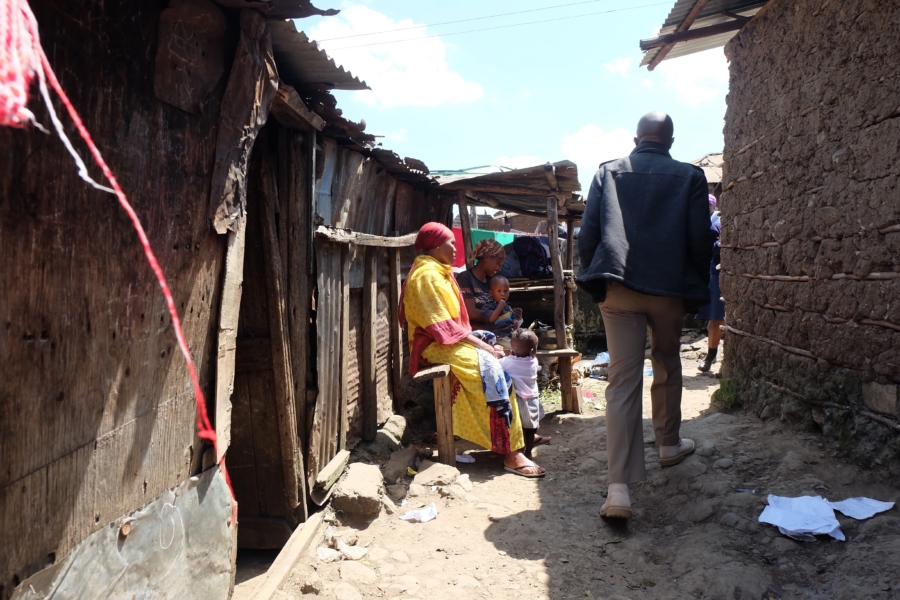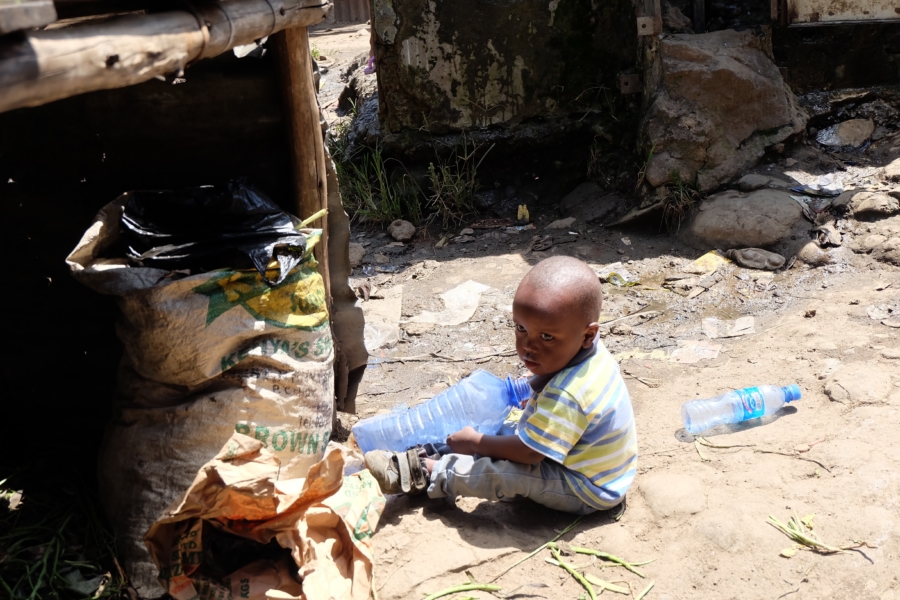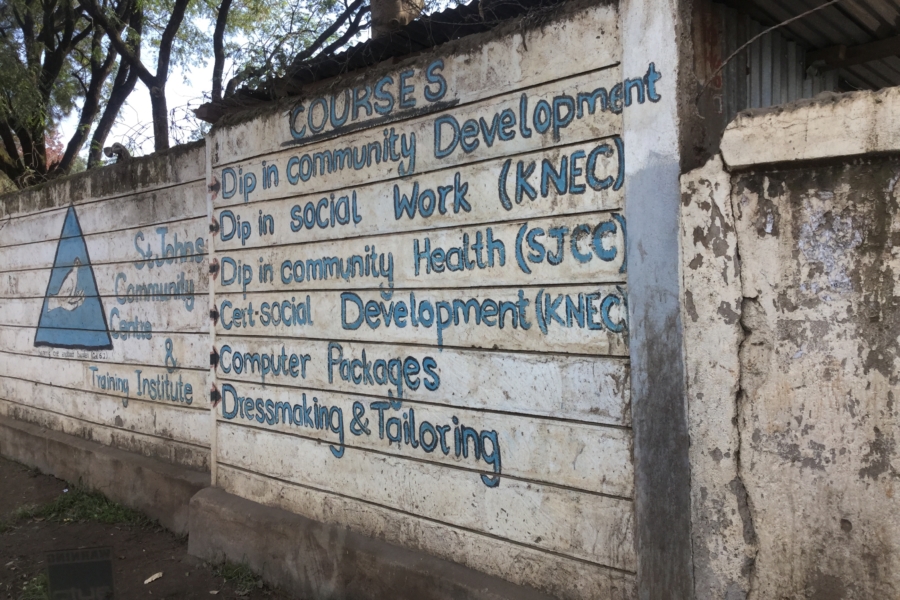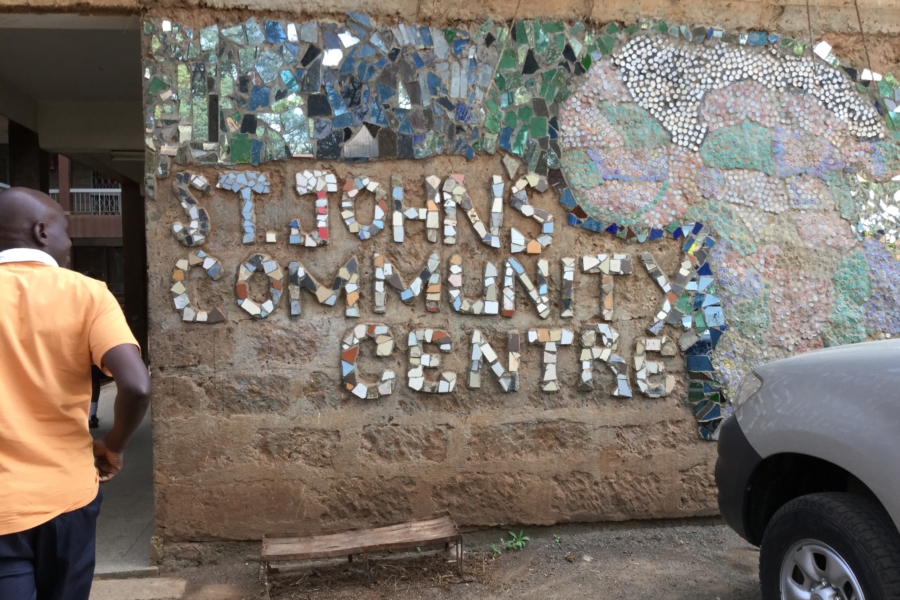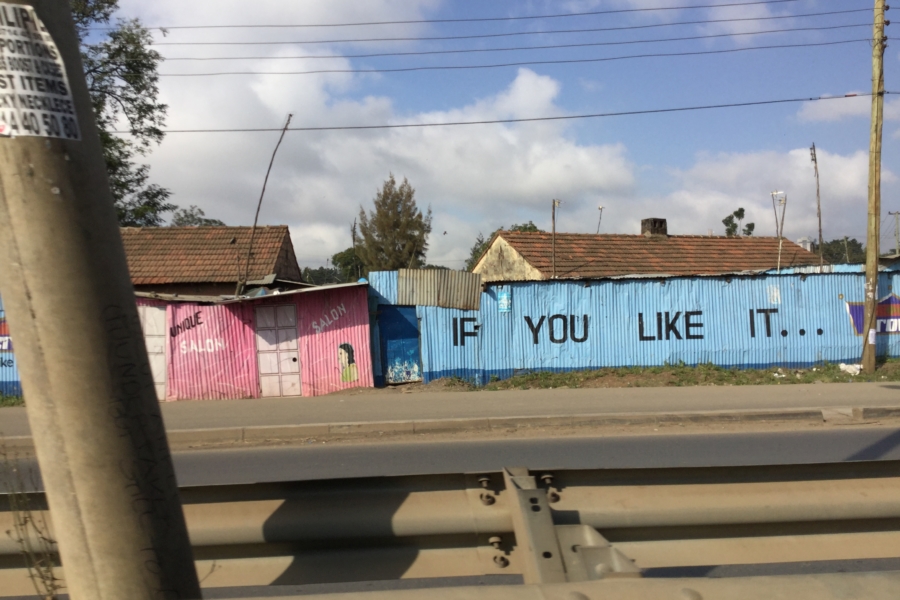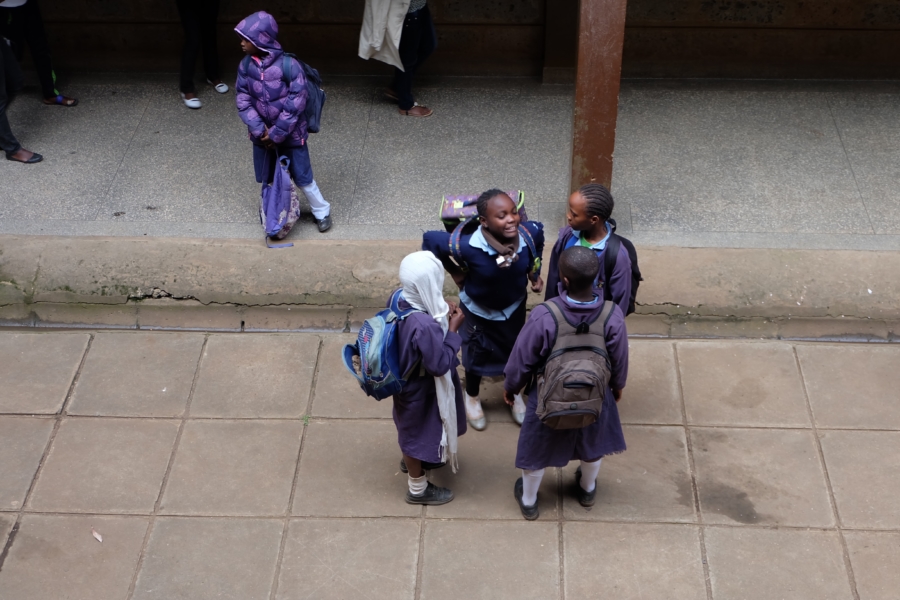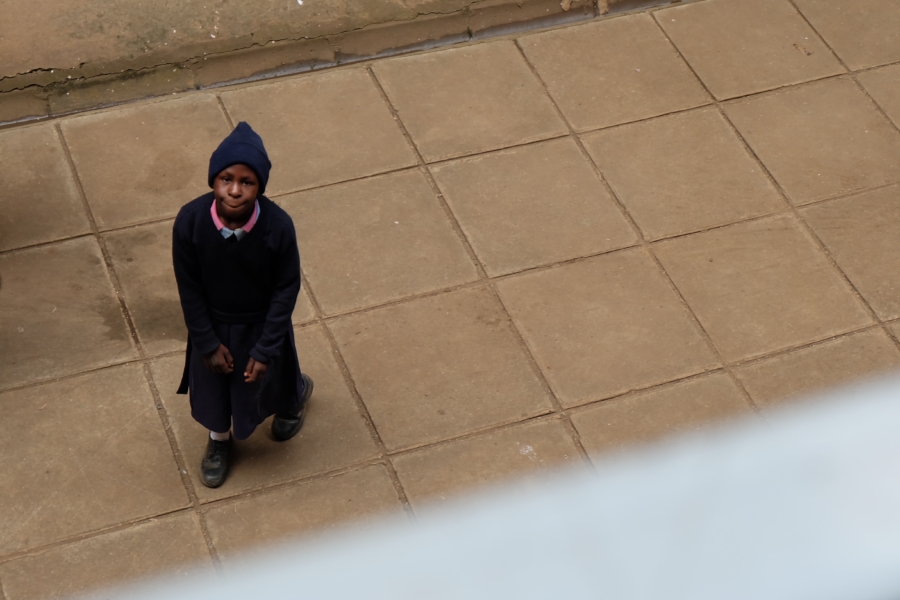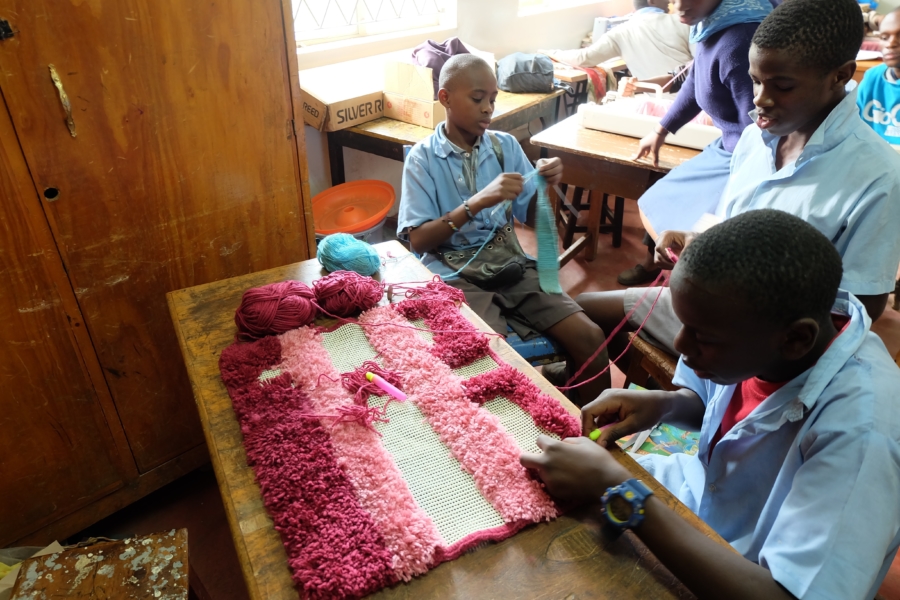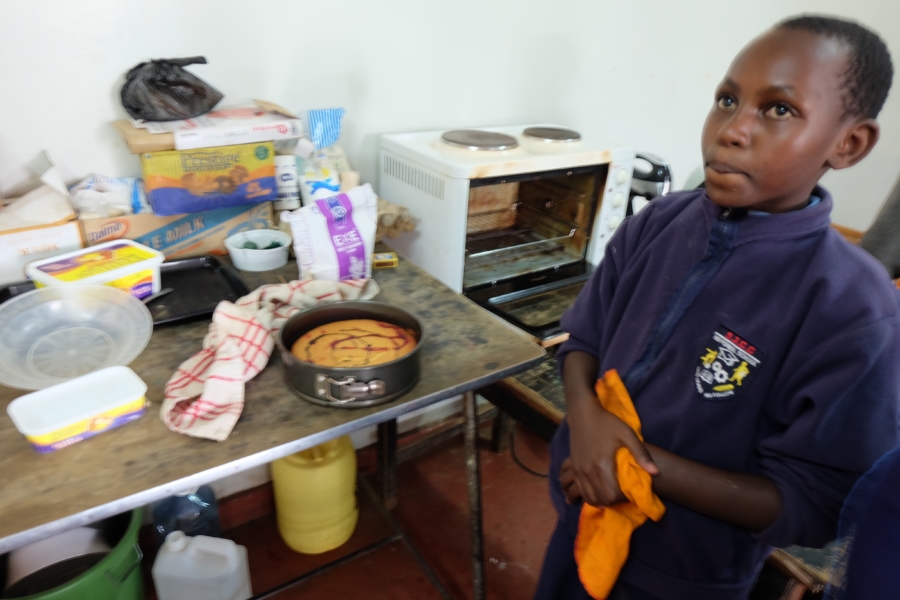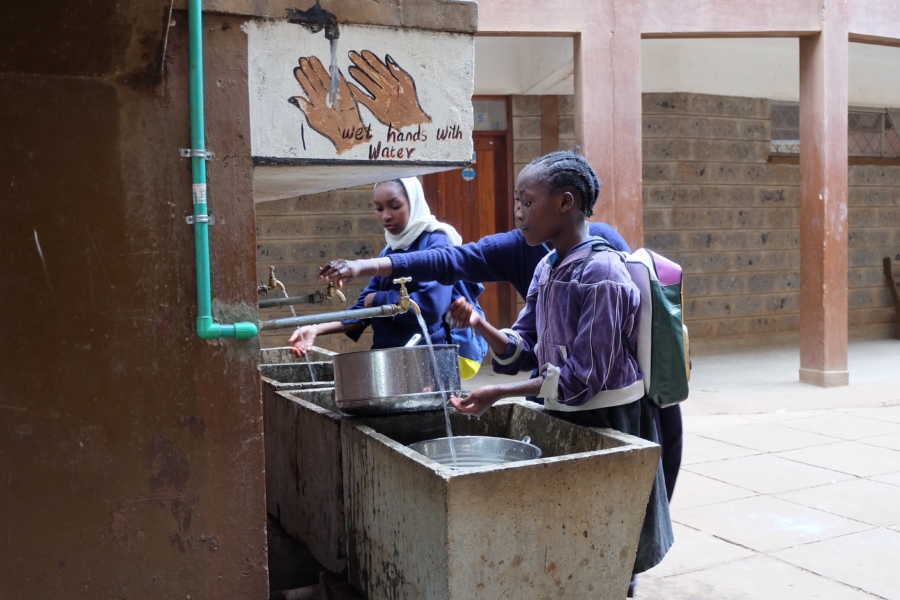It’s not every day that a small nonprofit—even one that’s been around as long as Children Incorporated—finds out that they’re receiving a donation of $1.75 million.
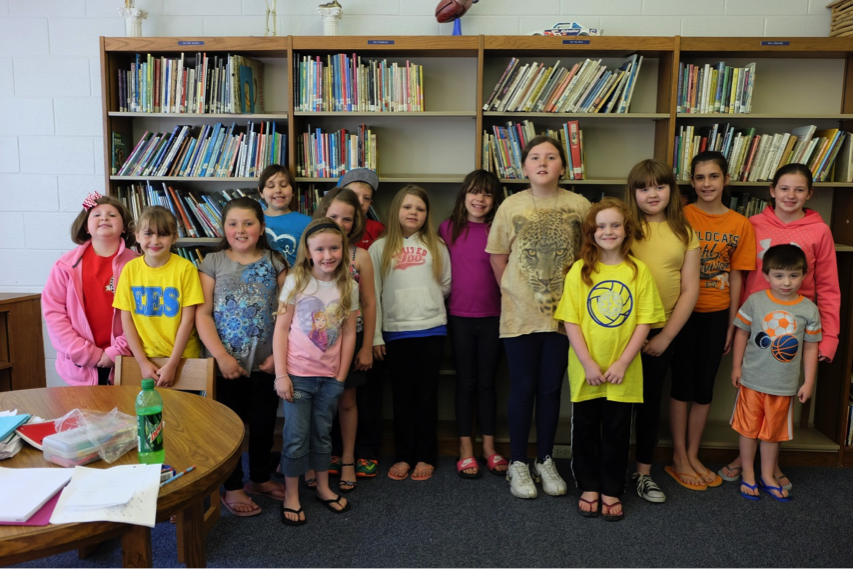
Thousands of children will benefit from Mr. Foy’s donation.
I suppose that’s why I remember the day so well. We had been saddened in 2015 to hear of the death of Mr. Glenn Foy, an engineering innovator and adventurous spirit who had passed away at such a young age — just 59 years old — in a private plane accident. I had spoken to him only once, a few months before his death, and remembered him as a kind soul, committed to what we do, and a regular sponsor over the last decade. It wasn’t unusual for Children Incorporated to receive a bequest, although most tend to come from sponsors who have a much longer history with our organization.
Mr. Foy’s law firm informed us that we’d be receiving 28 percent of his estate to help children however we saw fit, which certainly made my eyes widen. It seemed like a large percentage for such a relatively recent donor.
The magnitude of Mr. Foy’s generosity has allowed us to go to new places, accomplish much, and impact the lives of not just children in need, but their families, their communities, and in some cases, generations to come.
But on the day we learned how that 28 percent translated into real dollars — 1.75 million of them to be exact— I was struck truly speechless.
Glenn Foy was an adventure-seeker, a cycling enthusiast, an aviator, a lover of life. His annual contributions impacted the lives of eight children over several years, but he was quietly generous, preferring not to receive attention for his philanthropy. His supportive family, I hope, will indulge me the attention I want to give to him now.
The magnitude of Mr. Foy’s generosity has allowed us to go to new places, accomplish much, and impact the lives of not just children in need, but also their families, their communities, and in some cases, generations to come.
Our Hope In Action Fund is, essentially, money set aside to use in tackling an ever-growing list of programs to support, centers to build or improve, and projects to get off the ground. We chip away at it, sometimes even making great strides; but this year, we turned so much of that hope into impactful, measurable action.
Glenn Foy’s Legacy in Action
Pinagpala Center, Philippines
Because of Mr. Foy’s gift, we were able to construct a two-classroom daycare center in Tagaytay City, Philippines. Mothers in this struggling area now have a safe place to leave their children as they seek employment or go to work. Every day, you can find children learning and playing at Pinagpala Center, which also provides a nourishing feeding program to improve the health of each child.
Marching Band and Classrooms at Juan Apostol, Guatemala

Children in Guatemala will benefit from new musical instruments.
School and community leaders in Guatemala City have come up with a unique way to encourage student participation in school—the Juan Apostol Marching Band. This band’s talents have become known throughout the country, and playing in the band has become the goal for so many students, which, in turn, encourages students to apply themselves academically (you have to show an “A” grade average before you are eligible to participate; Mr. Foy’s gift allowed us to purchase instruments for the band). At the same school, we also built two new classrooms.
Fruit and Vegetable Garden Program, Ethiopia
Multiple generations will benefit from the produce-bearing garden at Kids Hope–Ethiopia. The community surrounding the center is desperate for agricultural knowledge and supplies. Not only will this garden provide food for the children who attend Kids Hope, but it will also serve as a learning experience for the community.
Biofuel Plant, Kenya
This year, we were able to build a biofuel plant at Maria Immaculata school in Nairobi. Biofuel means energy taken from burning the gases emitted from organic matter – in this case, cow manure. It sounds unpalatable, but these enterprising Sisters figured out a way to keep their costs lowered and introduce more sustainable solutions. And we were there to help.
Dandora Medical Clinic, Kenya
The Dandora Community Center holds a special place in our hearts, and renovating their medical clinic helped the center make huge gains in Nairobi. Attendance is booming, which means healthier children and healthier families. Healthy kids spend more time in school, which leads to better-educated generations, which leads to a brighter future for the whole community.
Water Purification Plant, Kenya
At St. Nicholas School in Msamaria, Mr. Foy’s gift allowed us to move forward with plans to repair a water purification plant. The school’s commitment to self-sustainability keeps costs low while teaching children valuable life skills.
Student Attendance Program, Kentucky
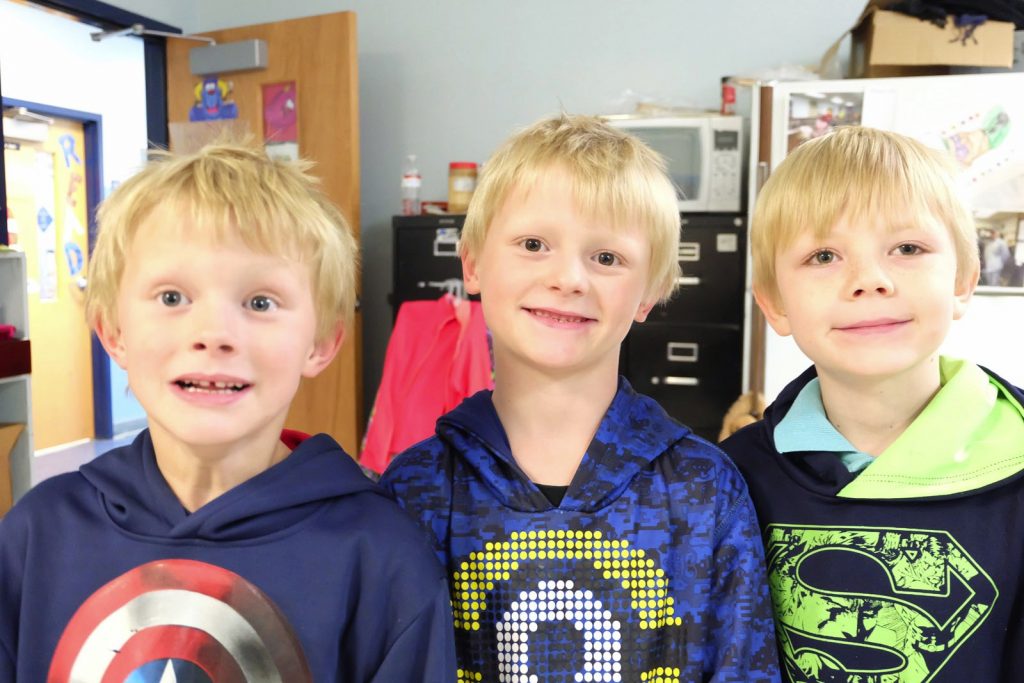
Students in Kentucky will benefit from Mr. Foy’s donation.
At Martha Jane Potter Elementary School, one volunteer coordinator hit upon an idea for a motivational program that would help encourage attendance. Until that point, attendance had been sporadic at best, particularly during standardized testing. We funded the program, the experiment worked, and we expect the school to try it again next year.
College/Career Awareness Program, Kentucky
Rural Kentucky has a tough time in their struggle with poverty, and we find a lot of the same problems in our country’s rural poor areas as we do abroad. Children without resources, struggling their best to survive, when just orienting them towards other futures often makes a lasting impact. We helped a coordinator at Carr Creek Elementary School establish a program that exposes children to various careers, takes them on tours of community colleges, and even helps their parents with career readiness.
After-School Program, New Orleans
The Encore Academy wanted a way to increase its students’ academic success and social and emotional well-being, and they found it through homework assistance and enrichment activities including computer coding and expressive writing. We proudly funded this program, which also includes gifts of clothing-and now thirty participants are benefiting from it. Gifts of books for the school library extend the program’s impact to the entire student body.
Disaster Relief, Baton Rouge
We’d planned to work on a project at Friendship Capitol Academy, but when the floods struck this summer, we shifted our focus to disaster relief. Approximately forty children in grades nine through twelve received practical assistance (clothing, food, cleaning supplies, and hygiene items), as well as support, comfort, and motivation to attend school, despite the upheaval of the world that surrounds them.
Kindergarten “Boys Club,” Washington, D.C.
At Lucy Ellen Moten School, a coordinator noticed that kindergarten-aged boys were having trouble adjusting to the routine and the structure of a school day. What’s more, they tended to take their overwhelming feelings out by pushing, hitting, or biting. Early intervention was identified as the key to helping these boys express themselves more healthily.
Making your Own Legacy
Glenn Foy had never seen our Hope In Action Fund list, yet he chose to leave such a substantial amount to an organization he believed in. Why? How could he have known what an impact his gift would make?
We may never know the answer, but I’d guess that it’s because Mr. Foy witnessed the power of much smaller sums. And I’d guess this because I hear it from our sponsors all the time. They love how connected they feel with their sponsored children, and they know they can trust us to address specific and individualized needs for each and every child. It’s that relationship that keeps our donors engaged for lifetimes (there really is a rather extraordinary number of sponsors who have been with us since Children Incorporated began in 1964!).
They love how connected they feel with a child, and they know they can trust us to address specific and individualized needs for that child.
This year, we’ve launched our On the Road series to show the impact of your contributions to the lives of the children we serve around the world. The dispatches are often inspiring; other times, they convey the honest exhaustion and discouragement that come from the burden of poverty. But time and time again, they always find hope.
In this season of gratitude, we urge you to take a few minutes to think about your legacy. Do you have a plan to make what you’ve earned throughout your life count long after you’re gone?
Whether you make arrangements to have the children you sponsor supported until adulthood or whether you’re more interested in donating a lump sum to support our chosen programs the way Glenn Foy did—no gesture goes unnoticed and no effort goes unused.
We approach each new year with hope. In 2016, we were able to turn an unprecedented amount of hope into action. One man’s decision made that possible for children in so many countries around the world. At every level, we’re counting on the continuing generosity of all of our sponsors and donors to keep that momentum going in the years ahead.
***
HOW DO I SPONSOR A CHILD THROUGH CHILDREN INCORPORATED?
You can sponsor a child with Children Incorporated in one of three ways – call our office at 1-800-538-5381 and speak with one of our staff members, email us at sponsorship@children-inc.org, or go online to our donation portal, create an account, and search for a child that is available for sponsorship.


